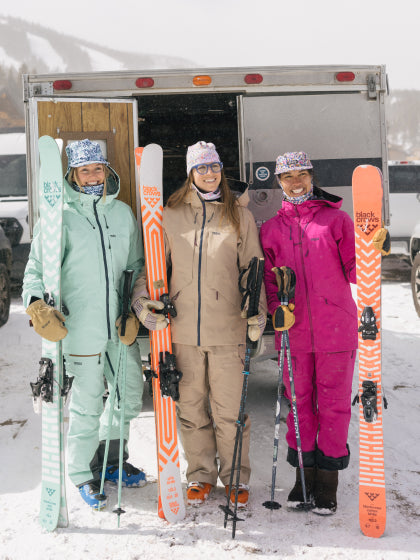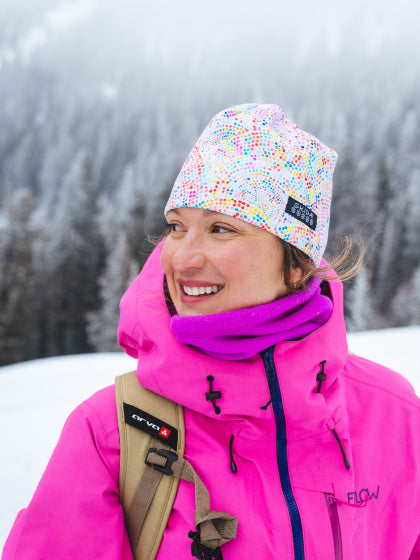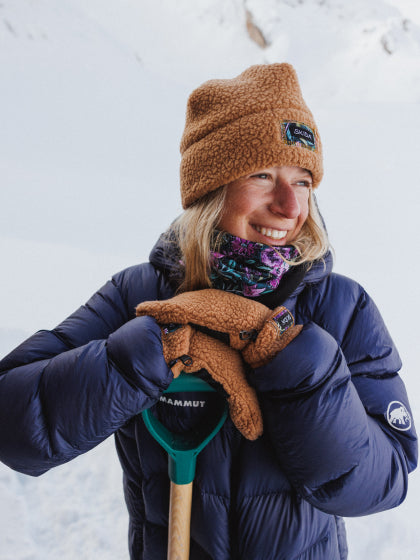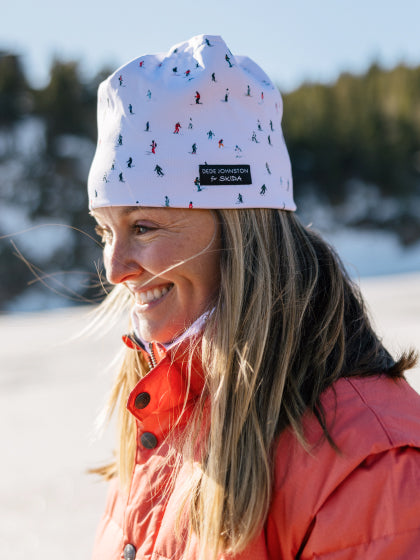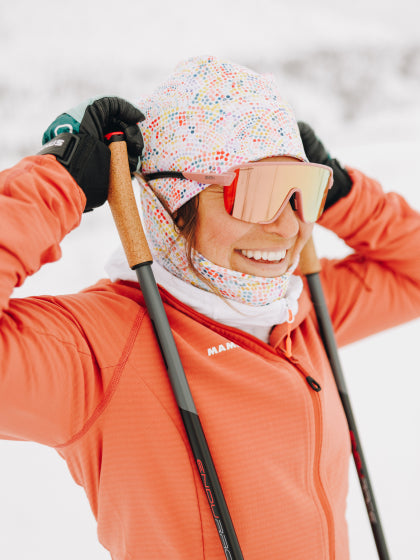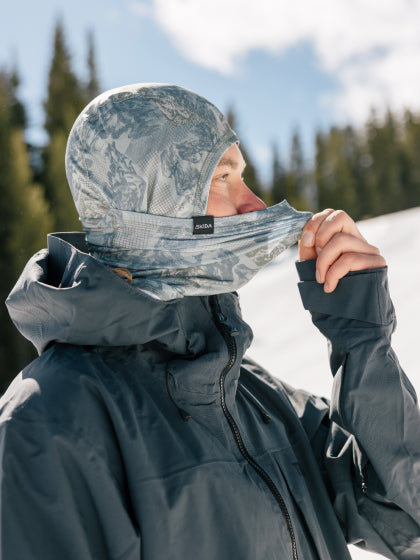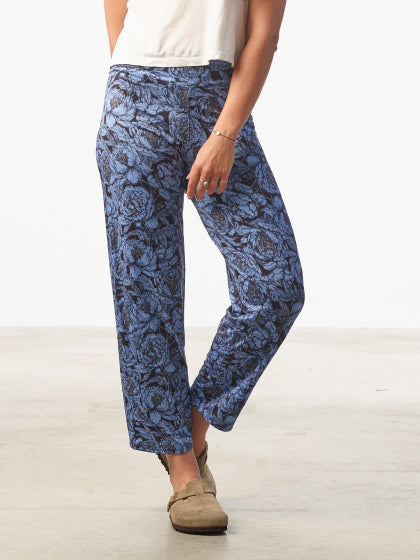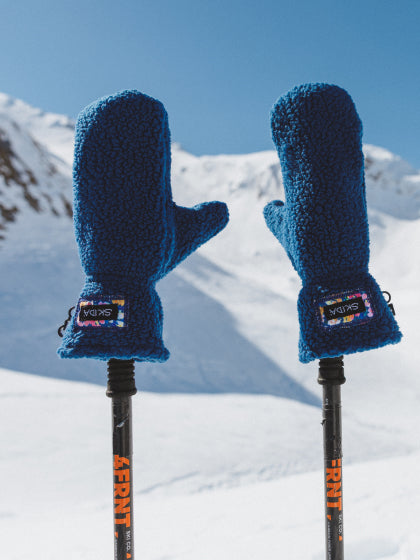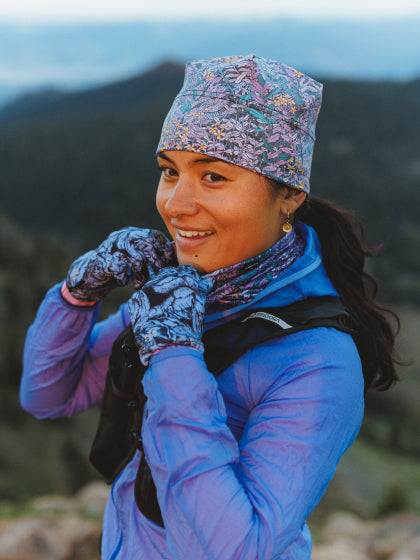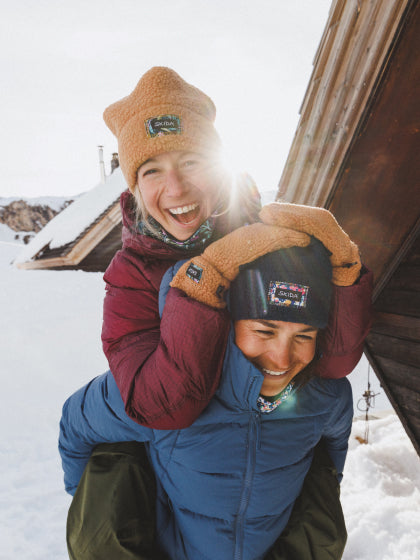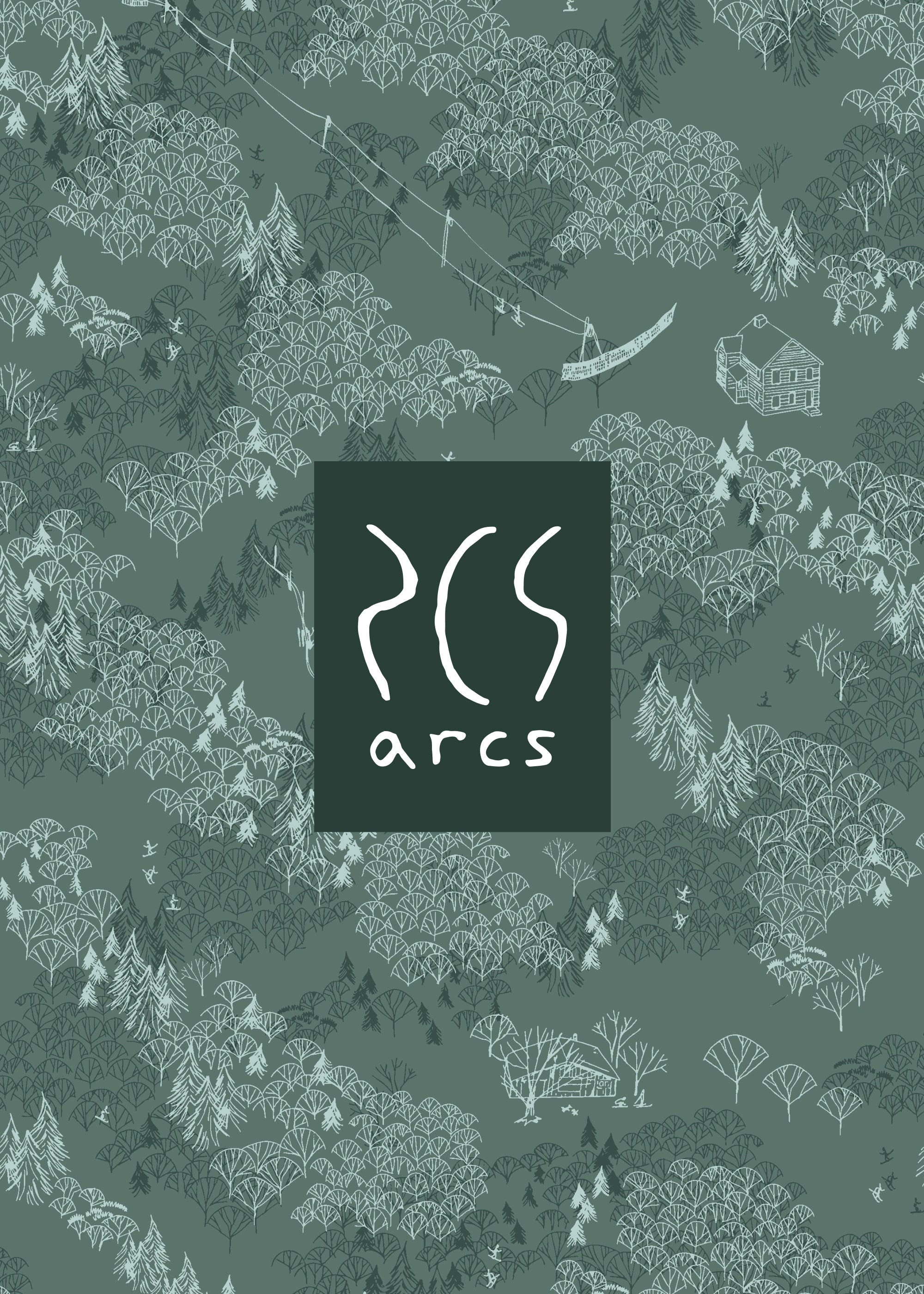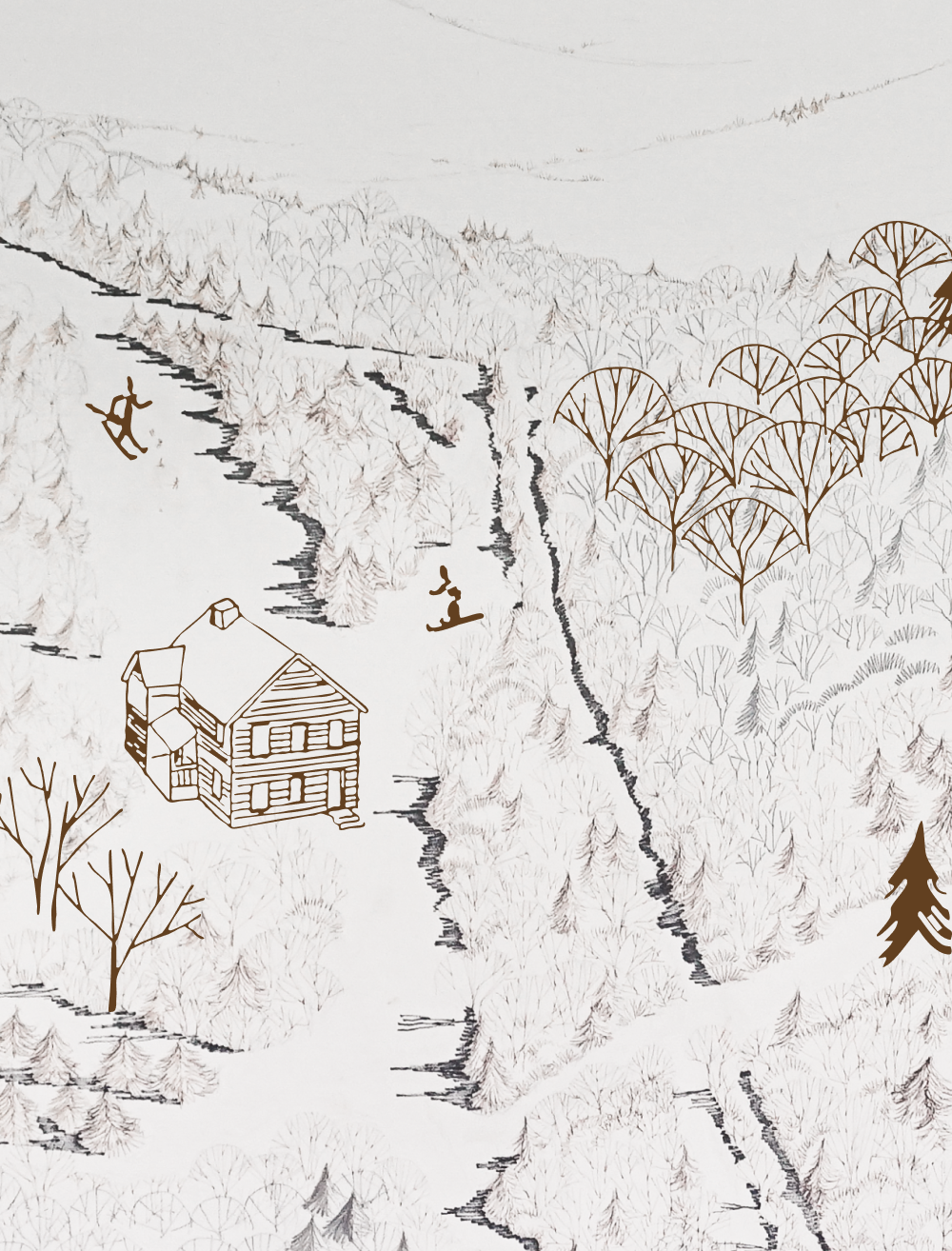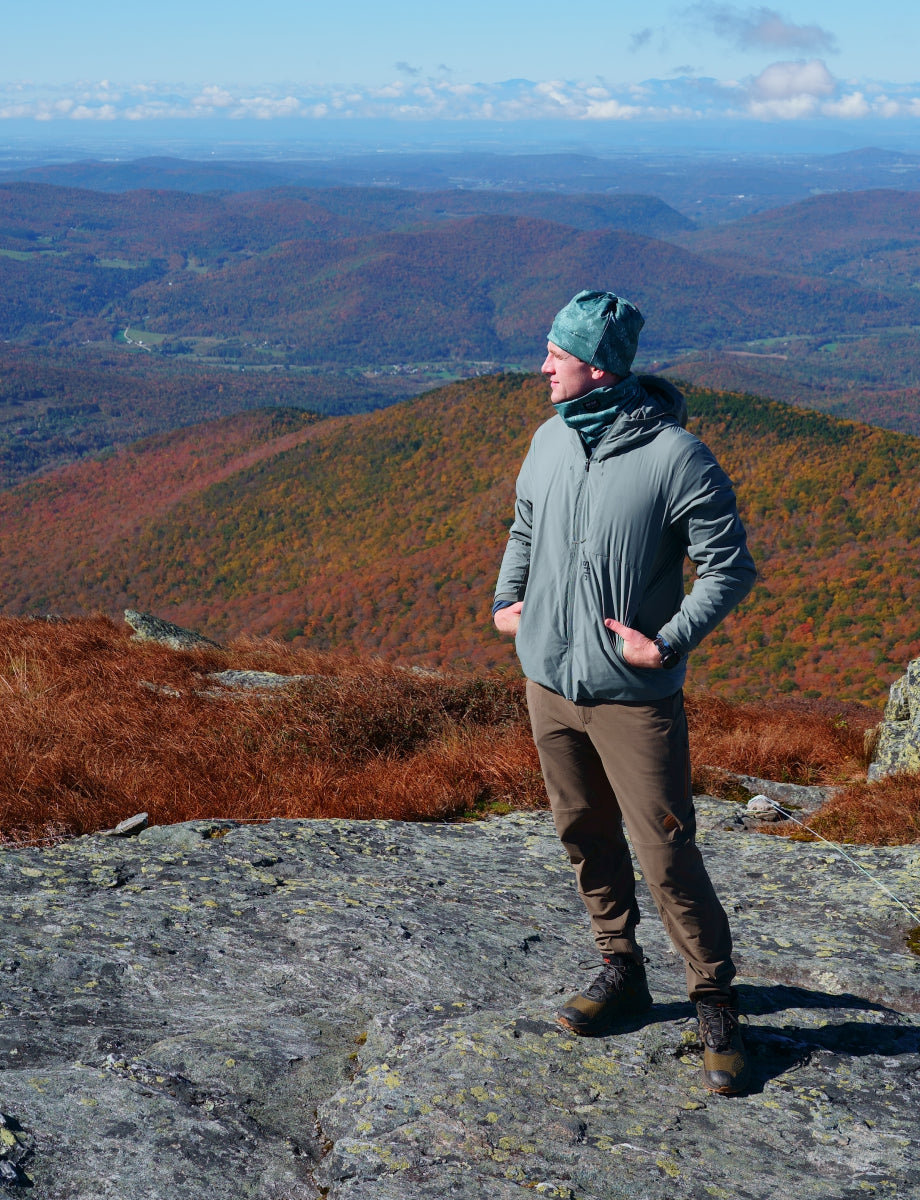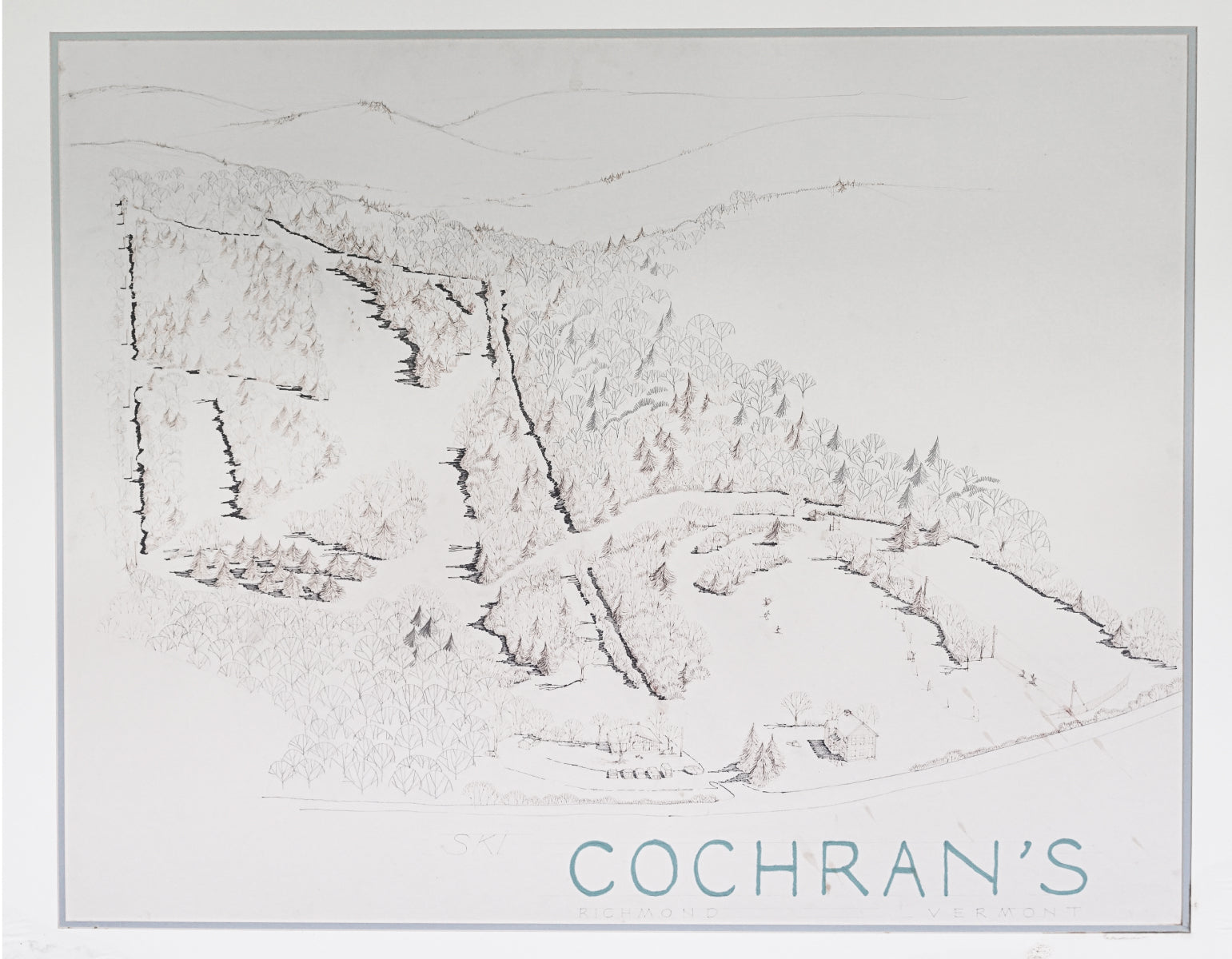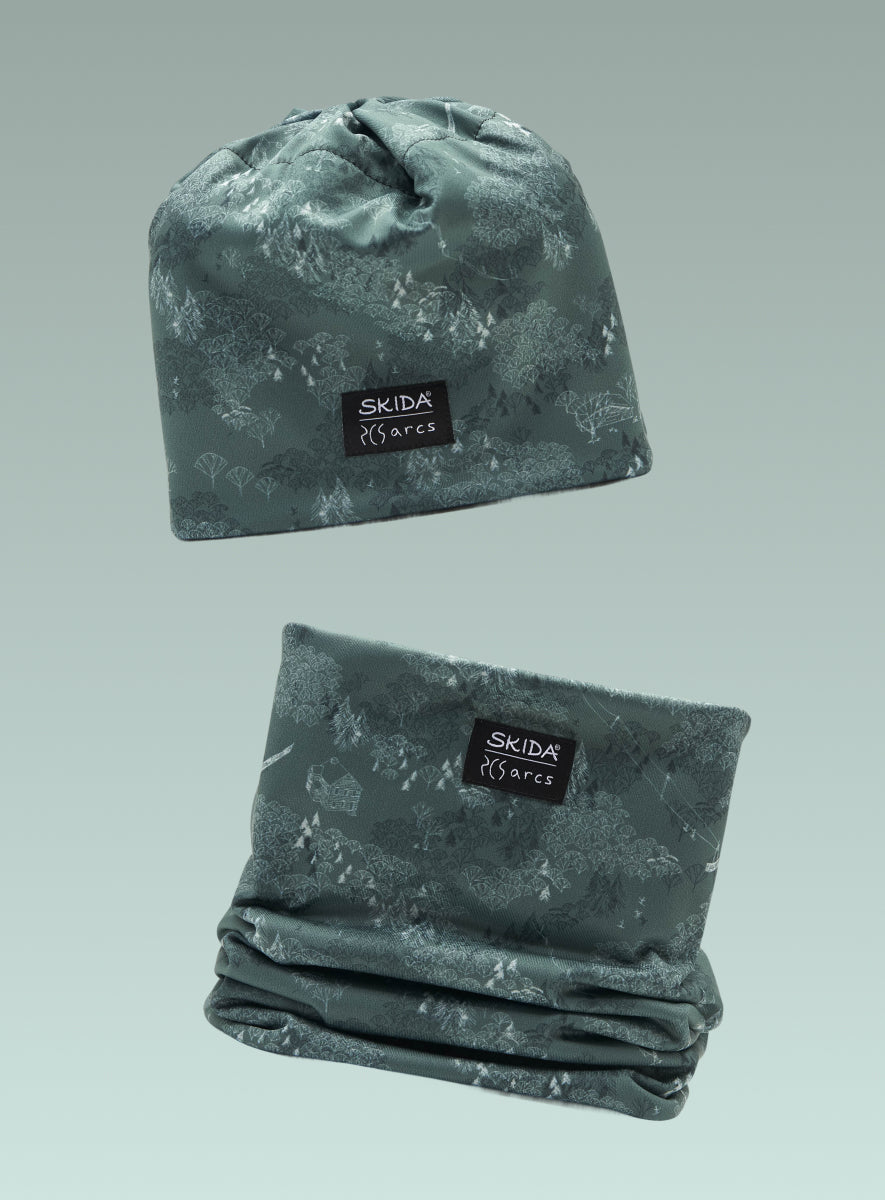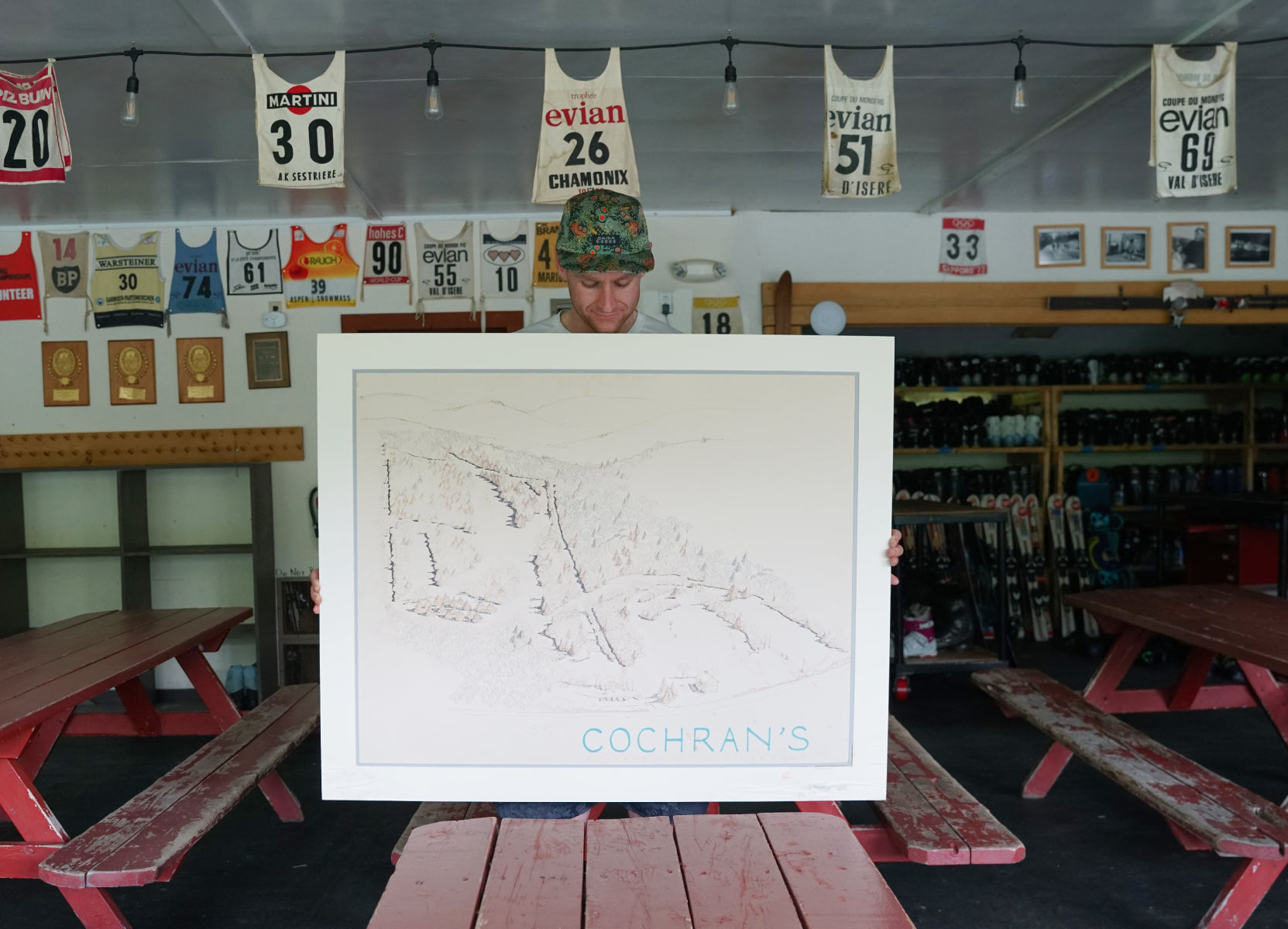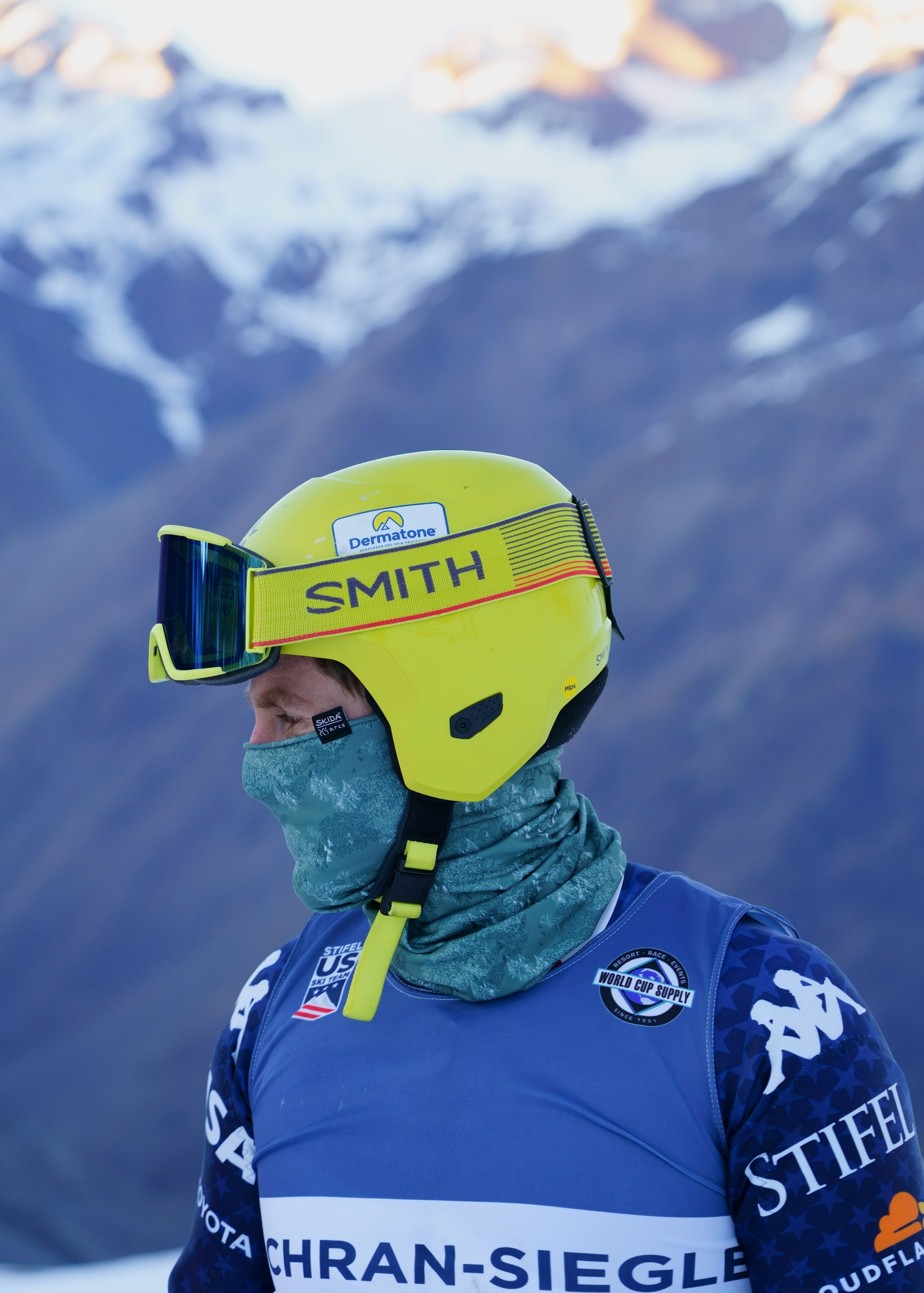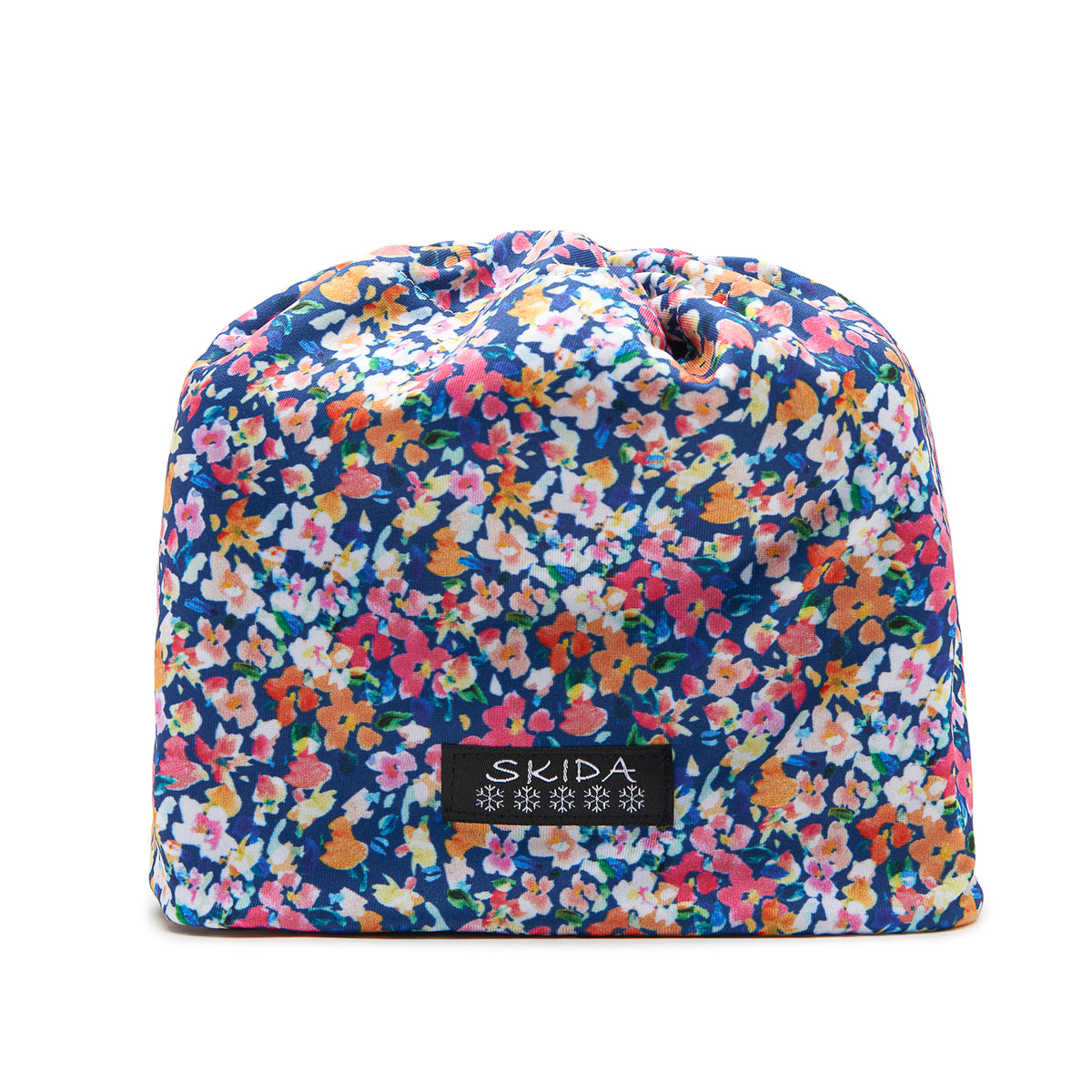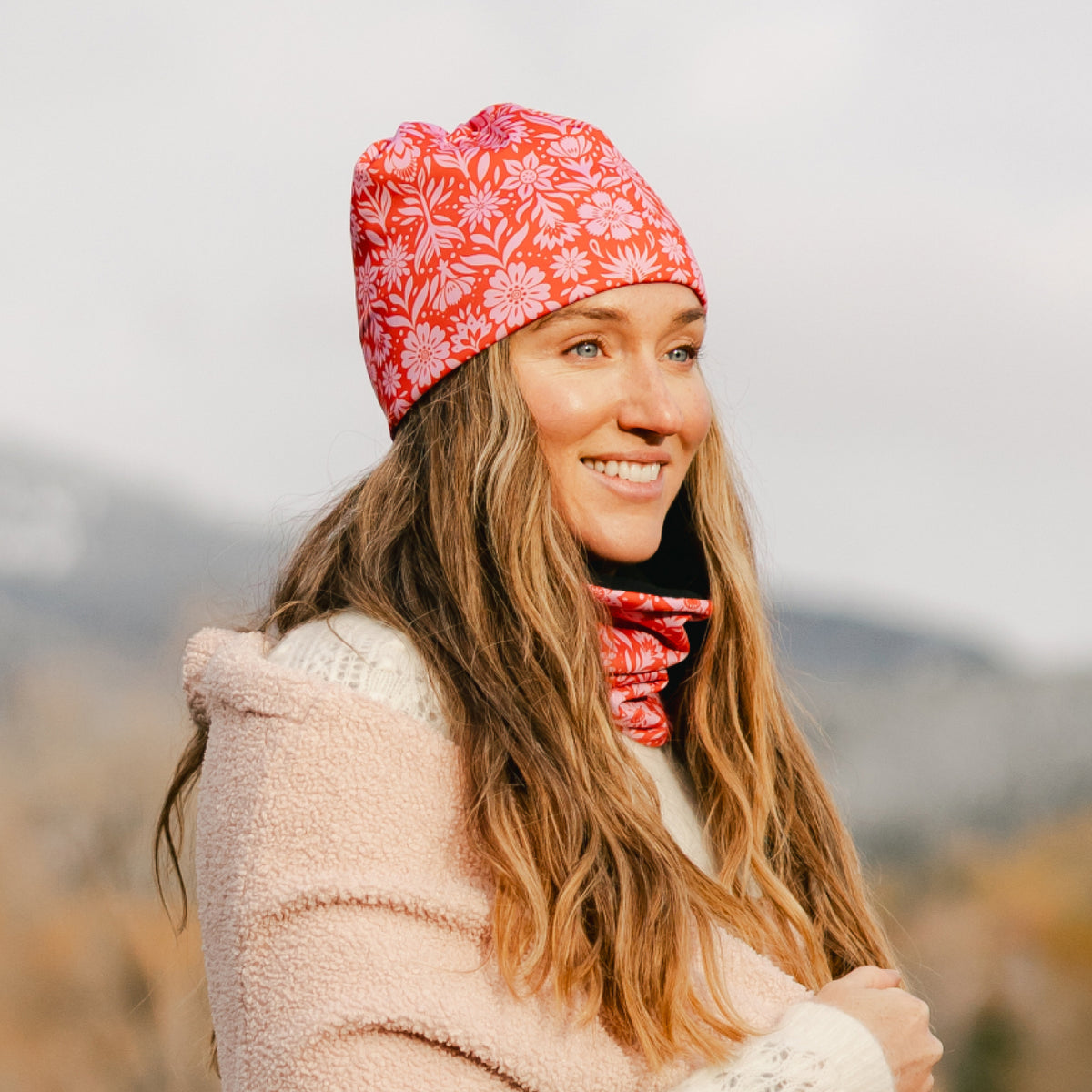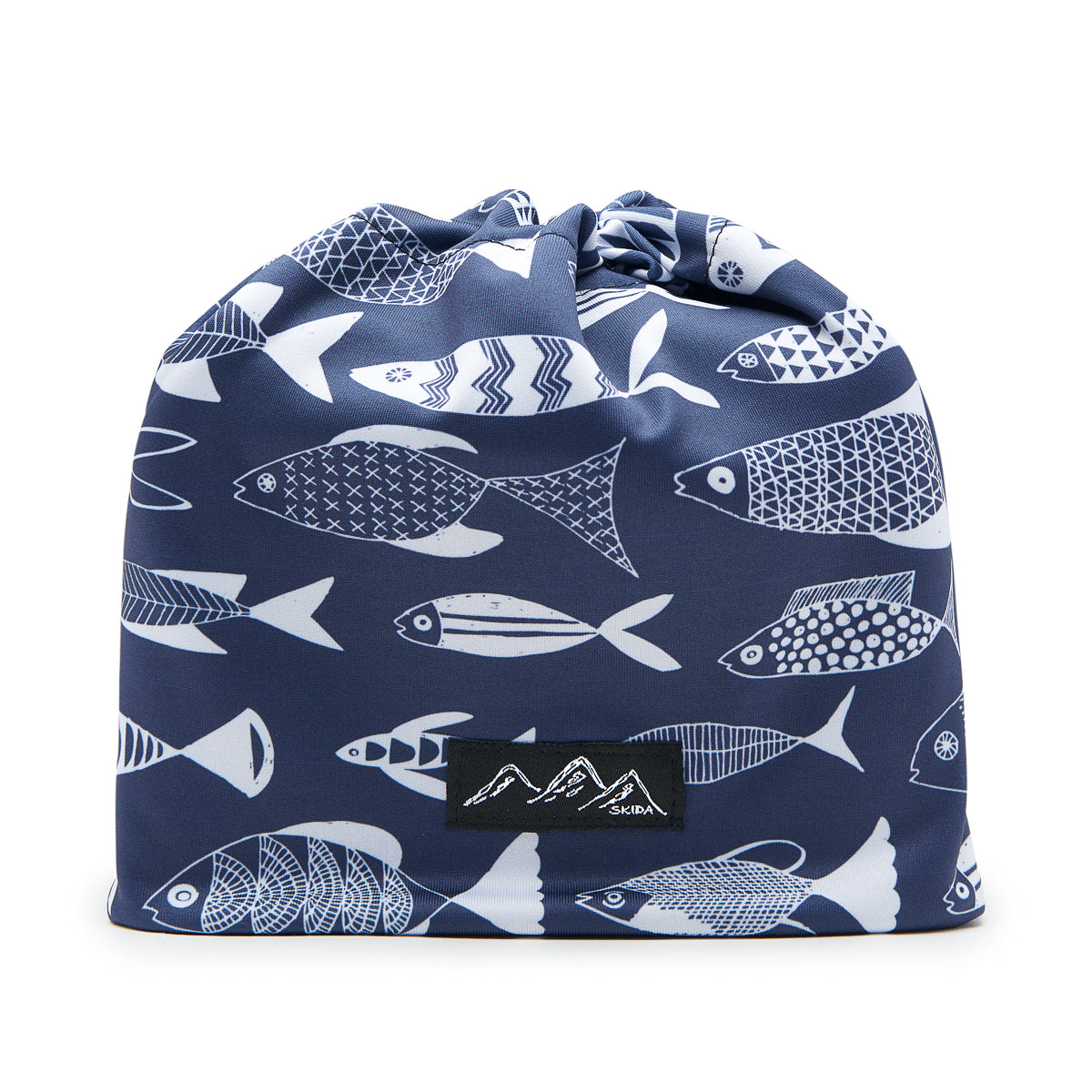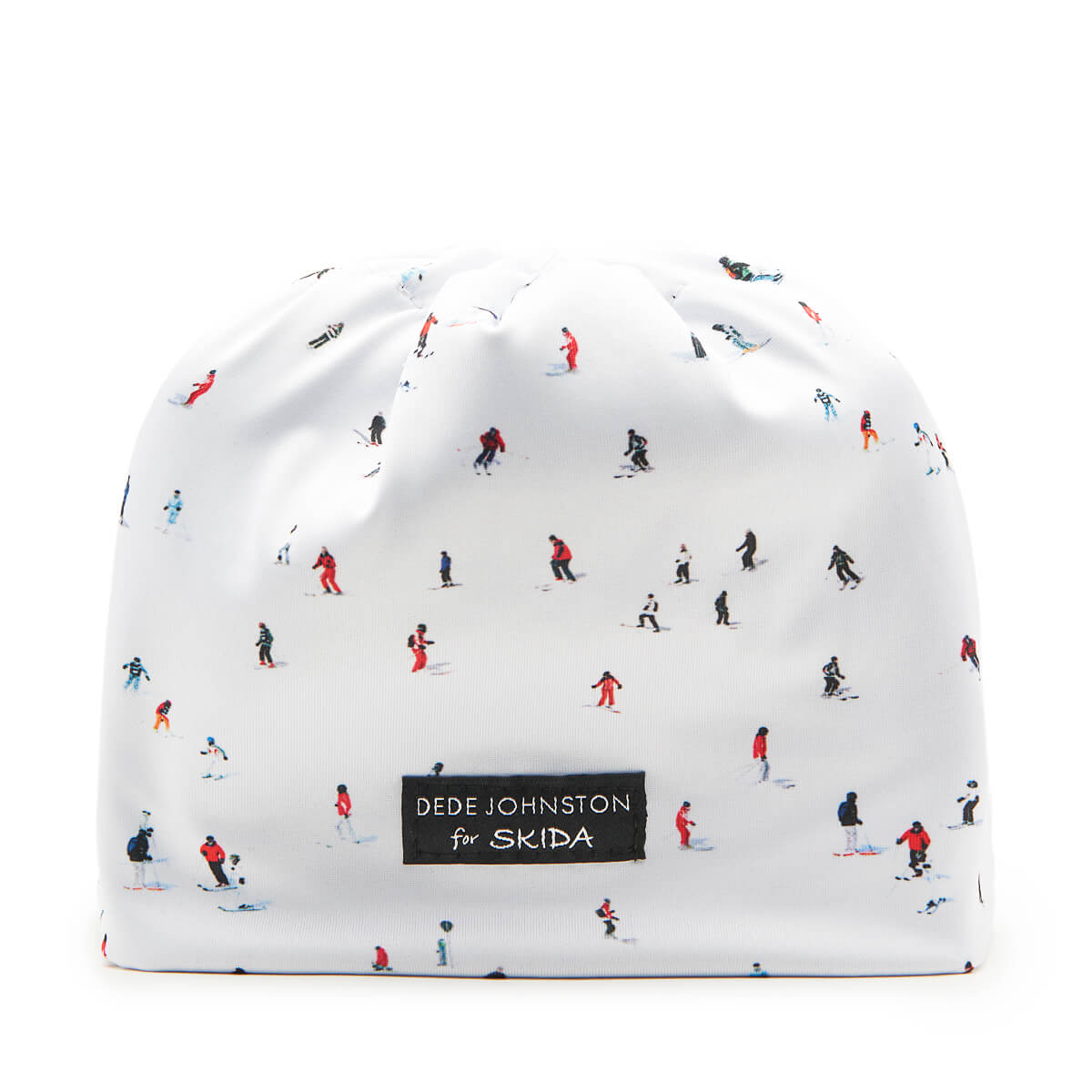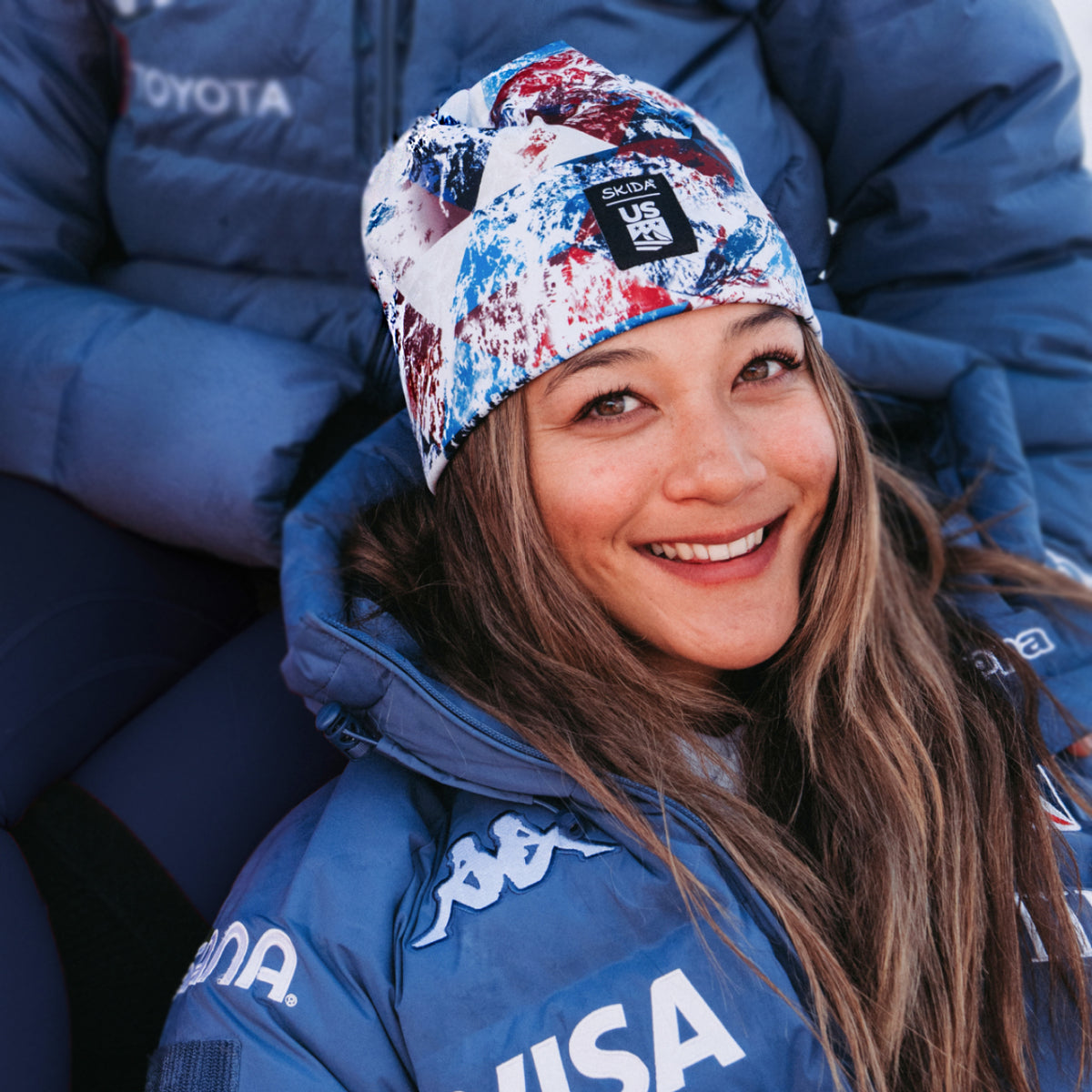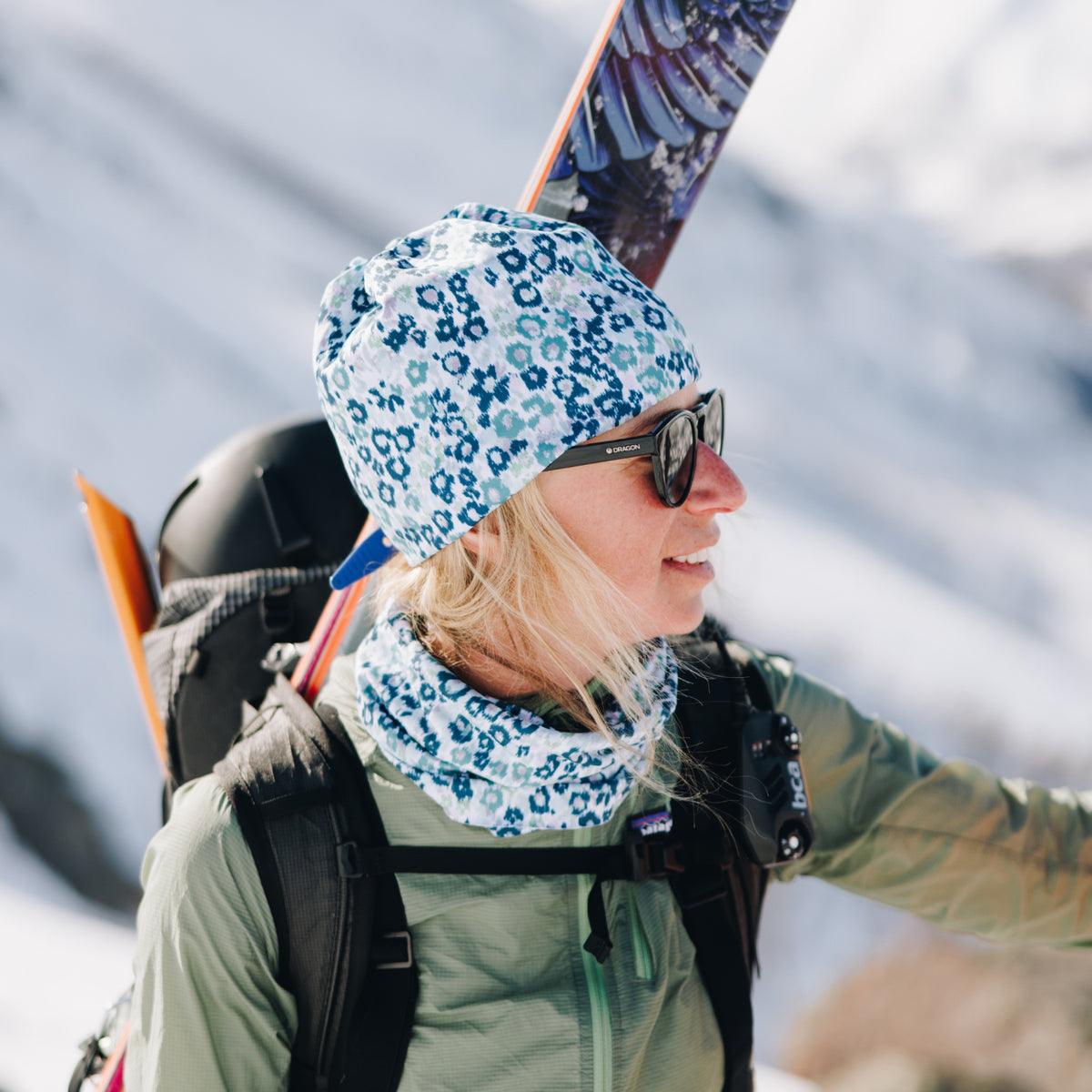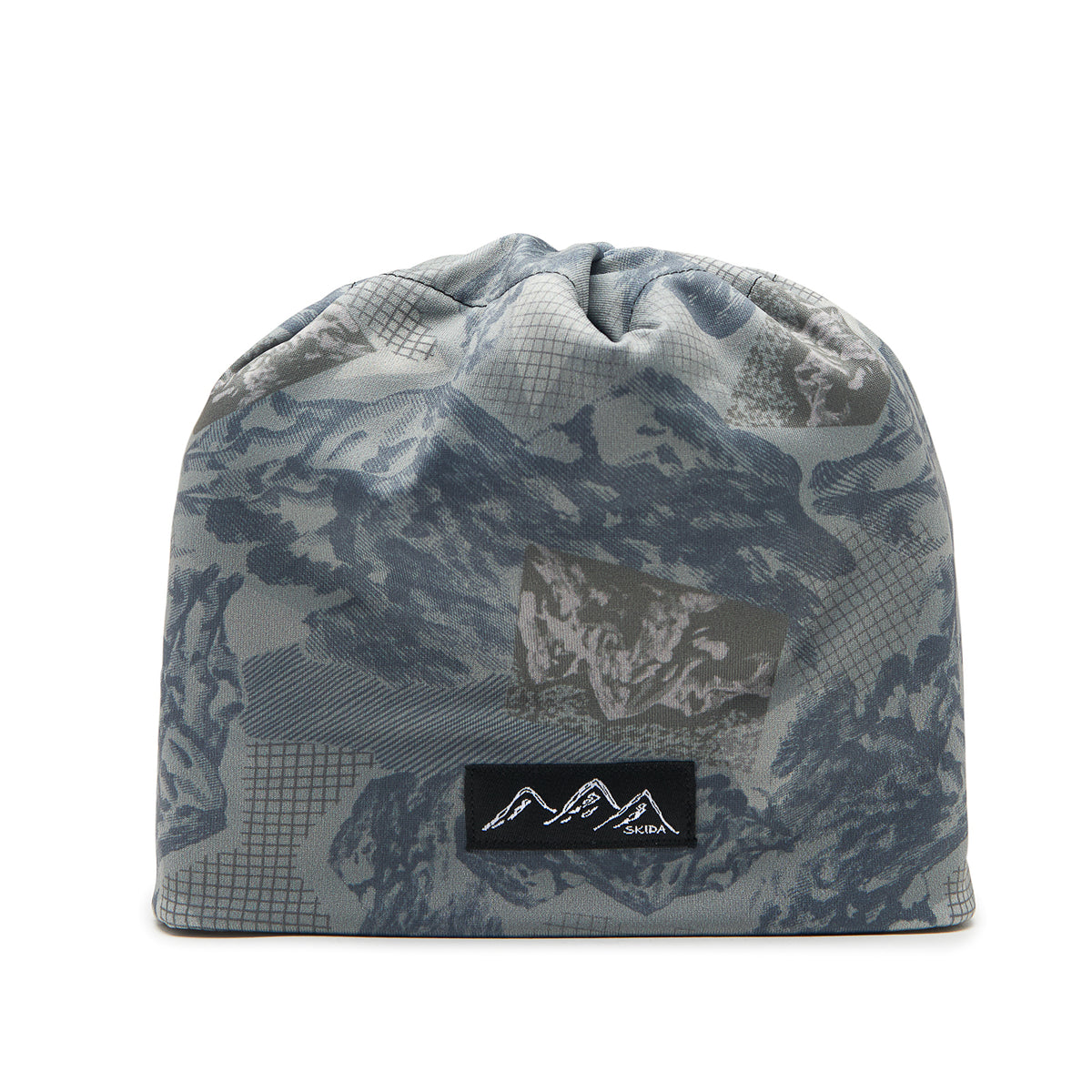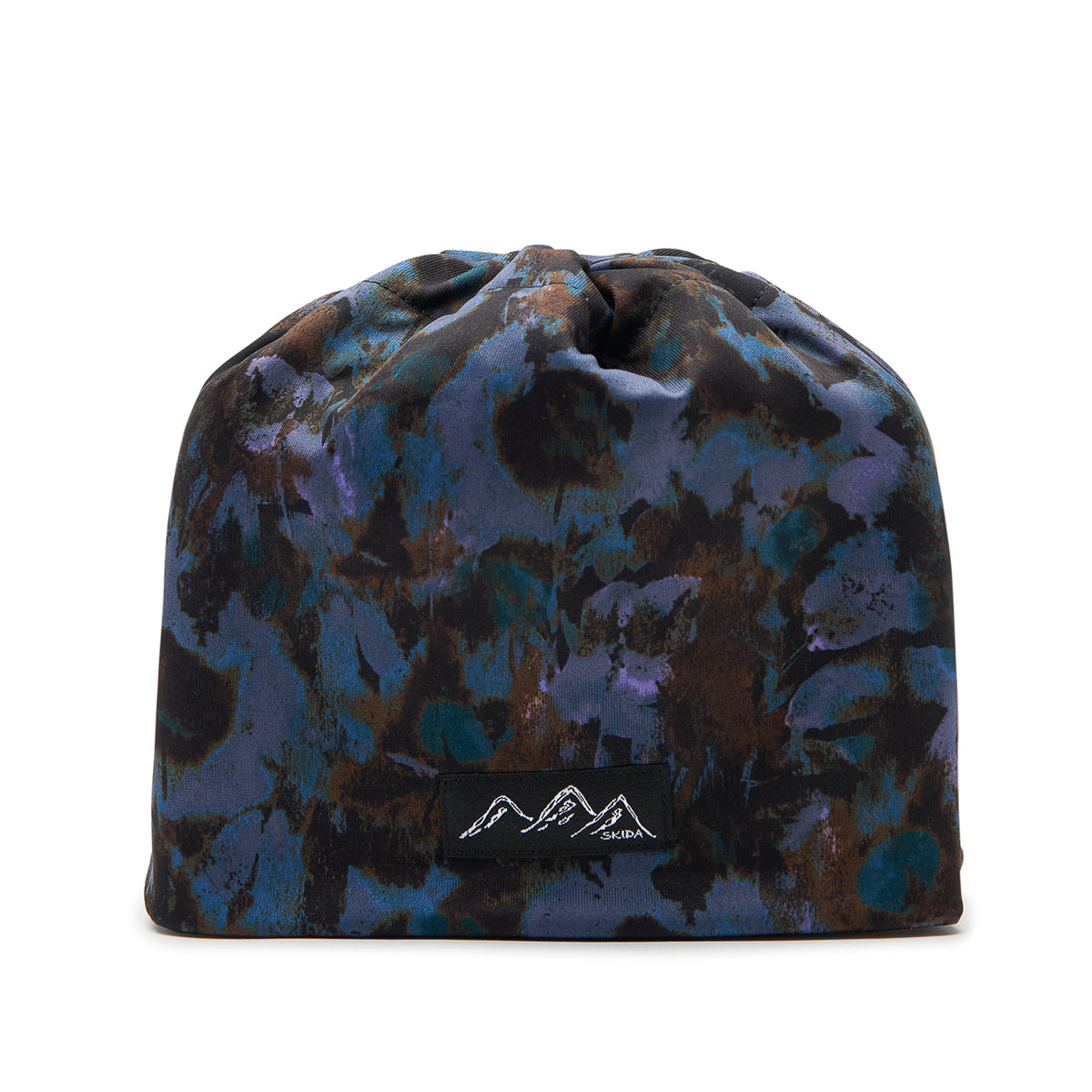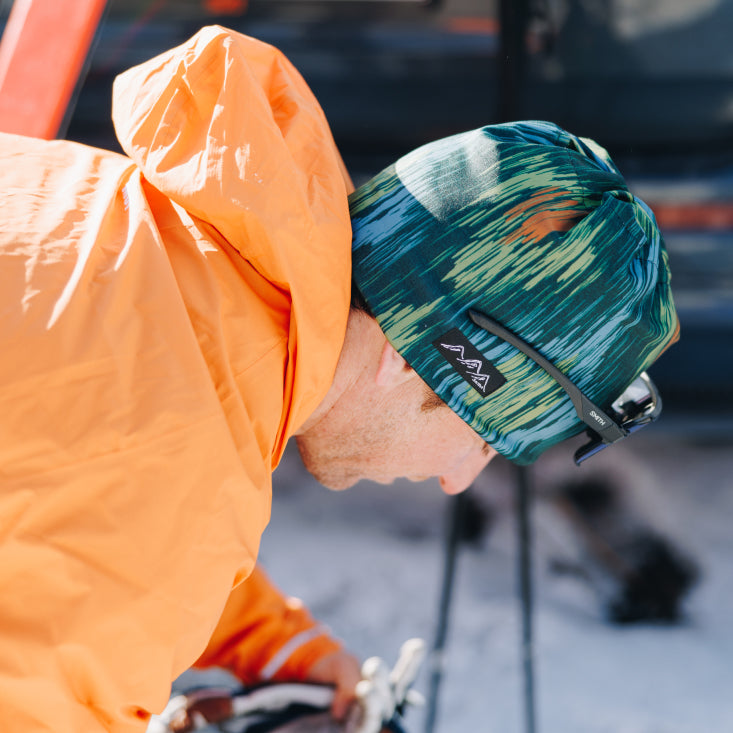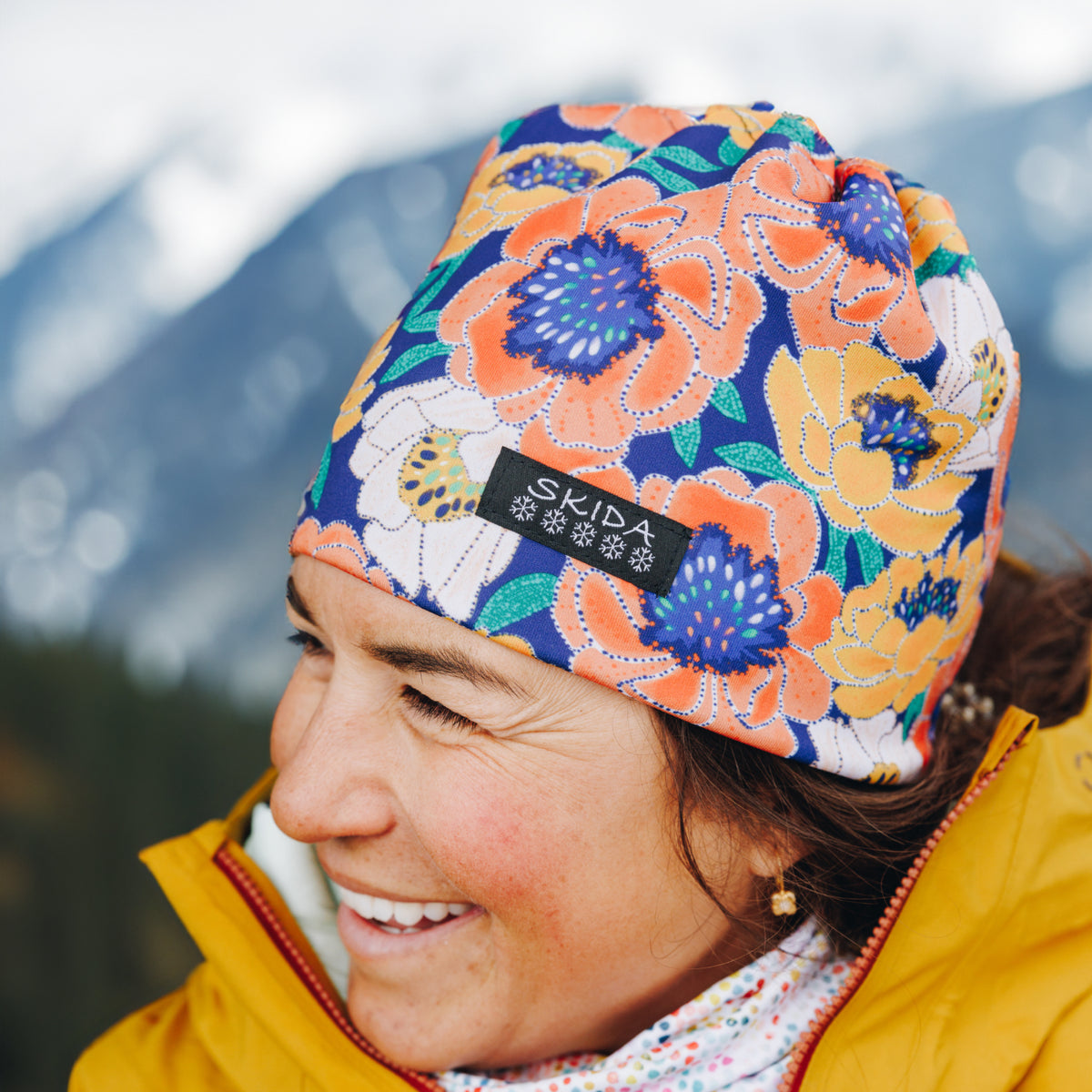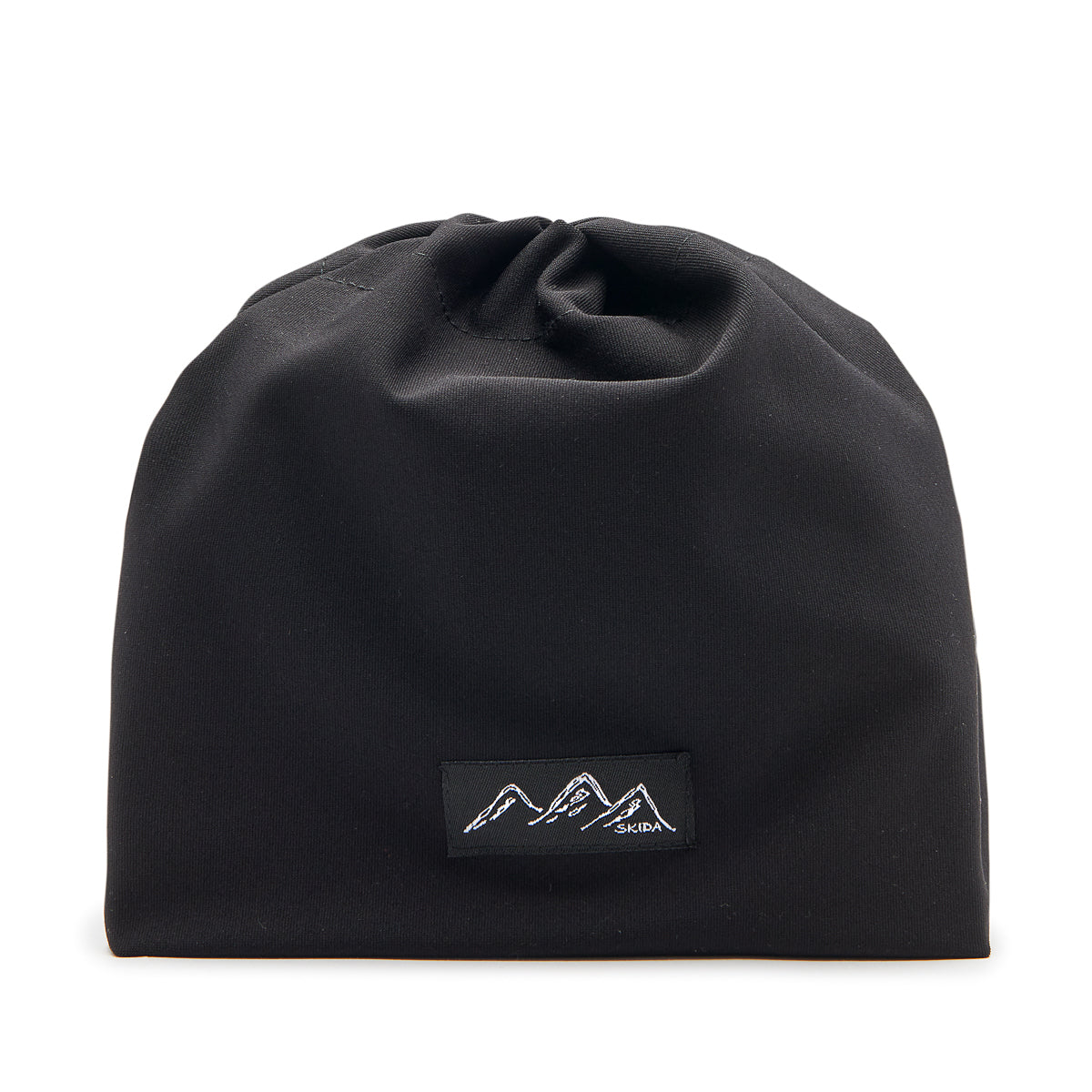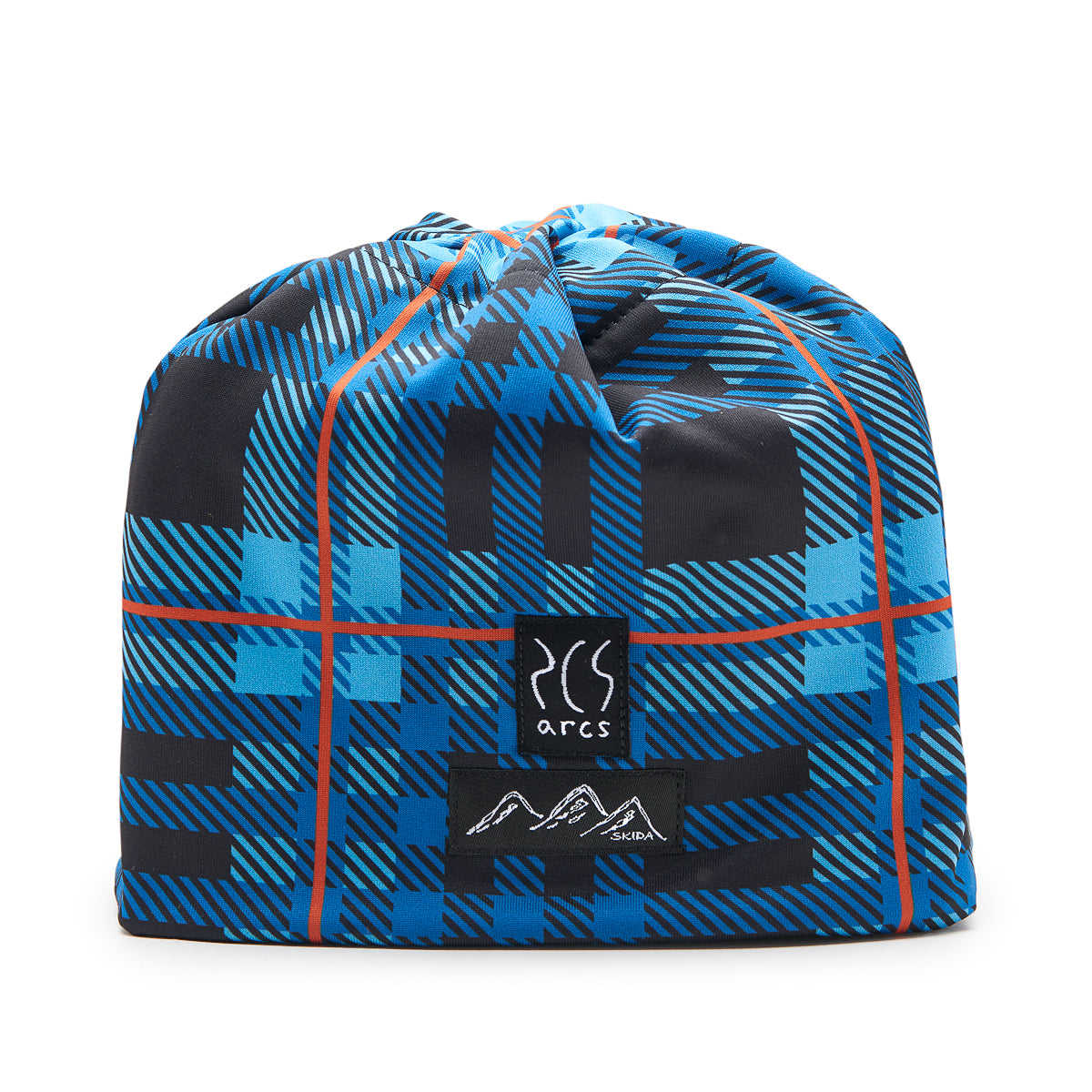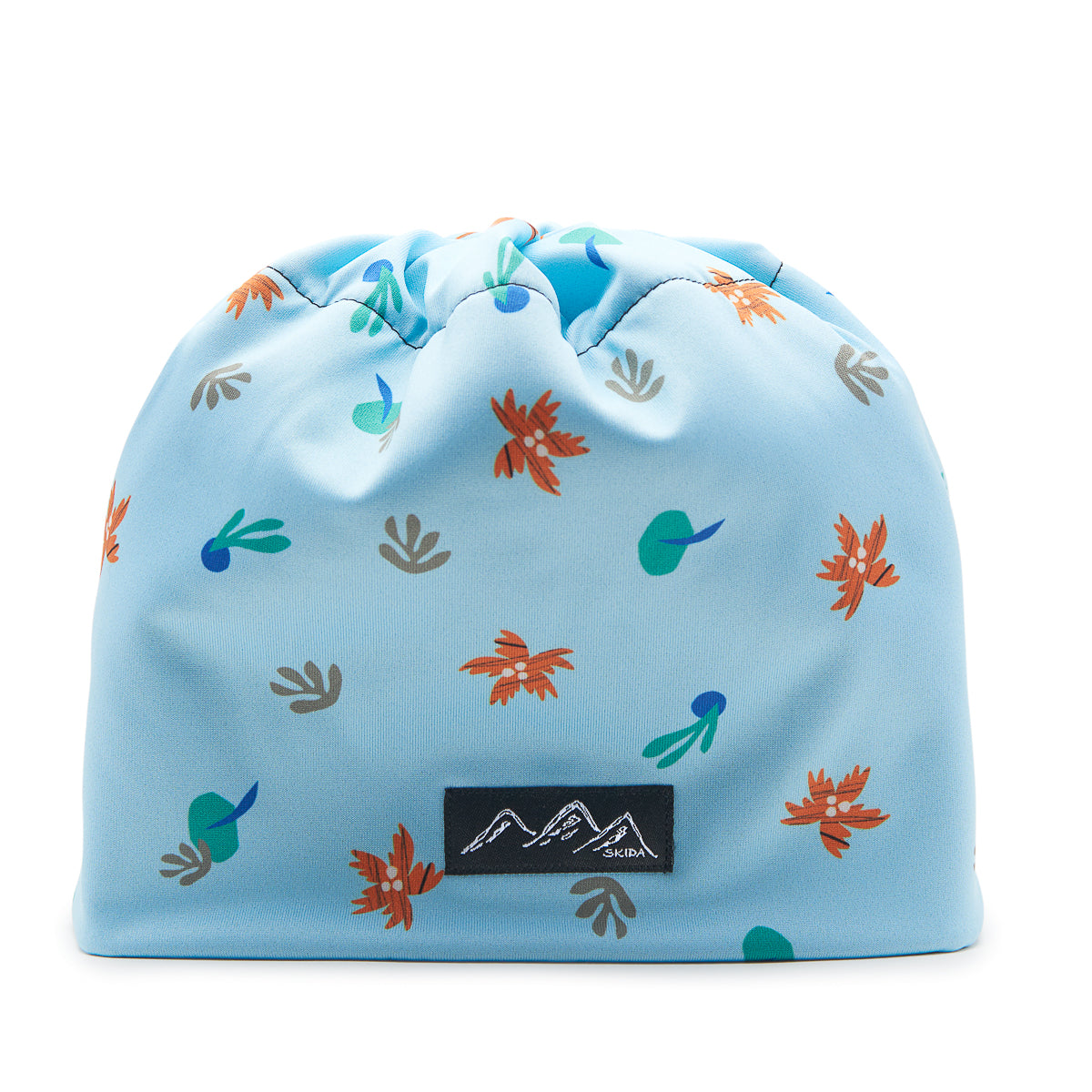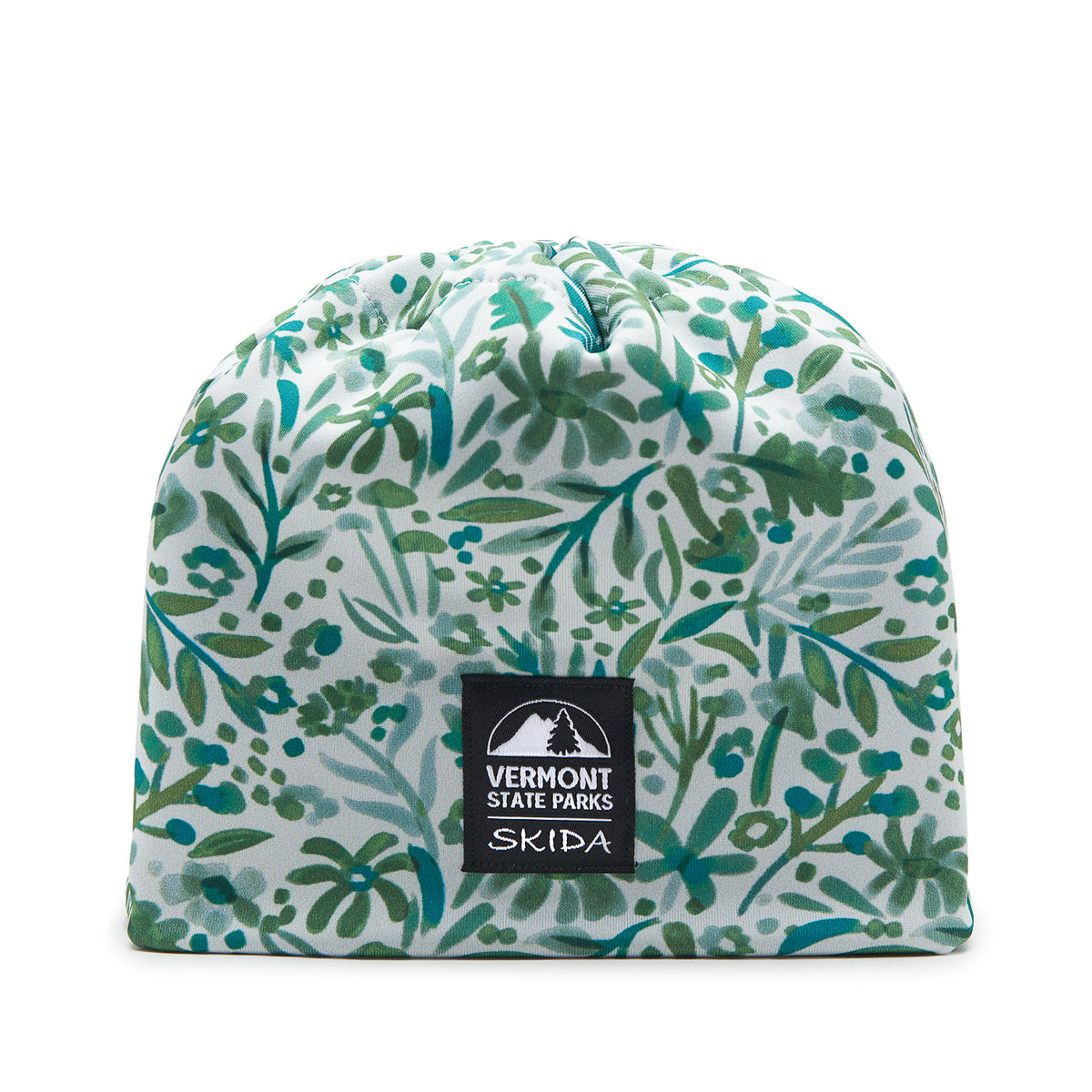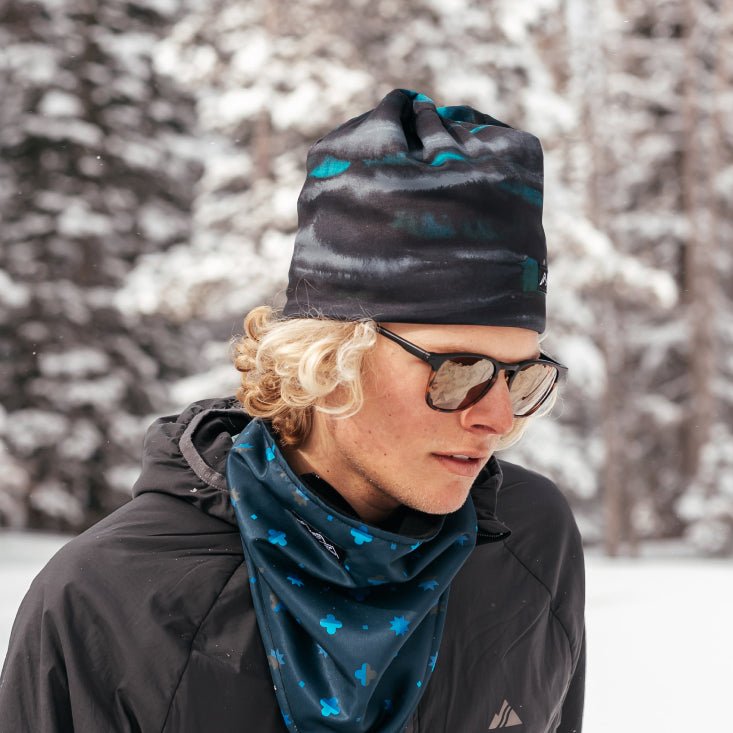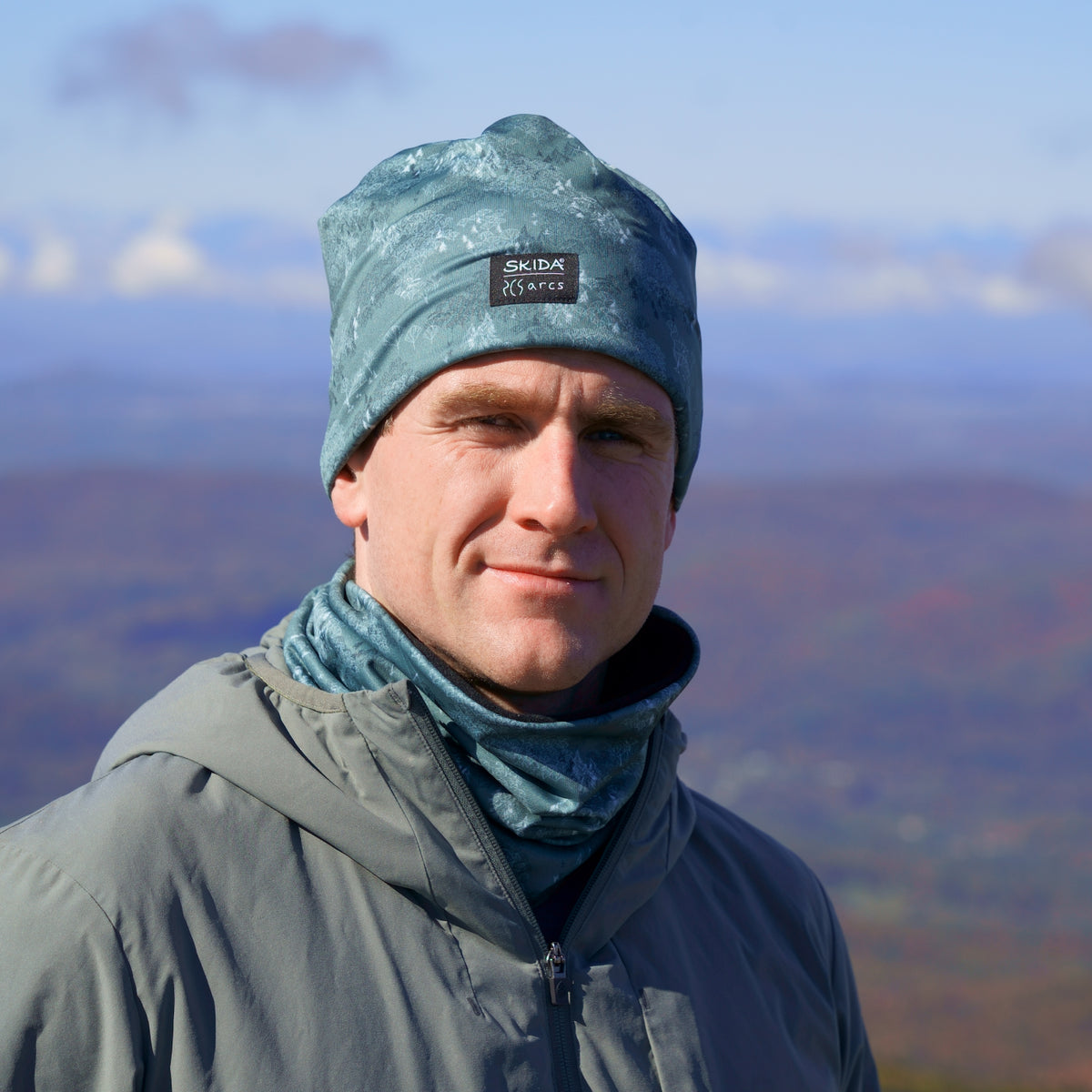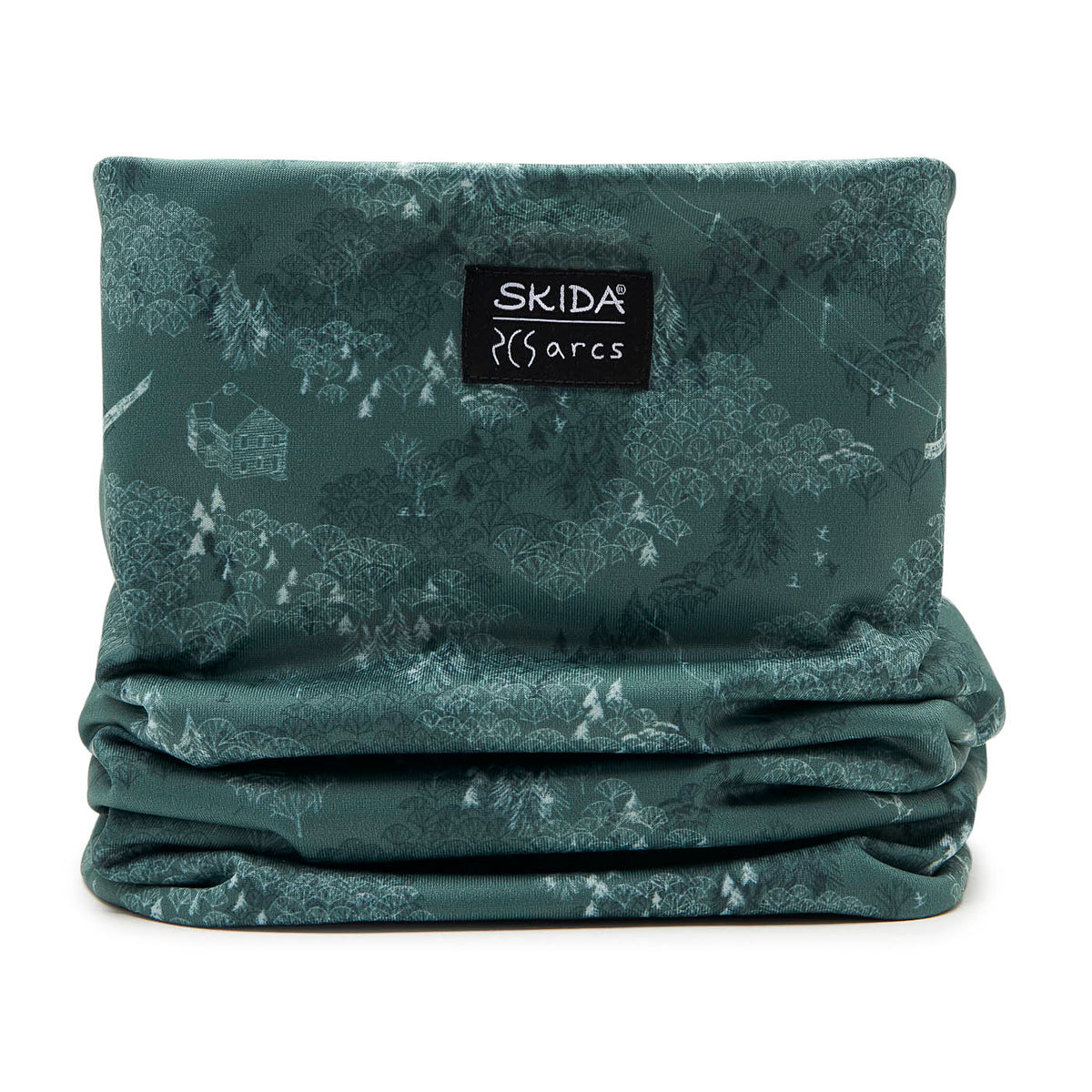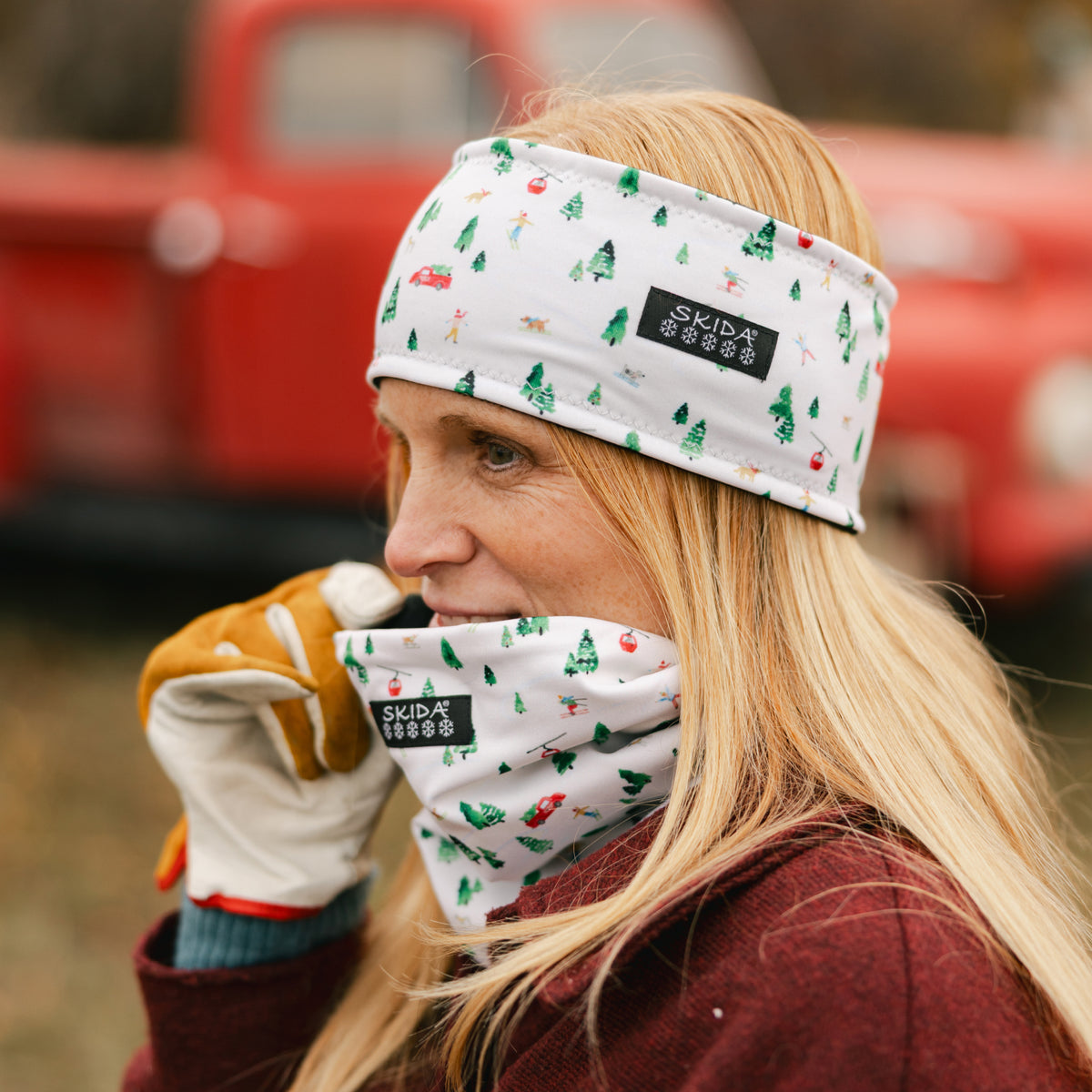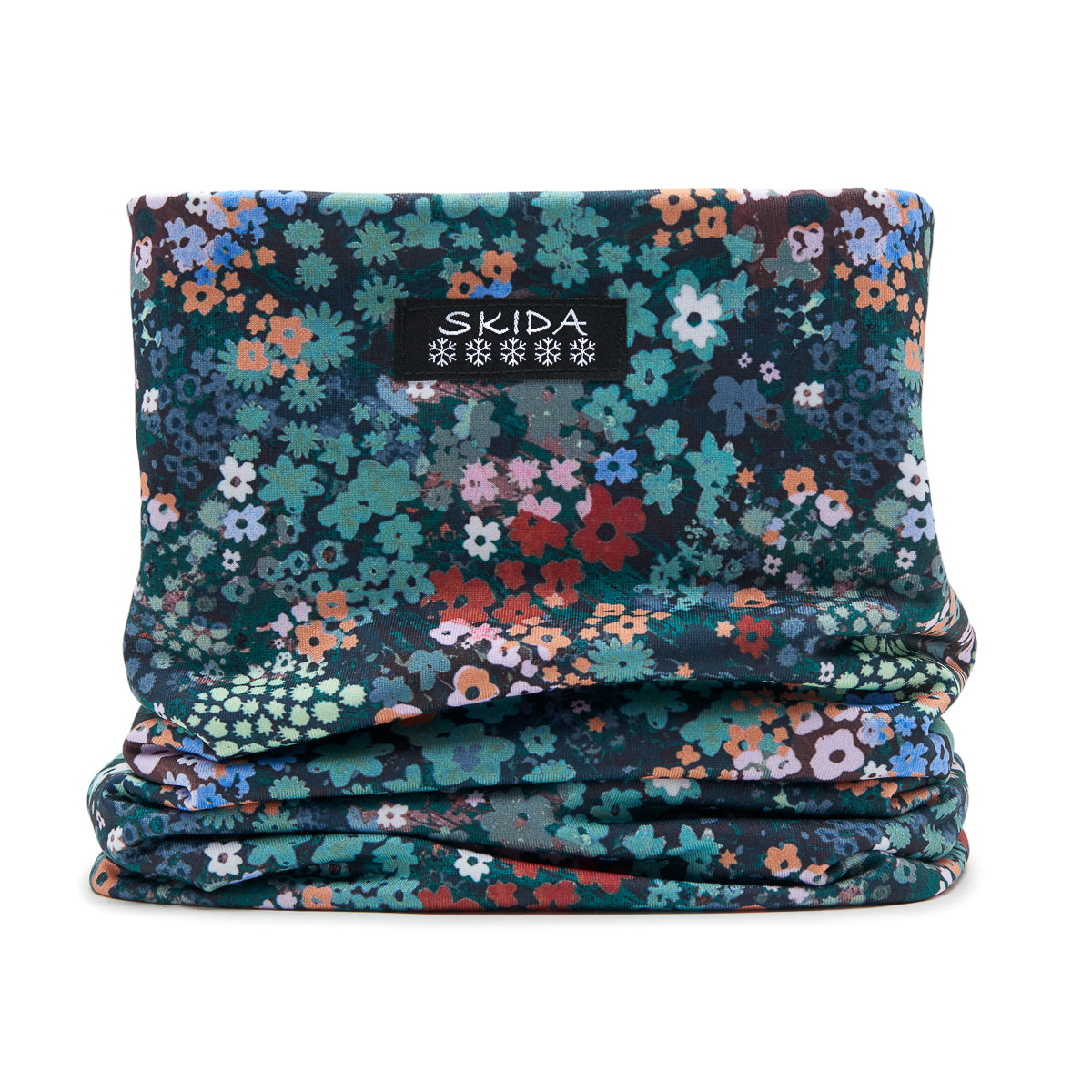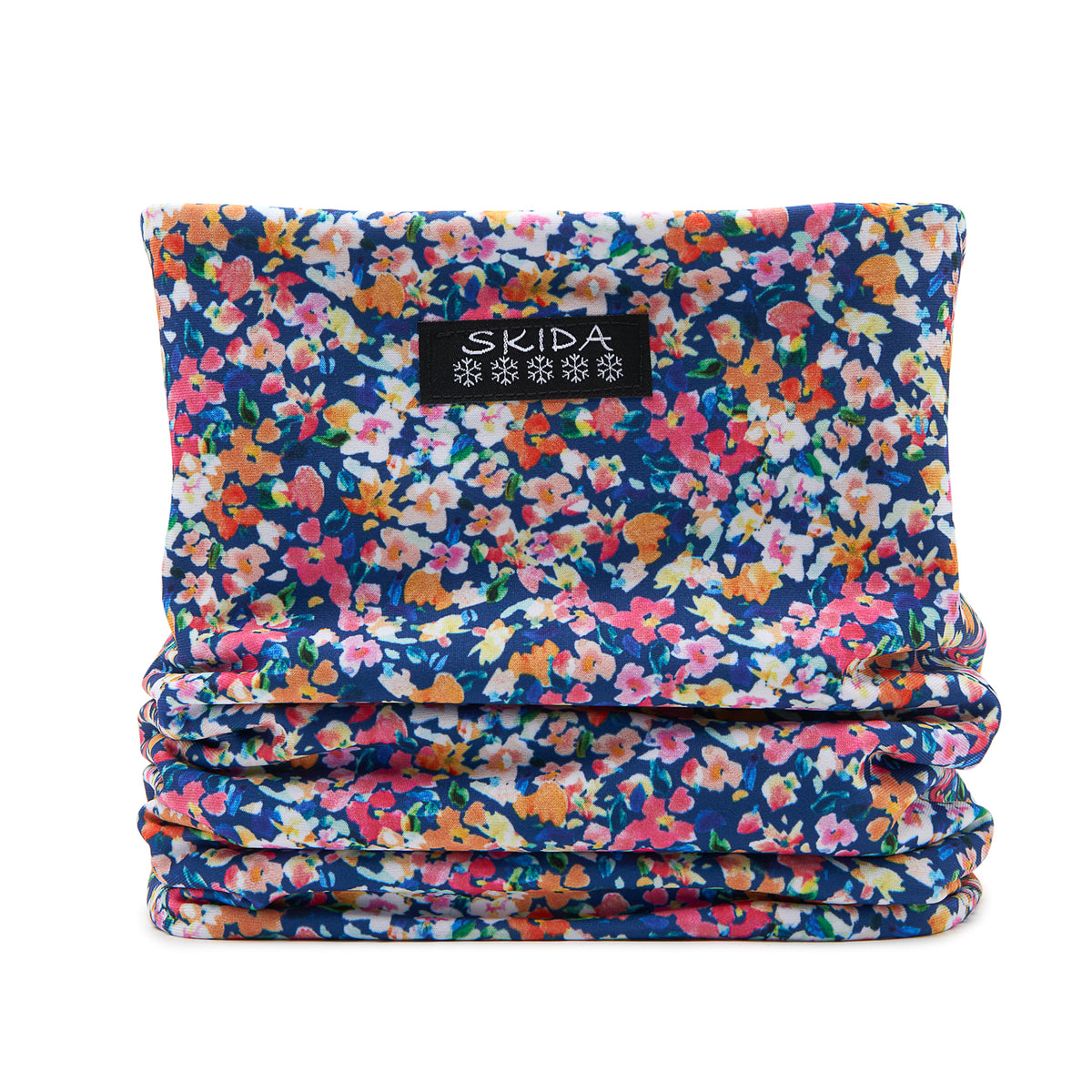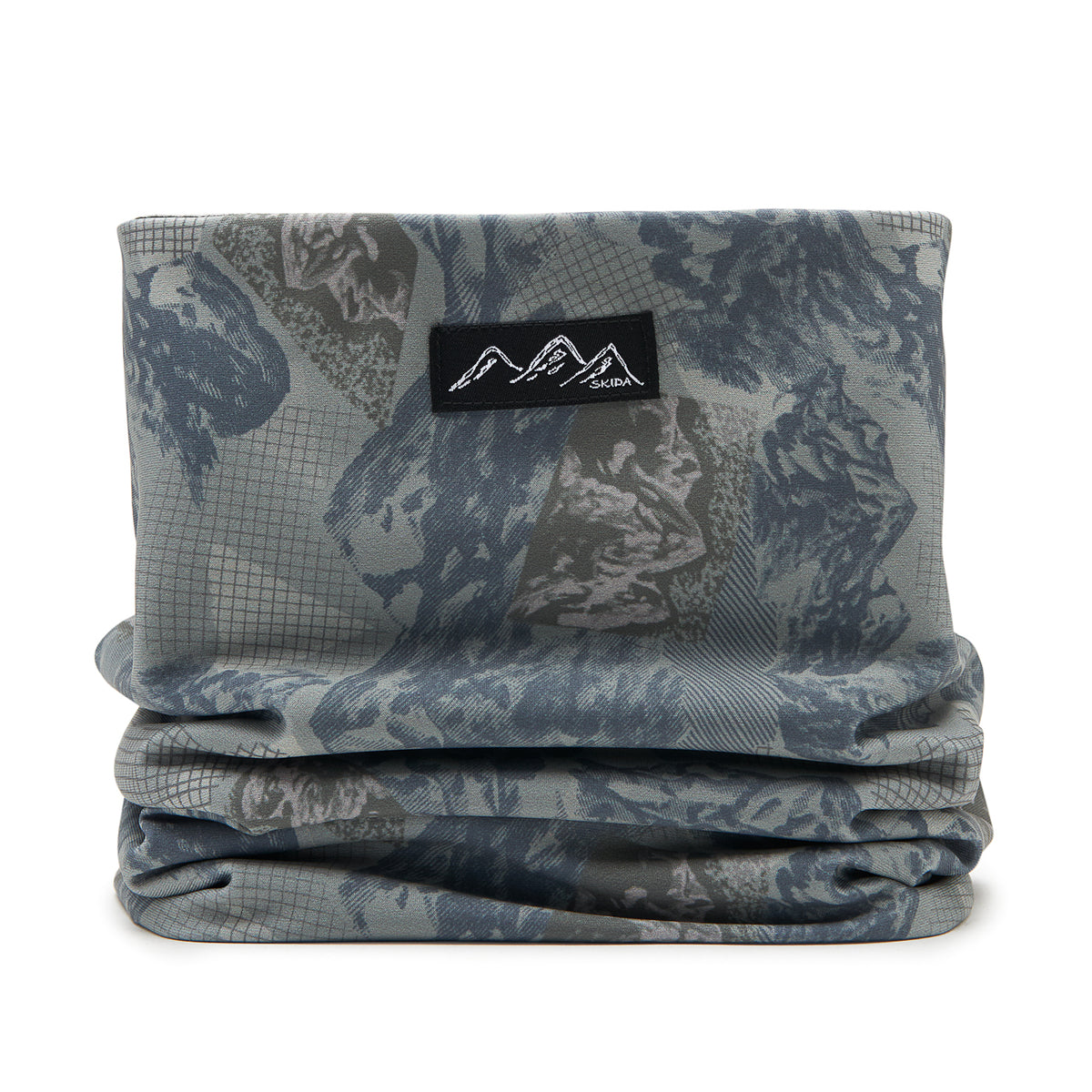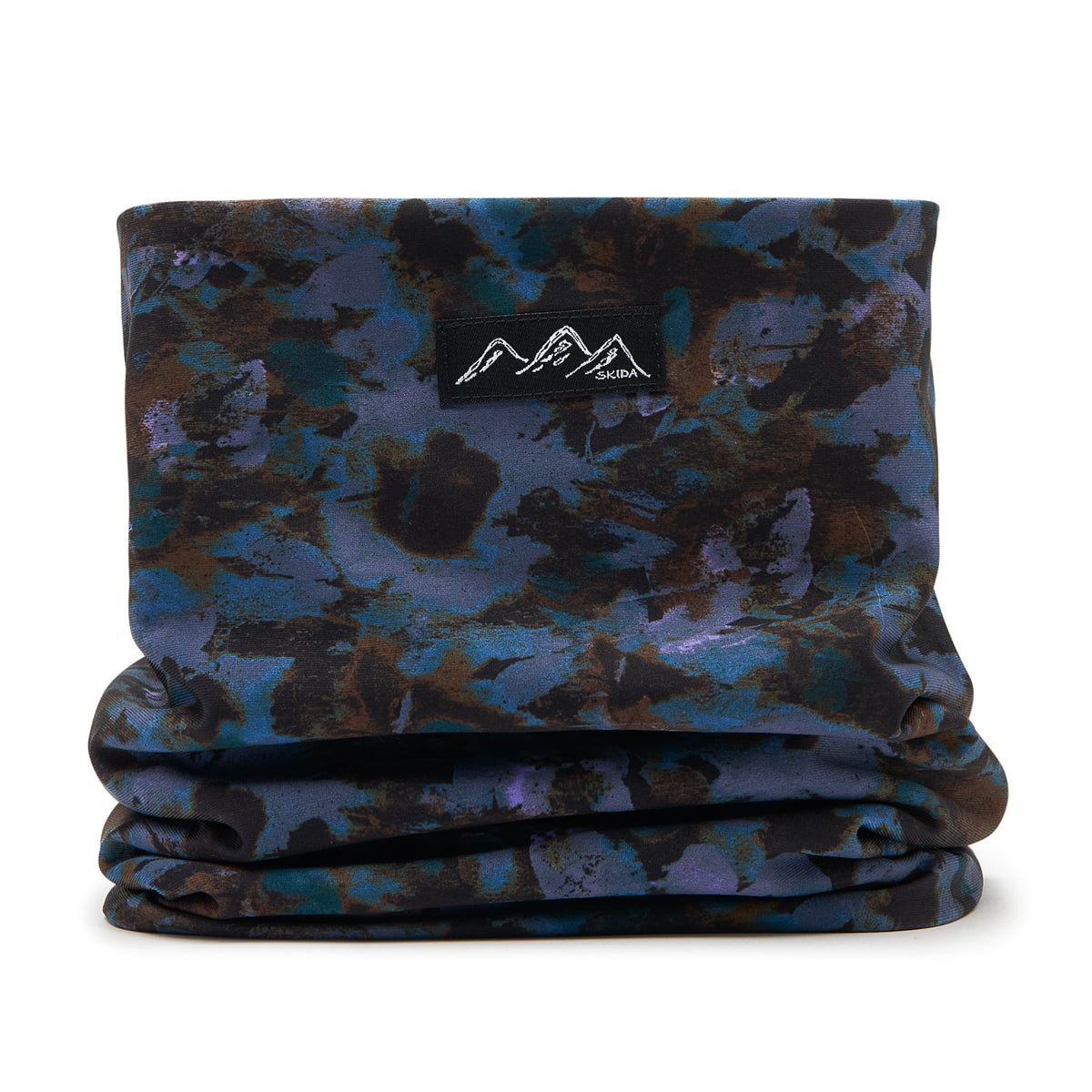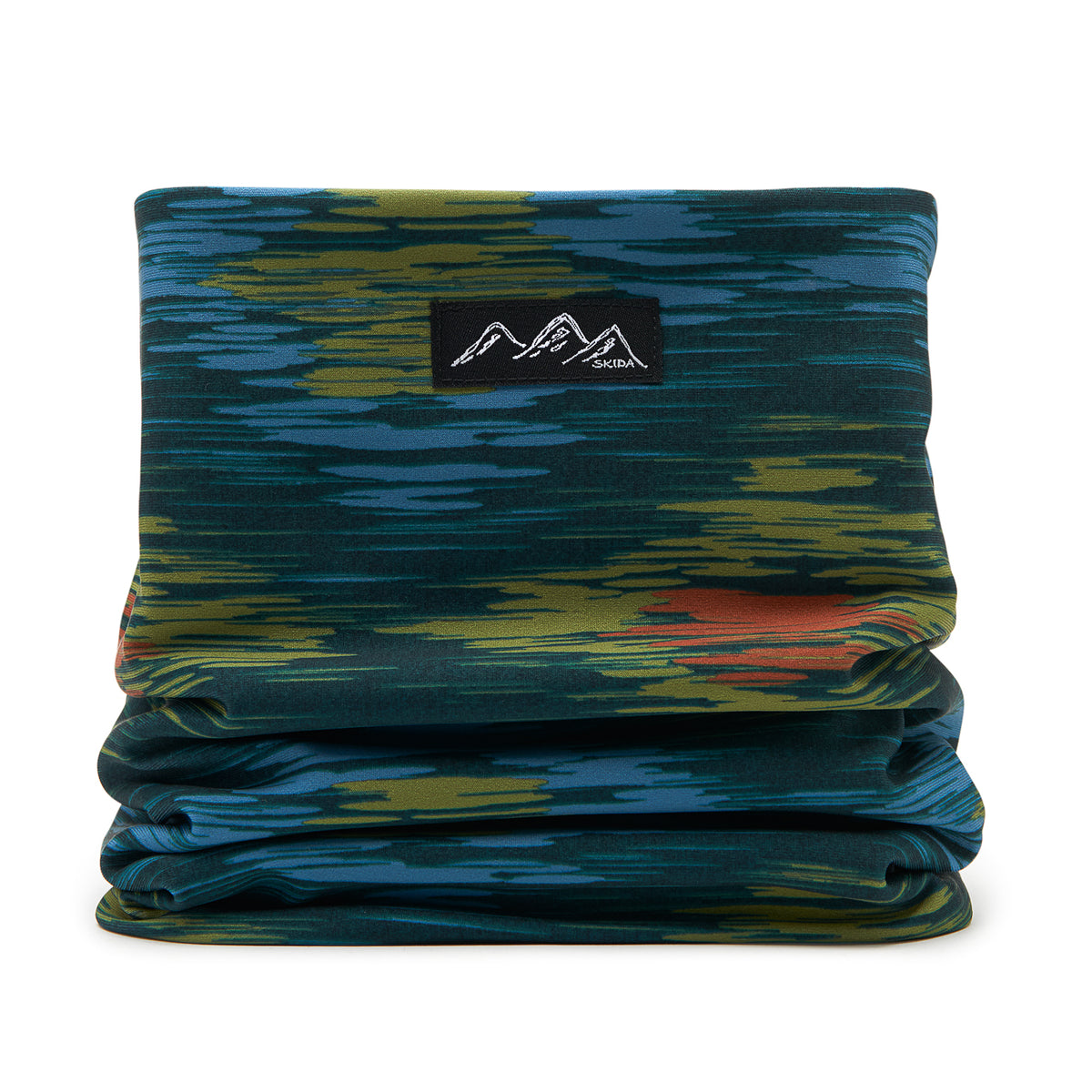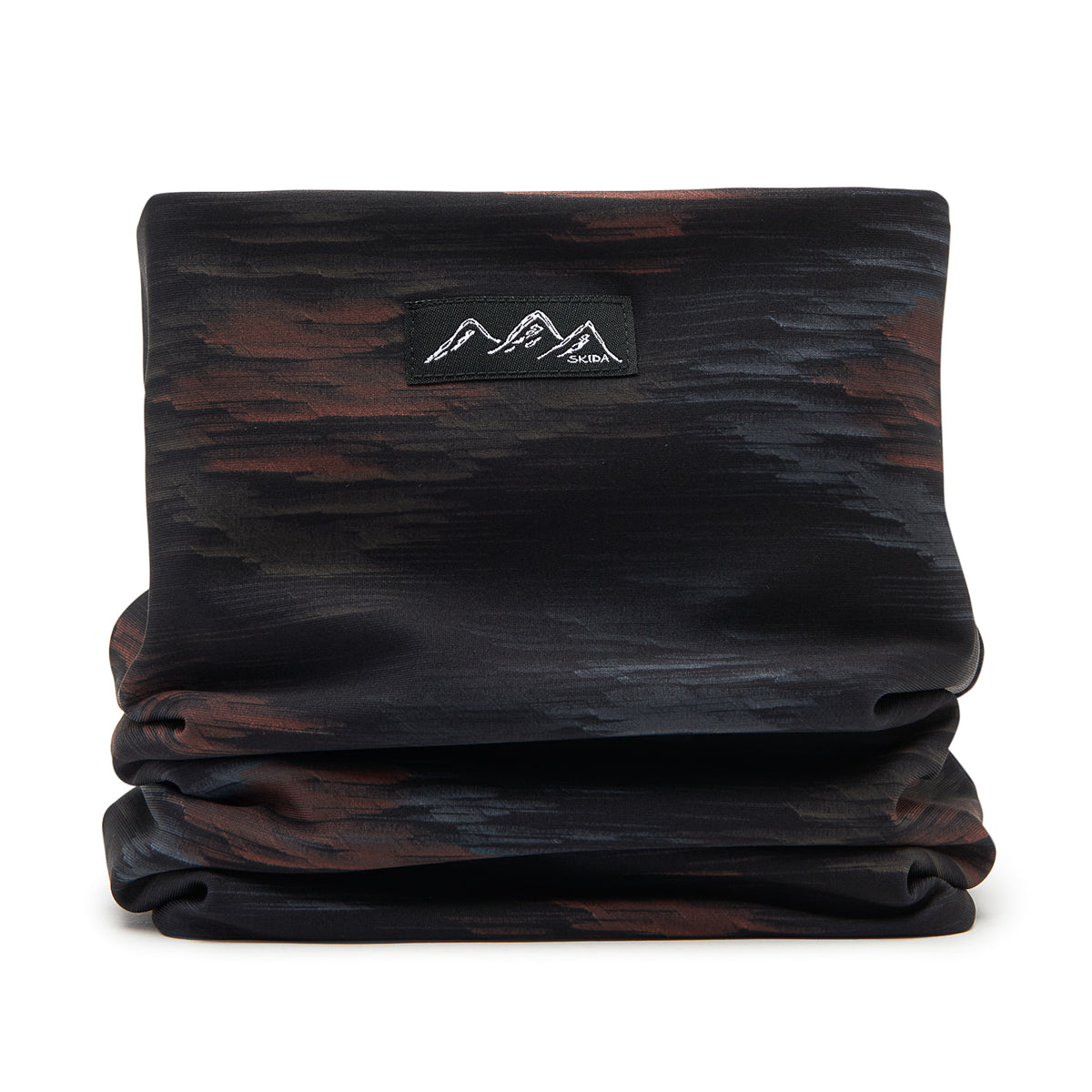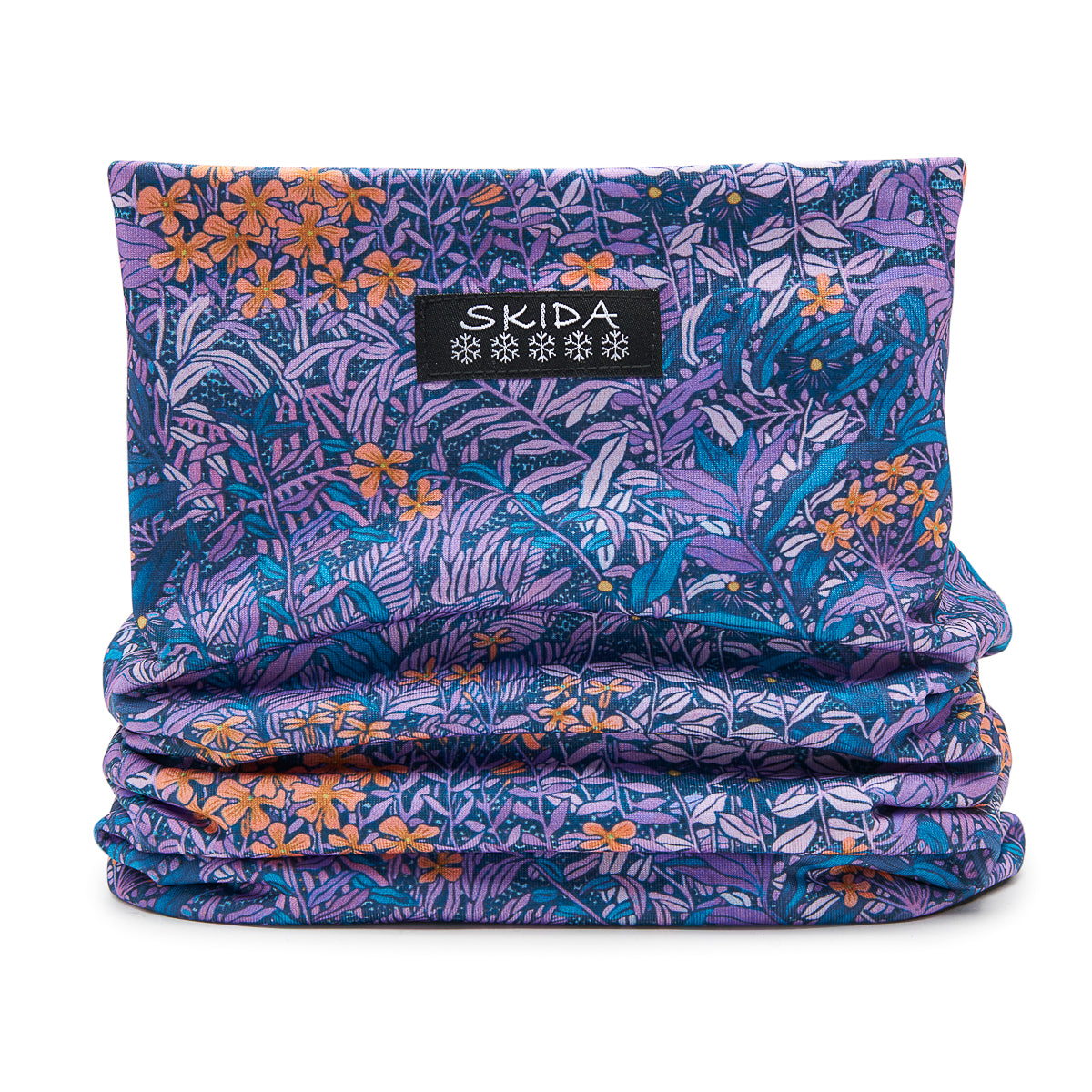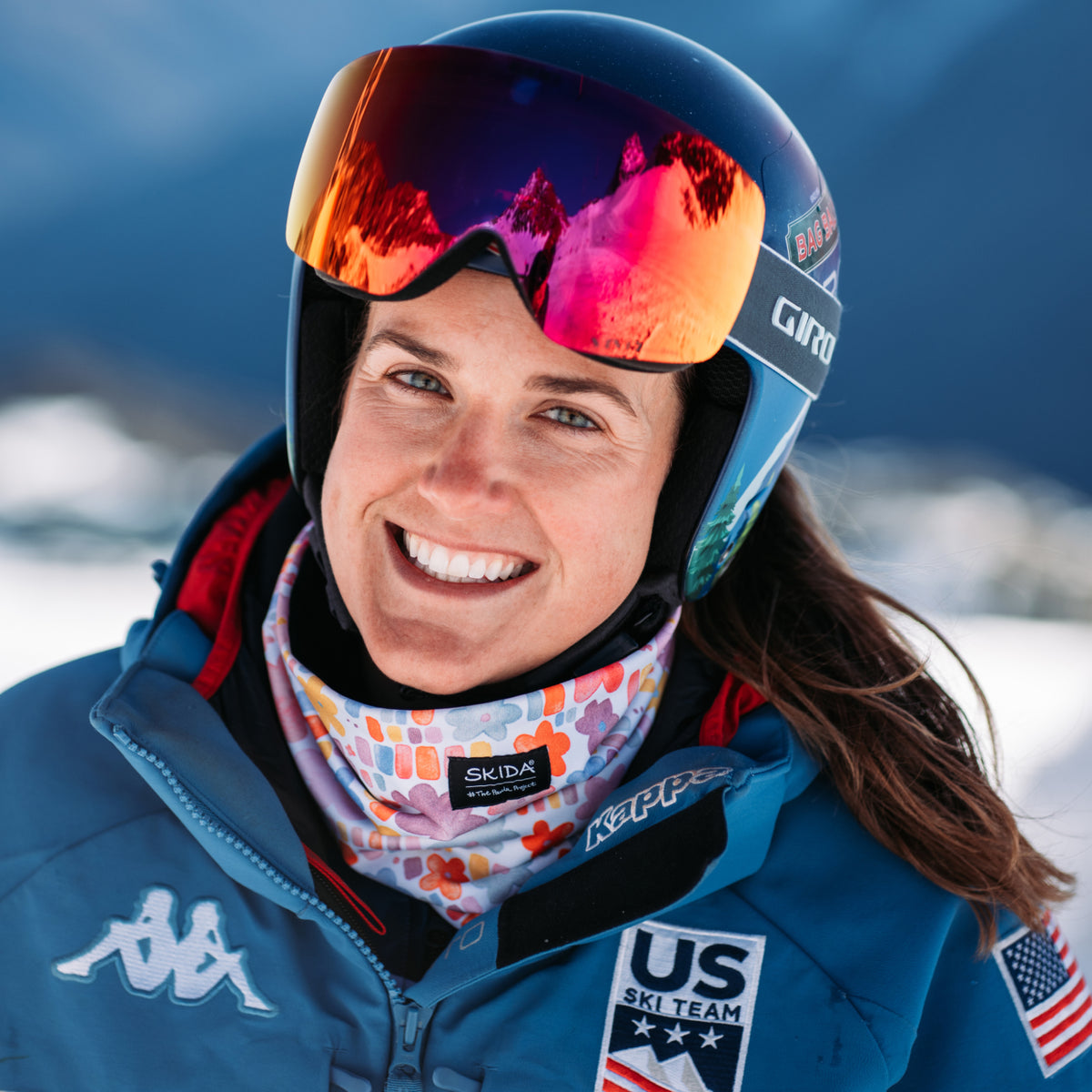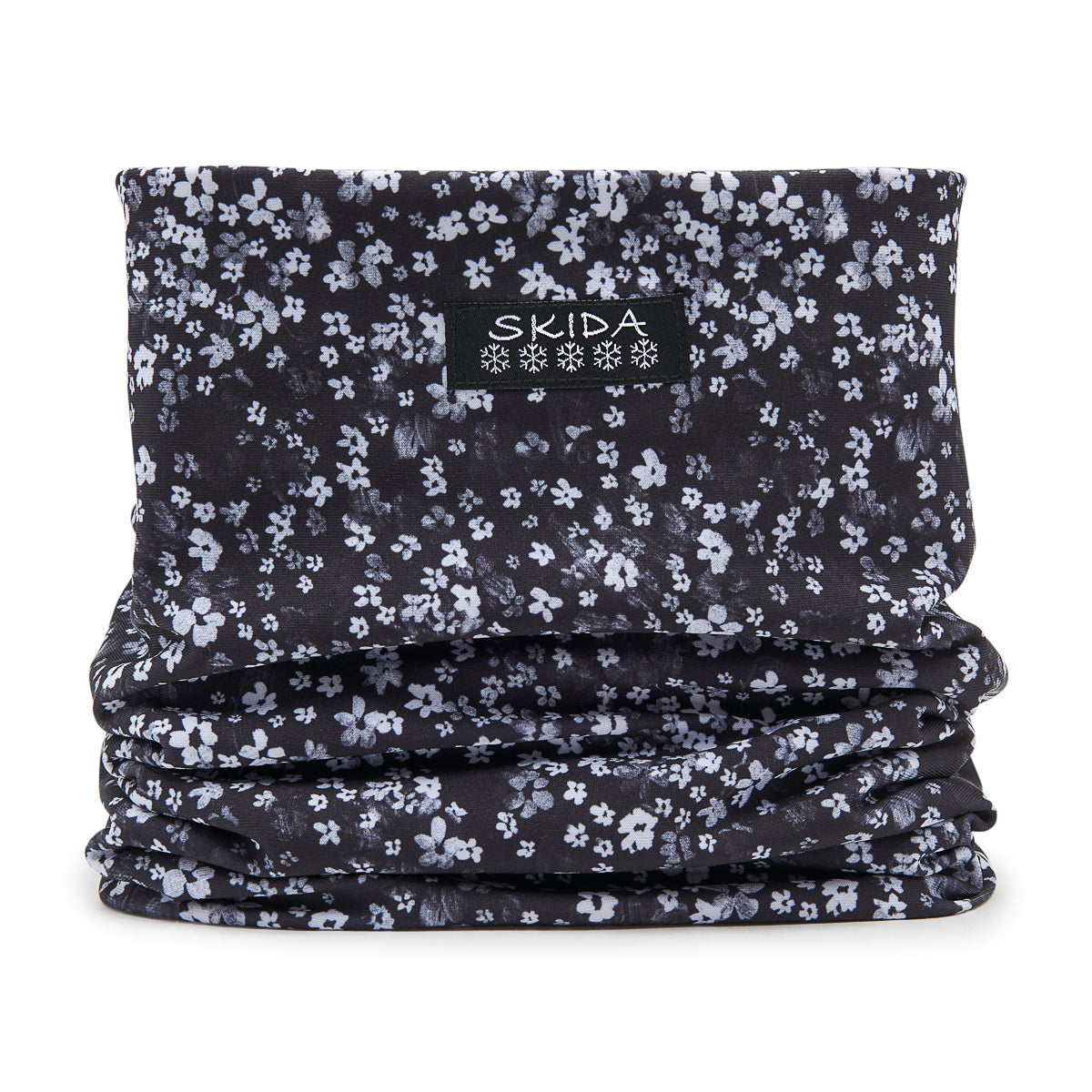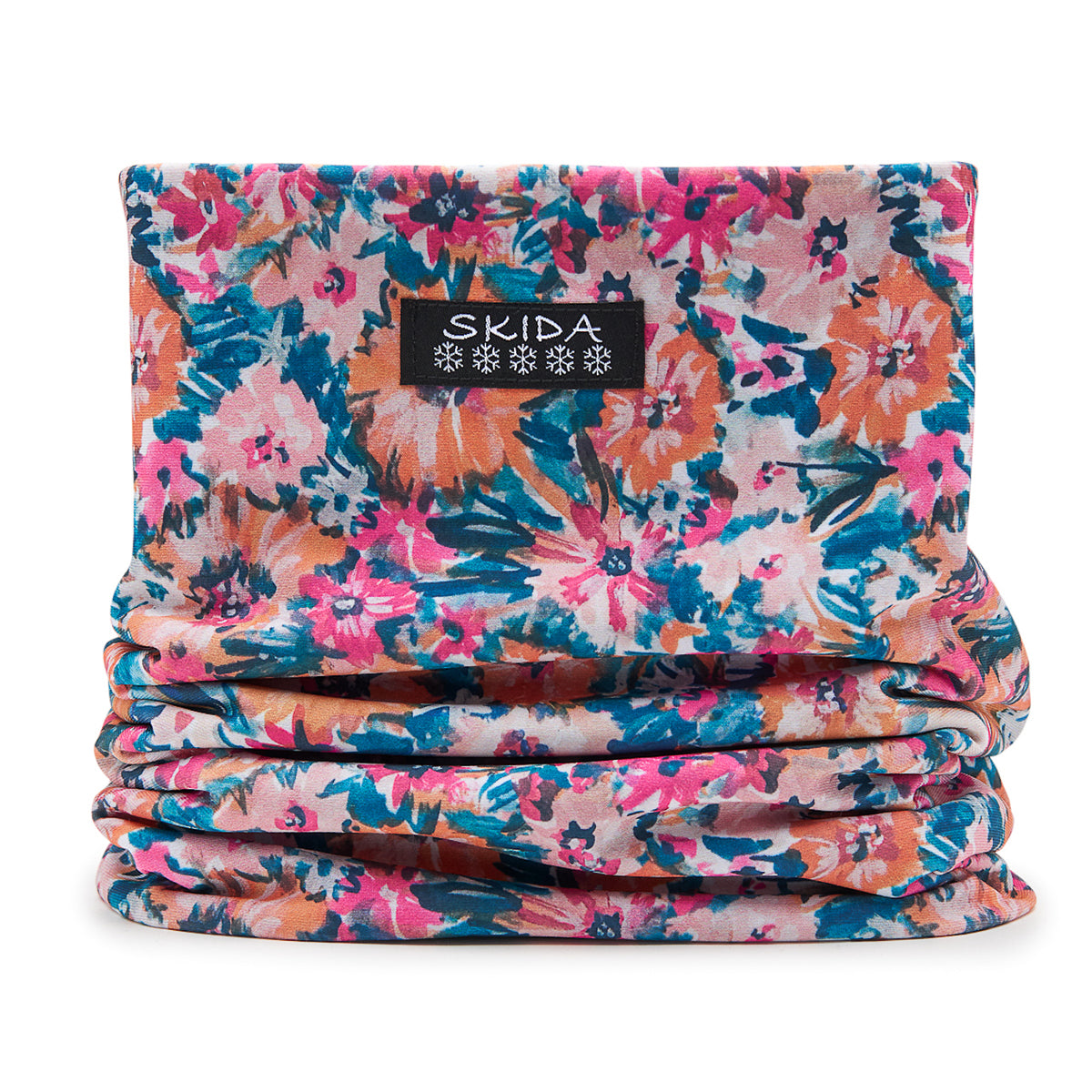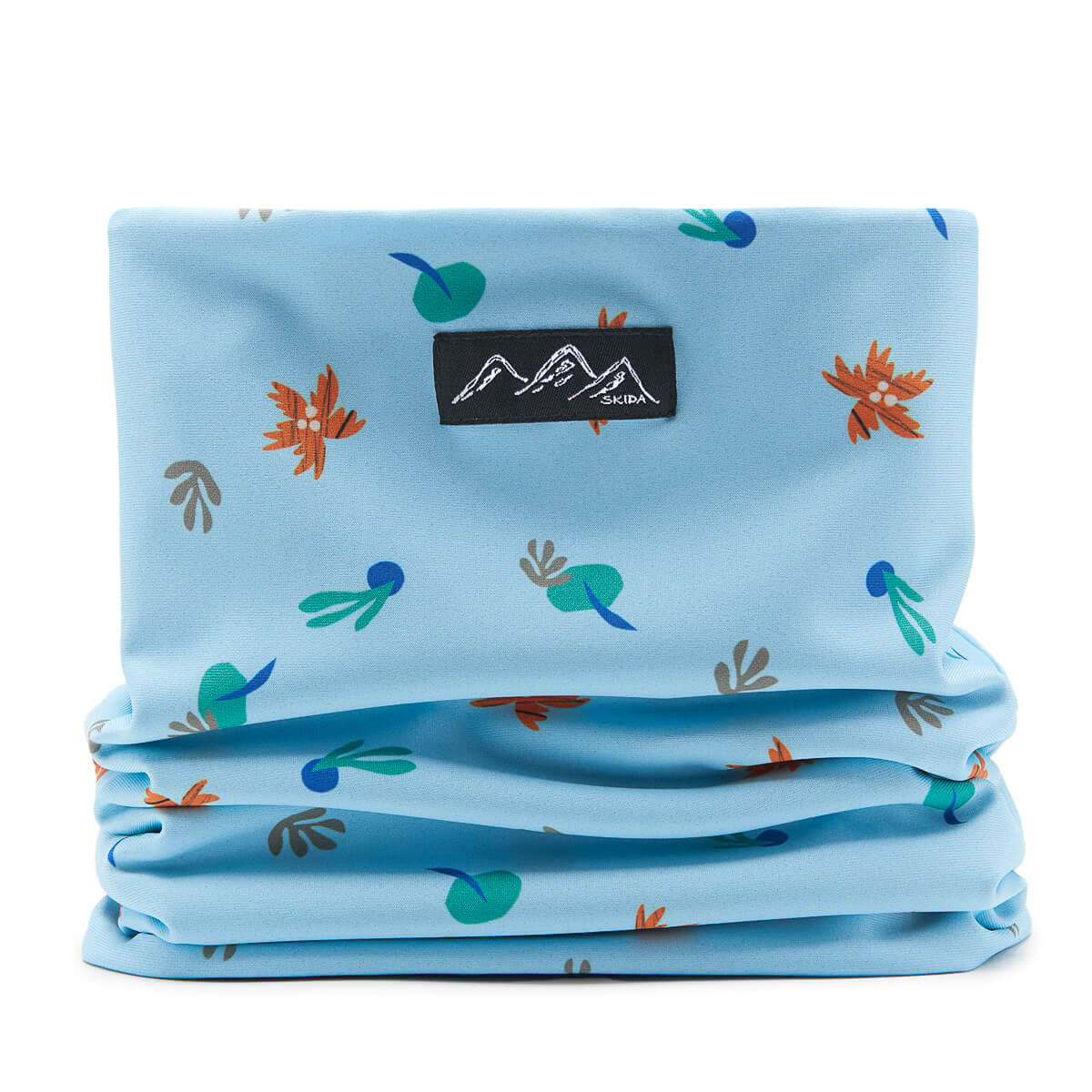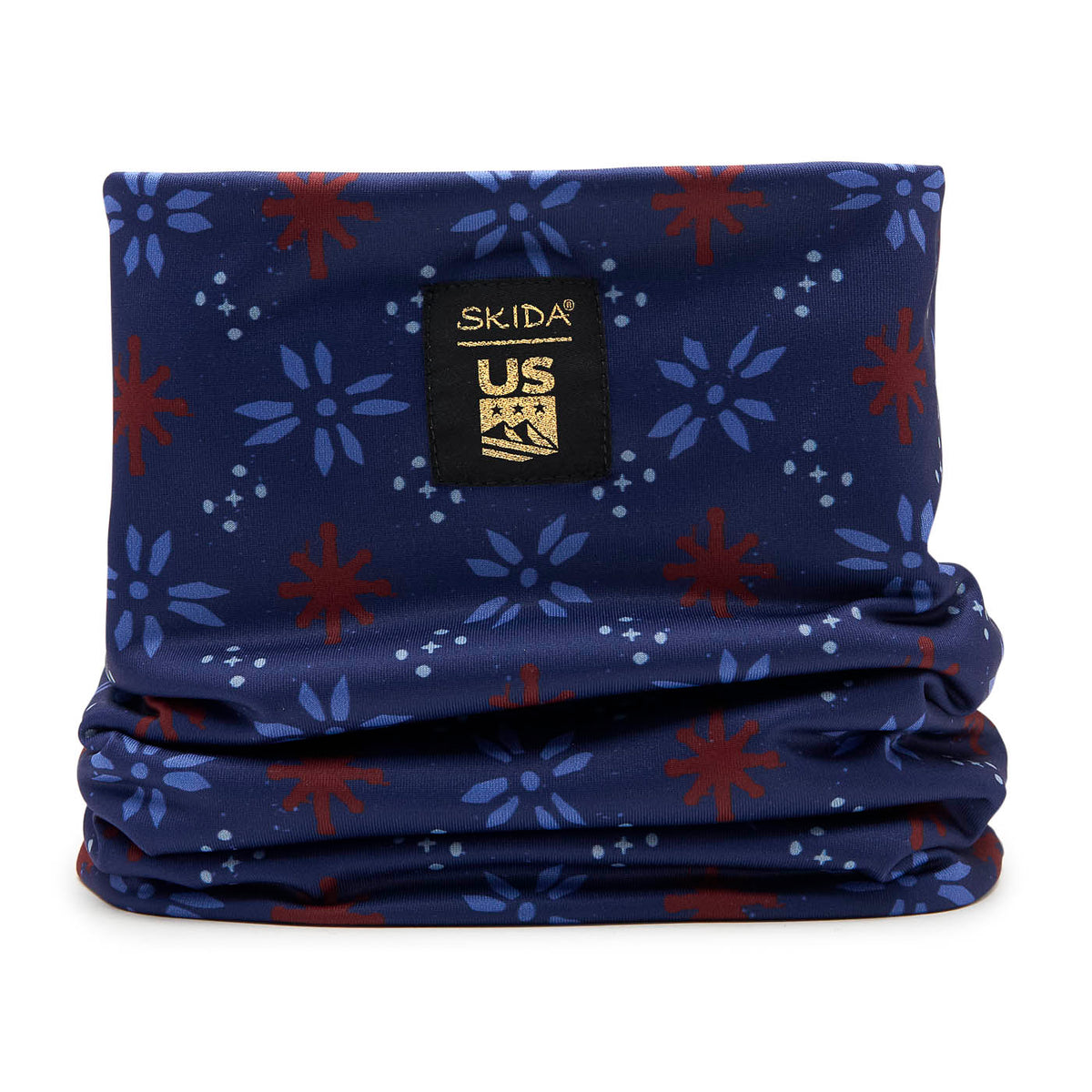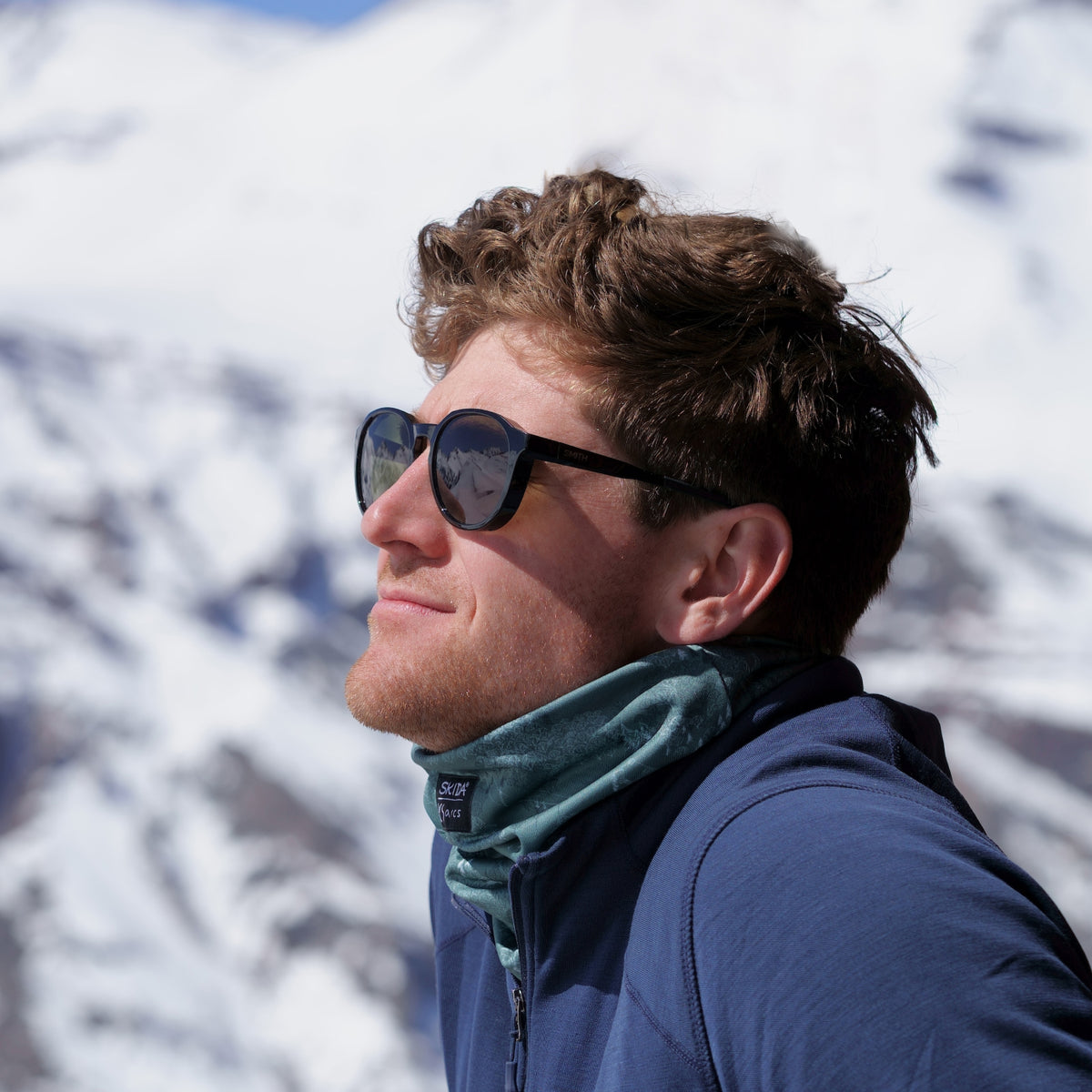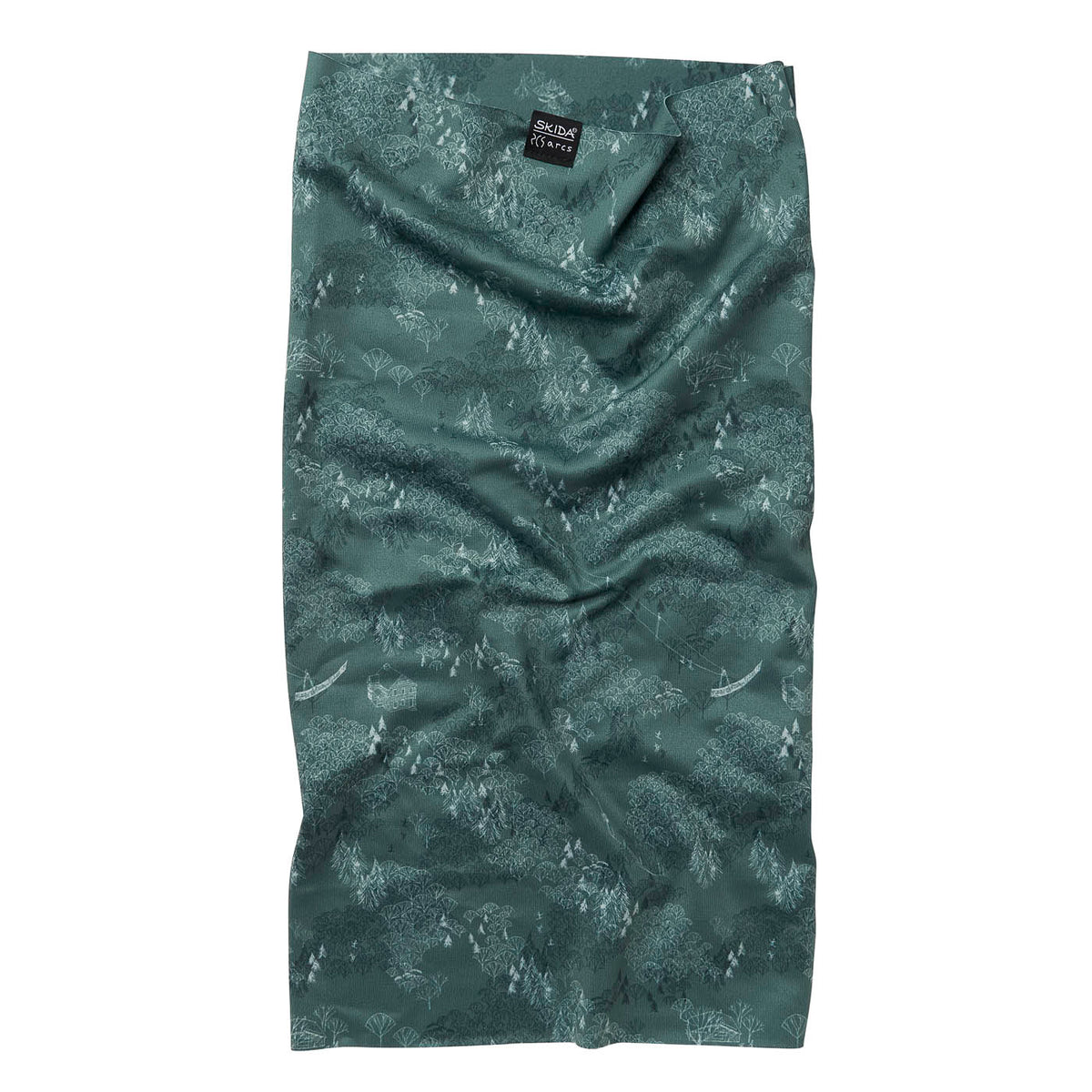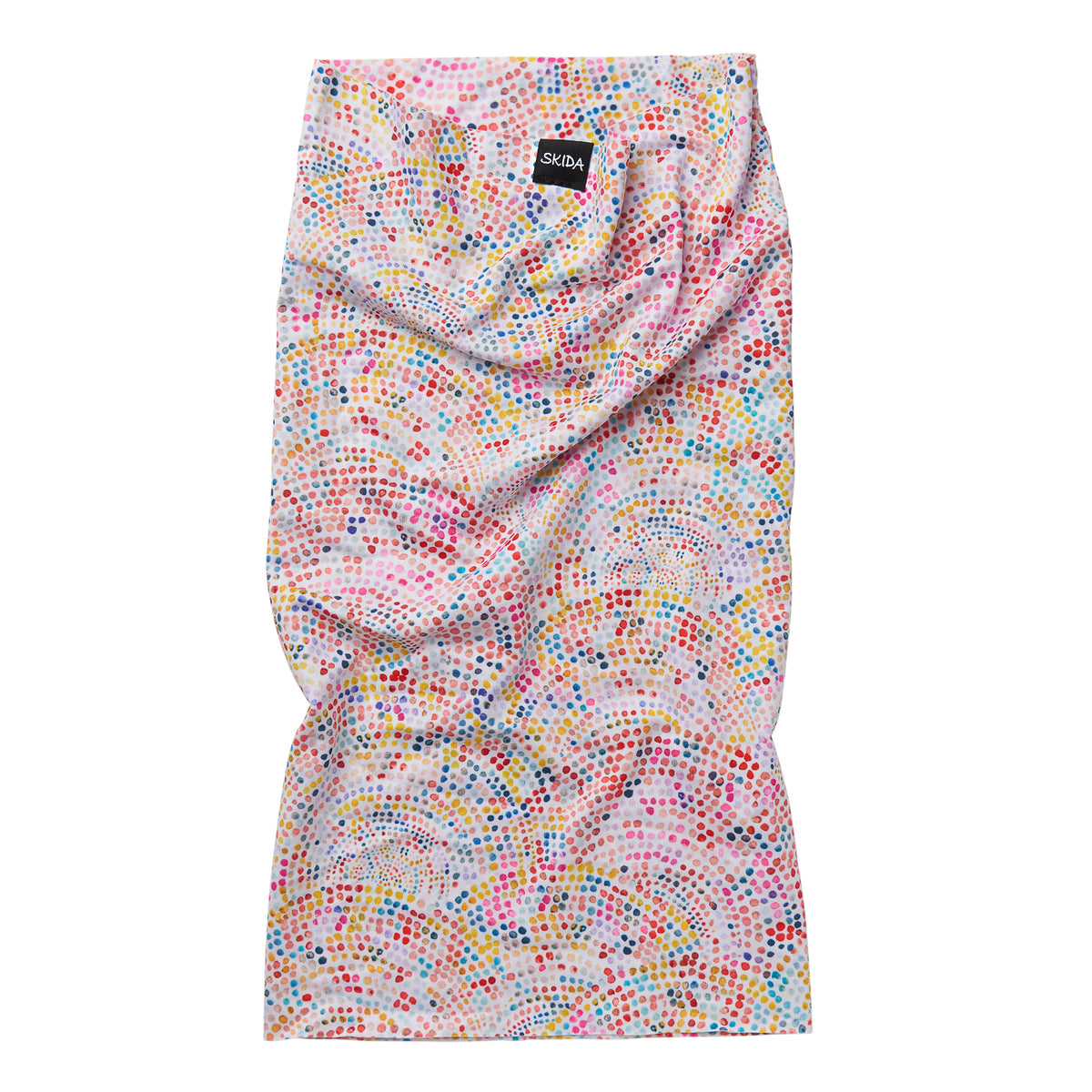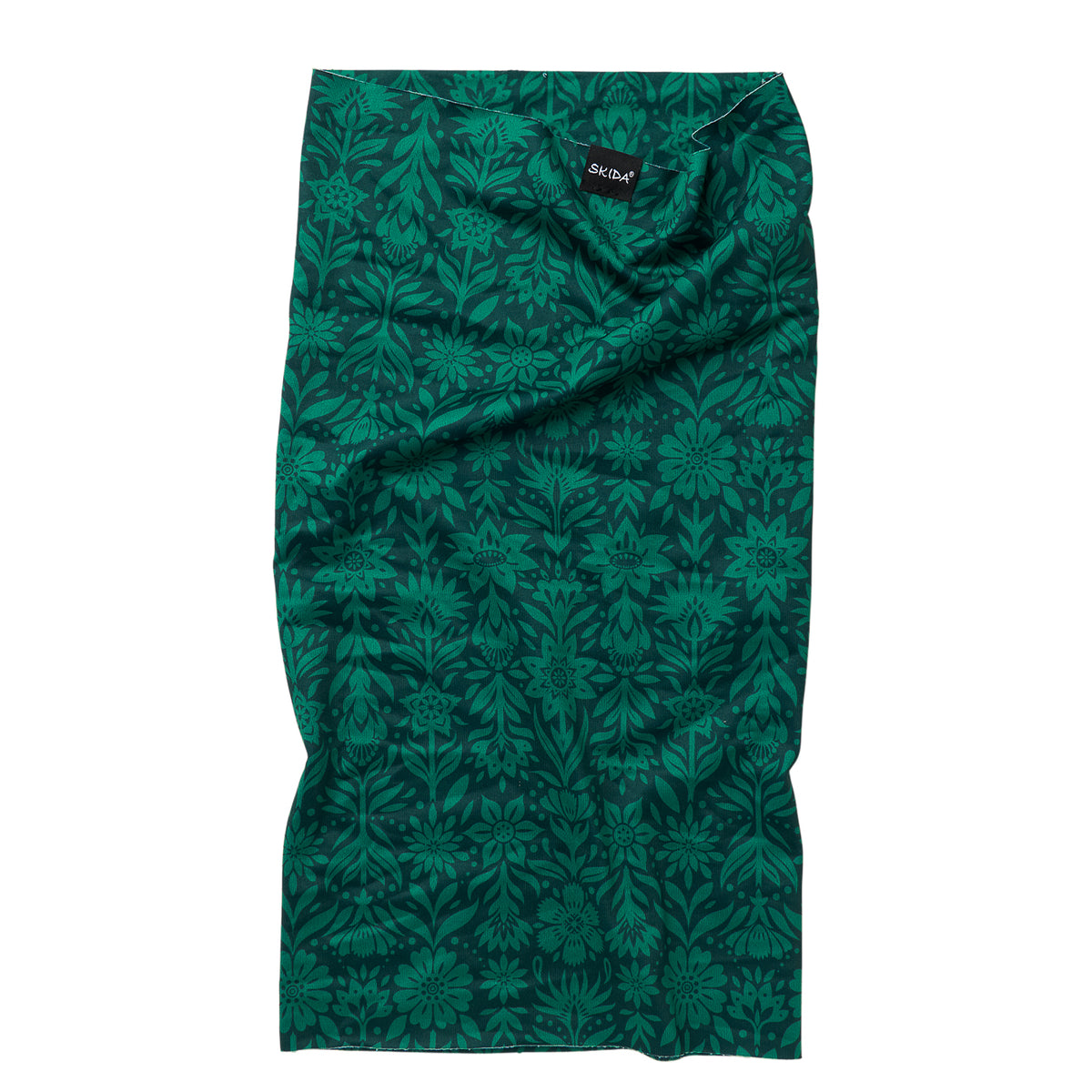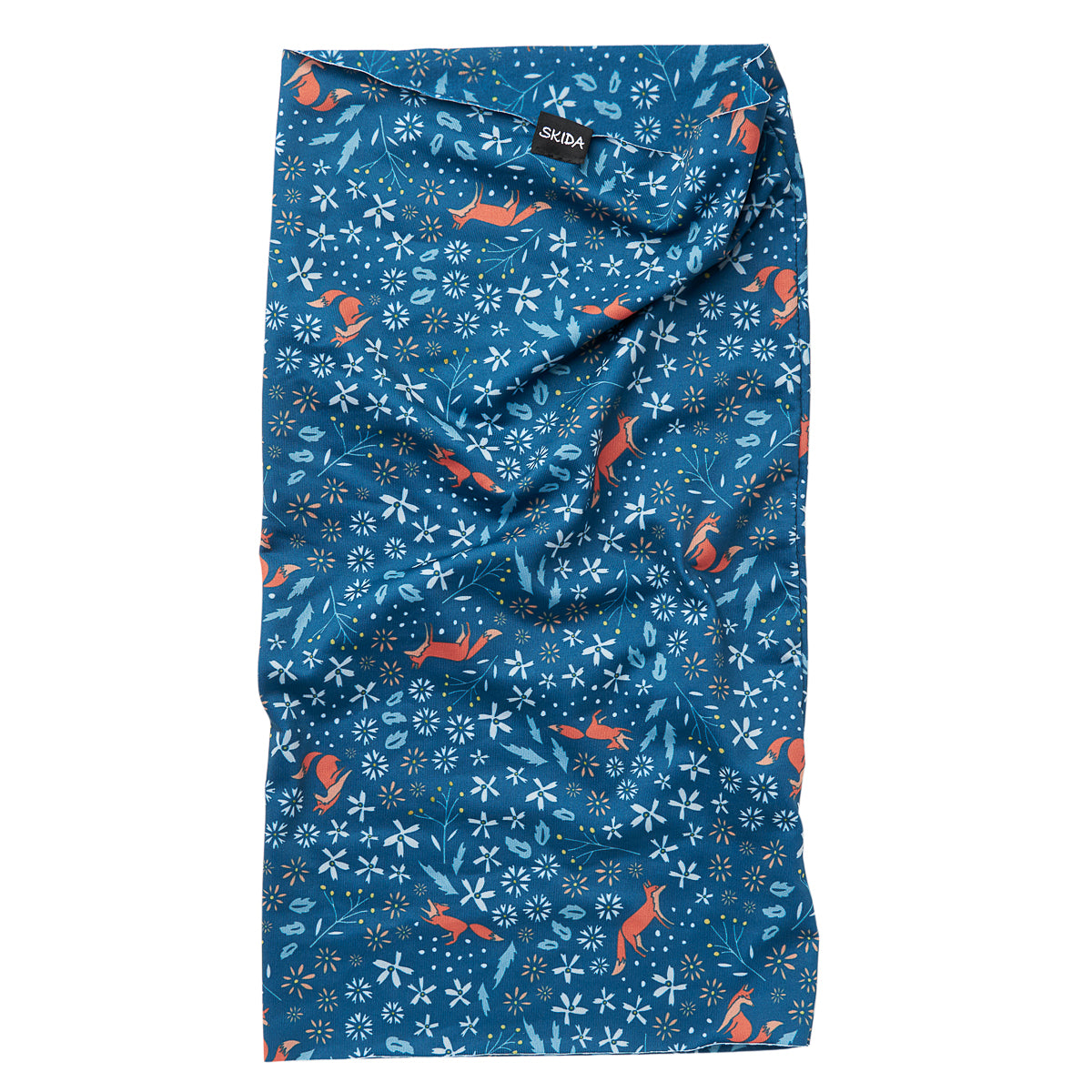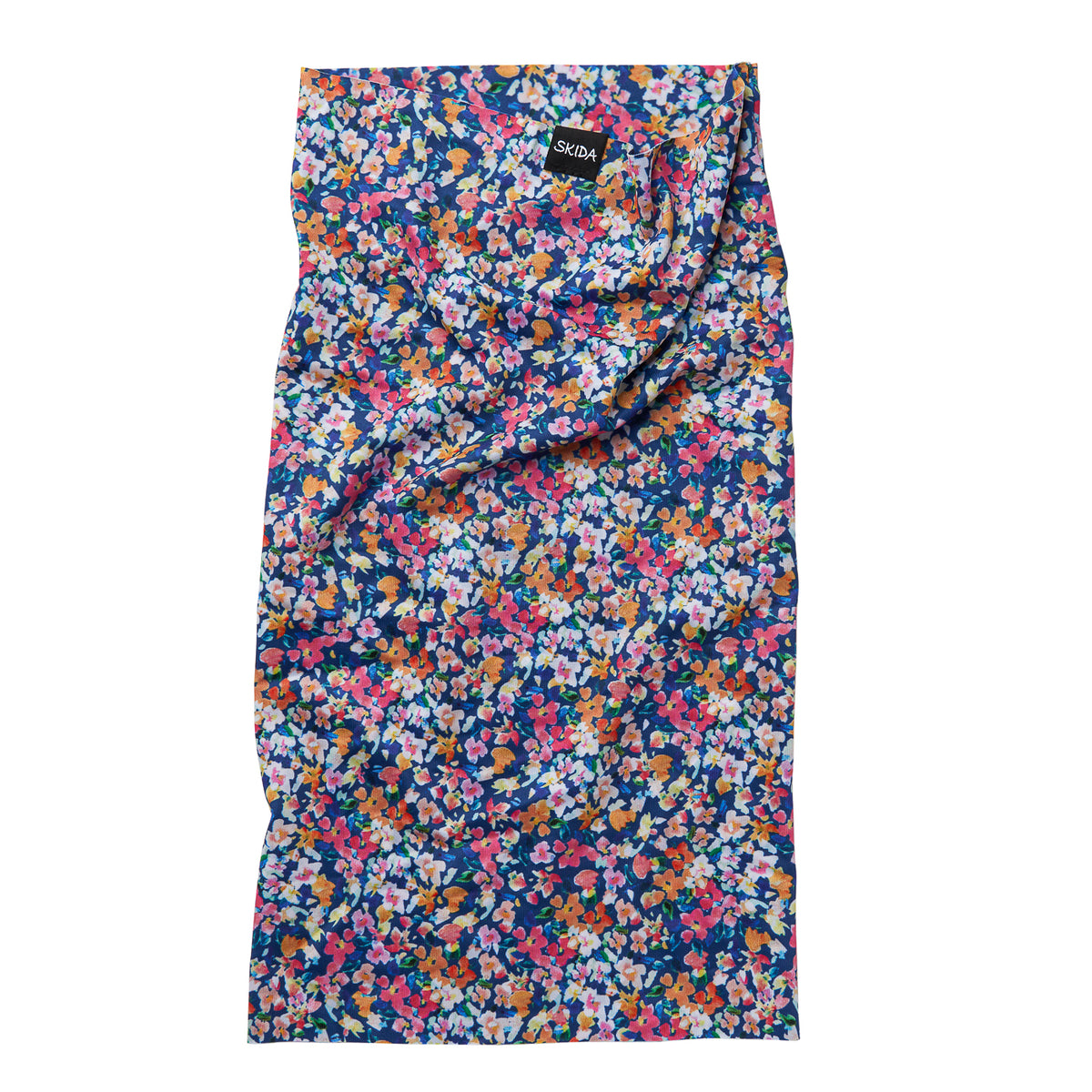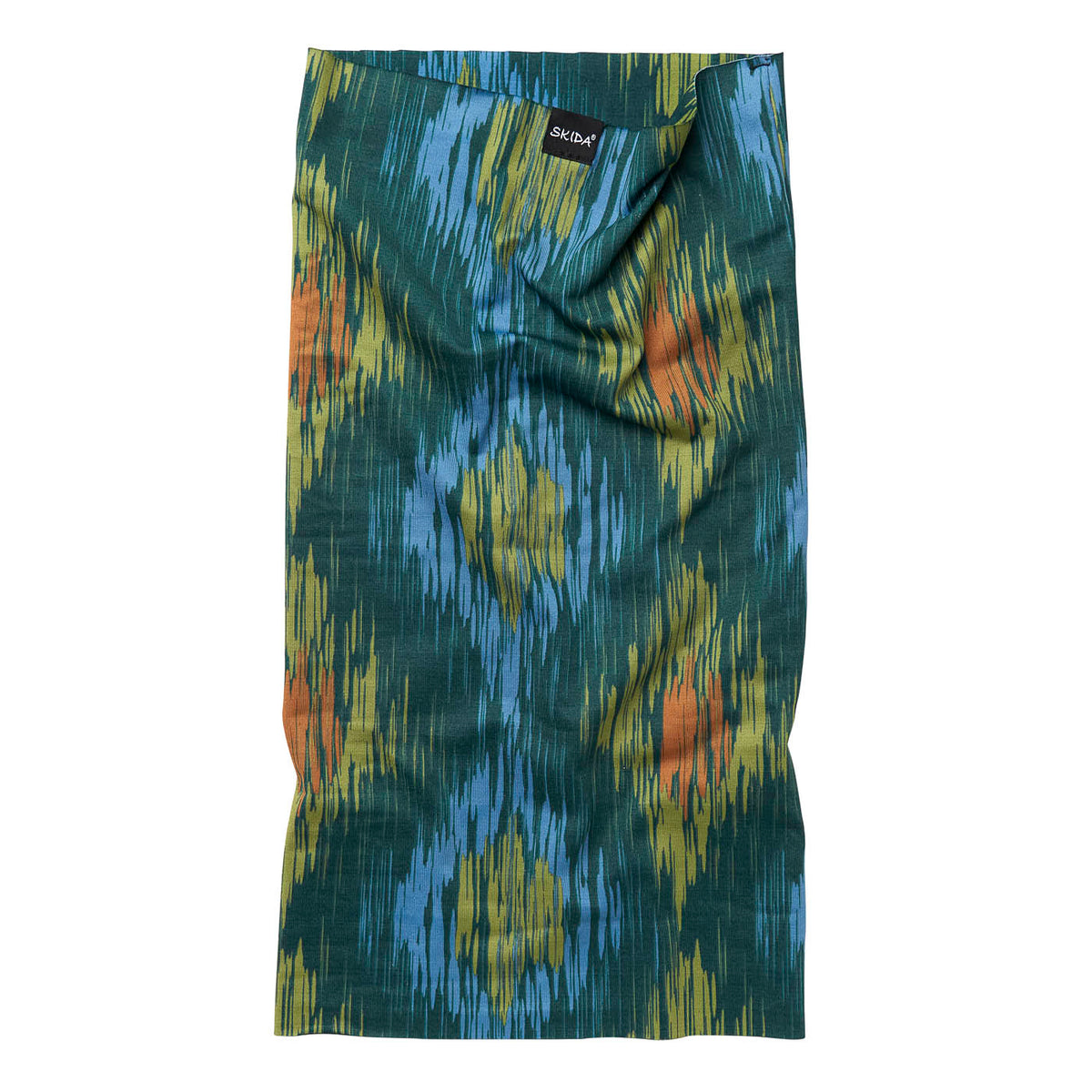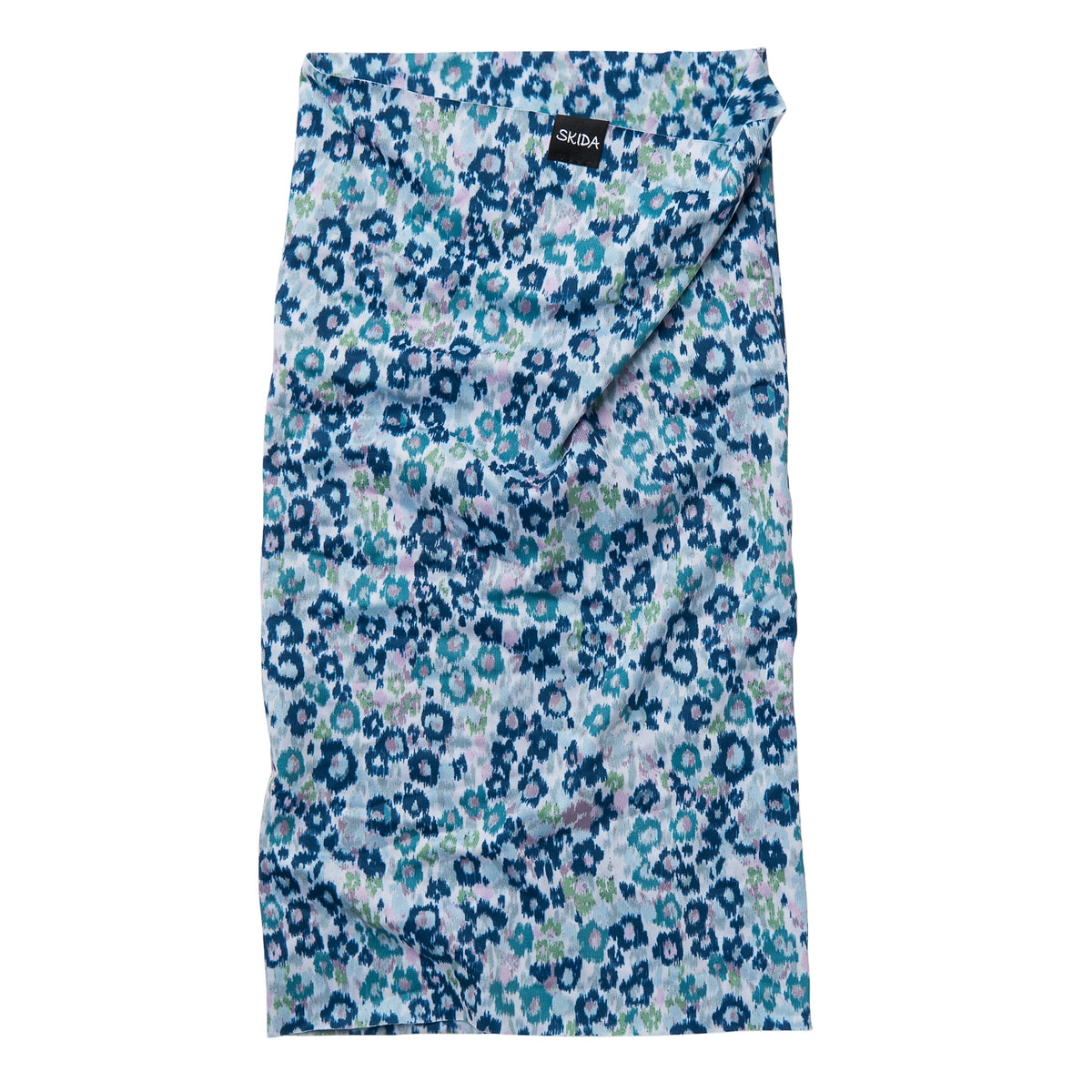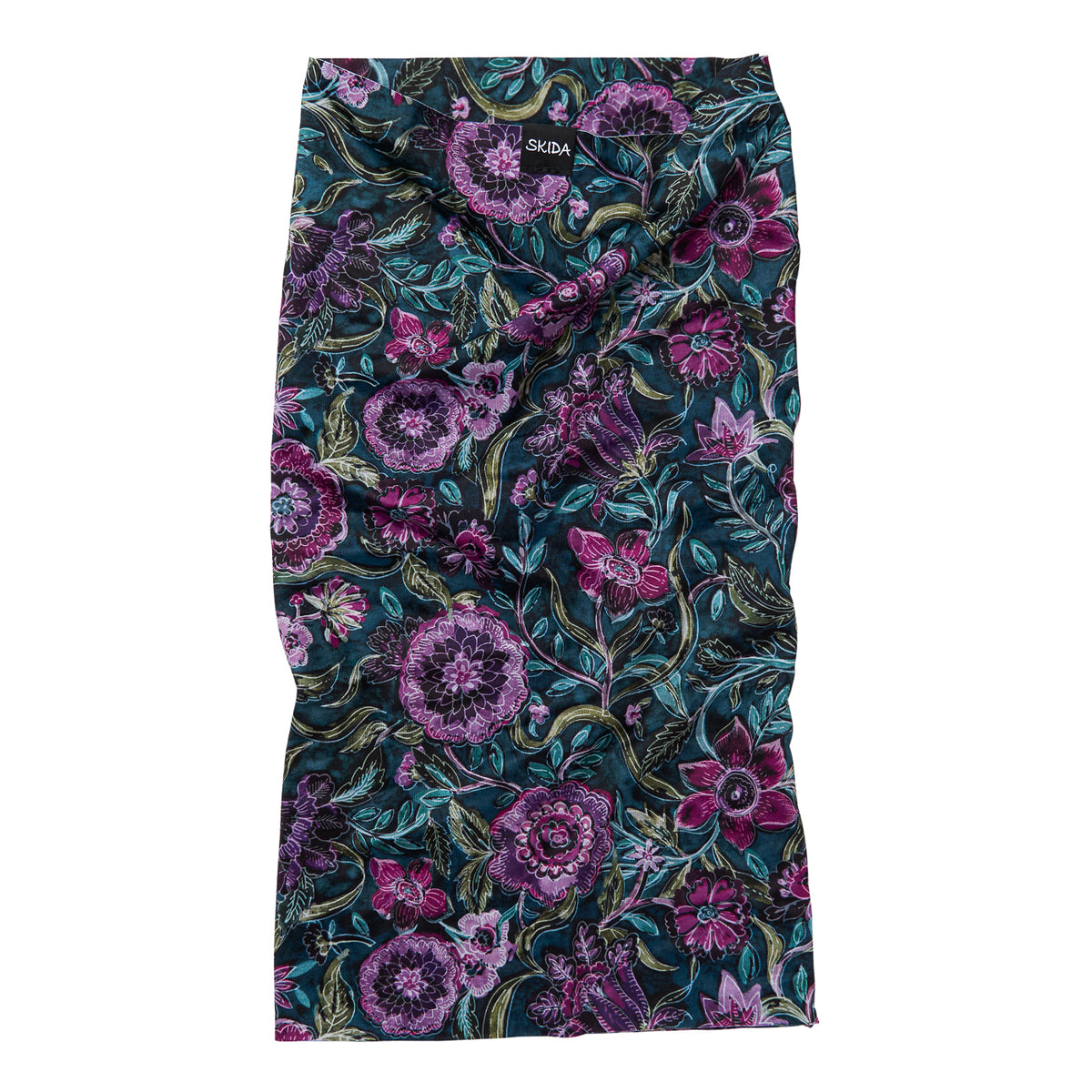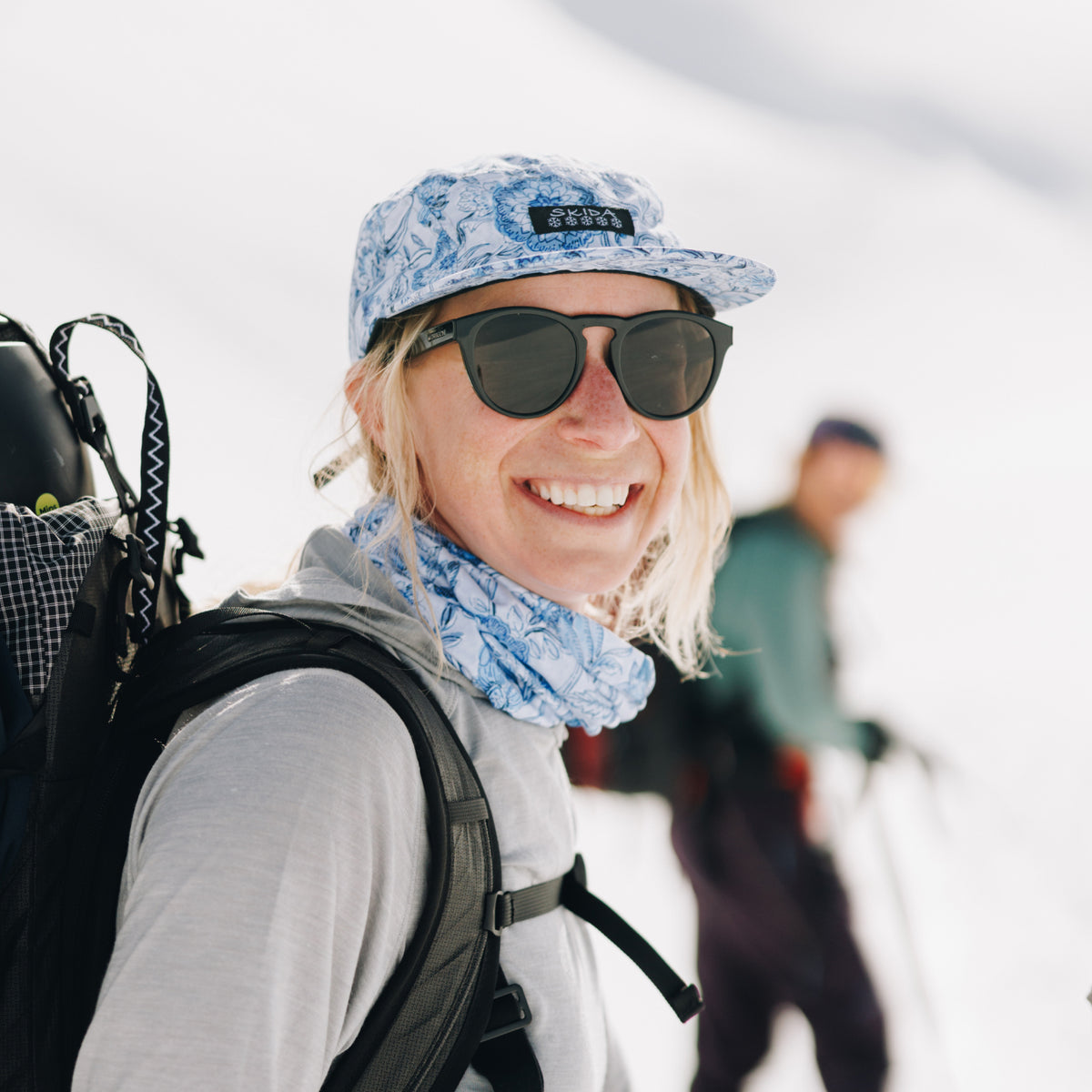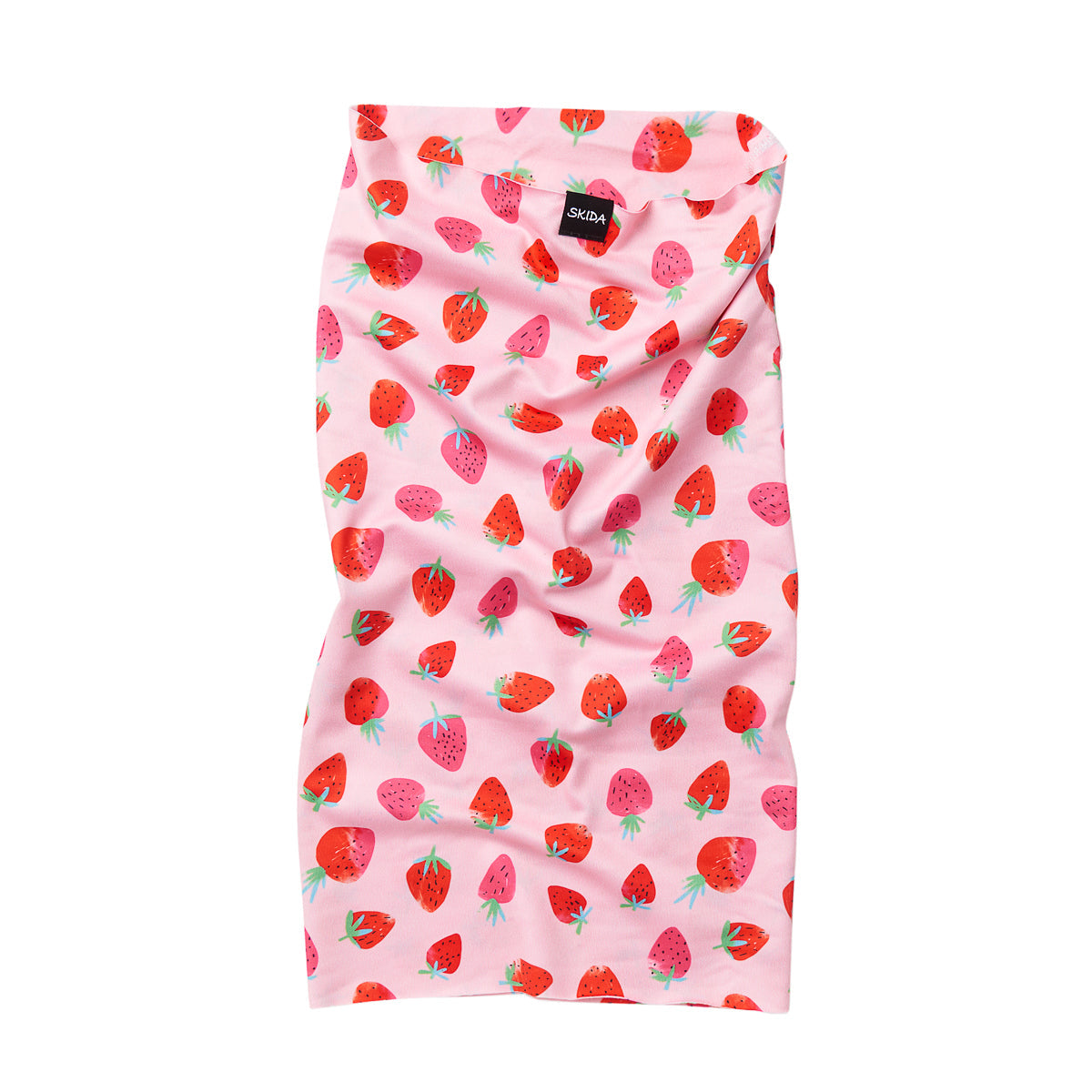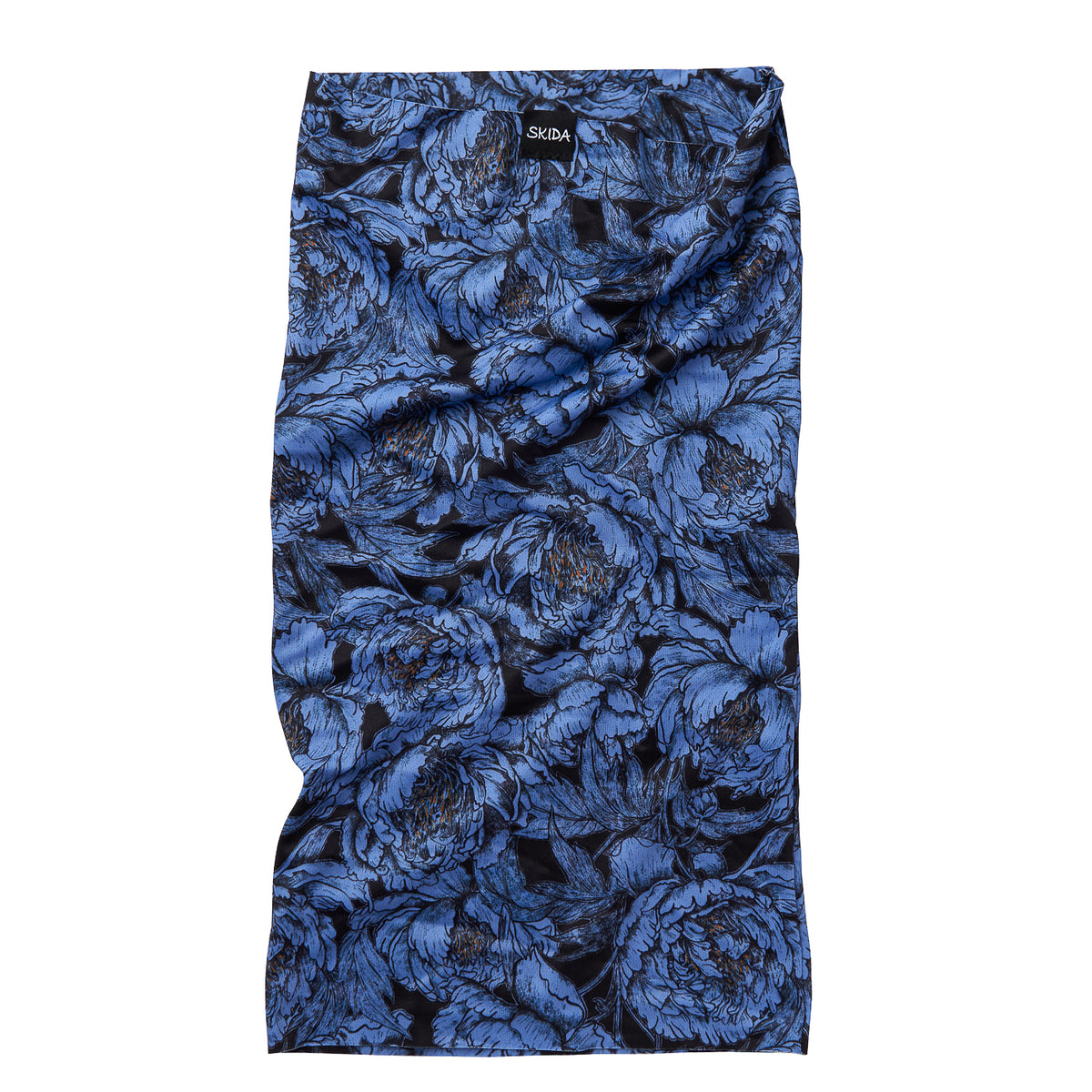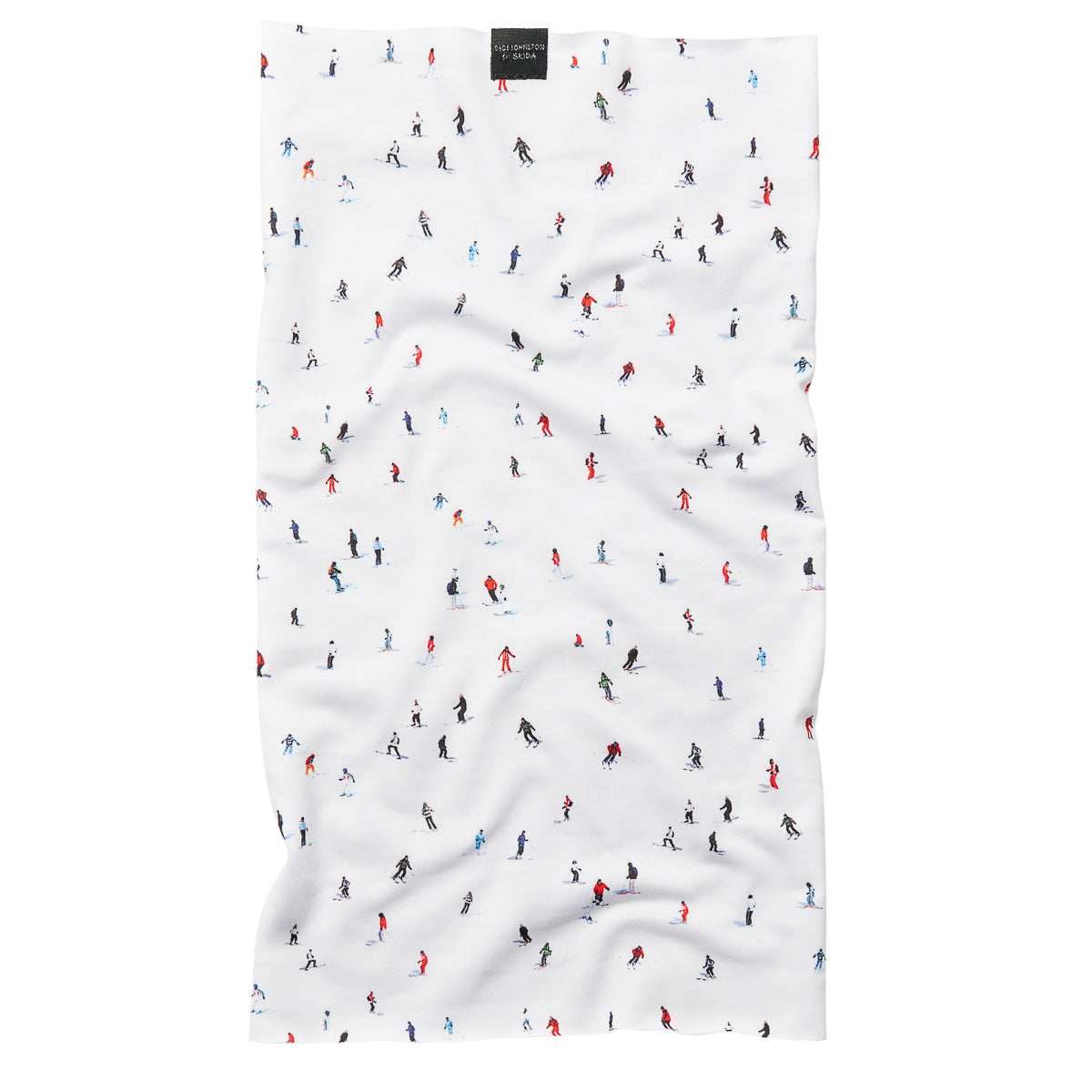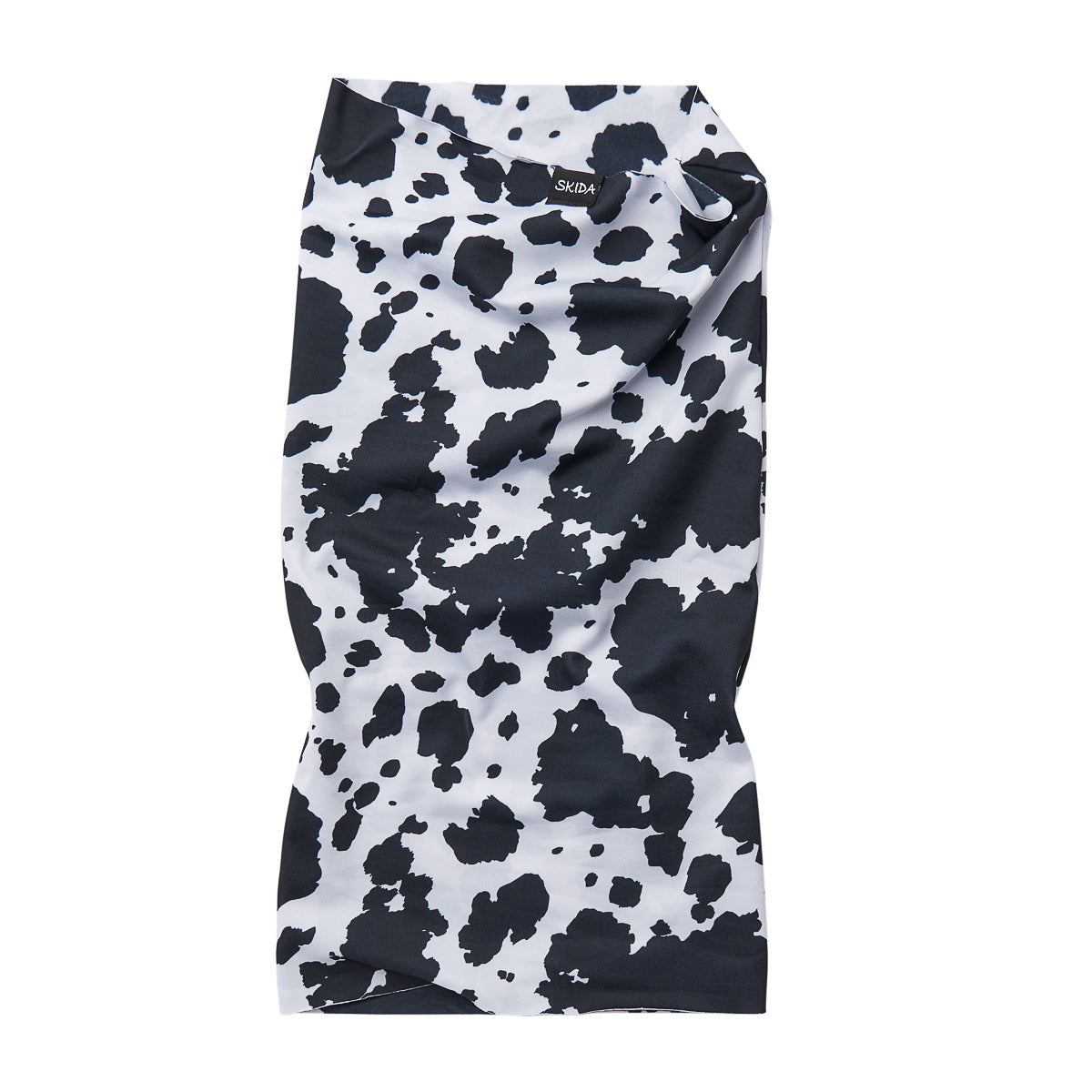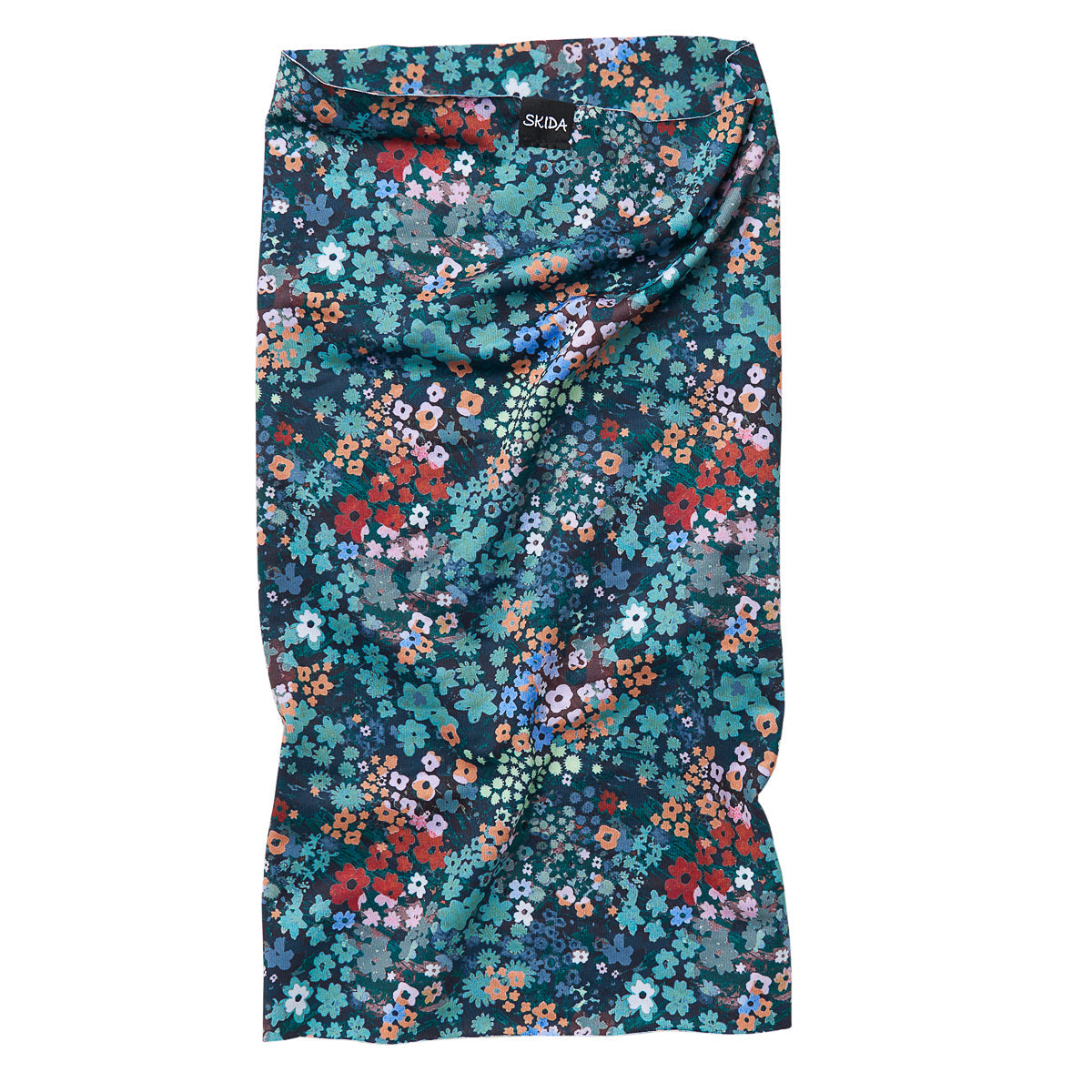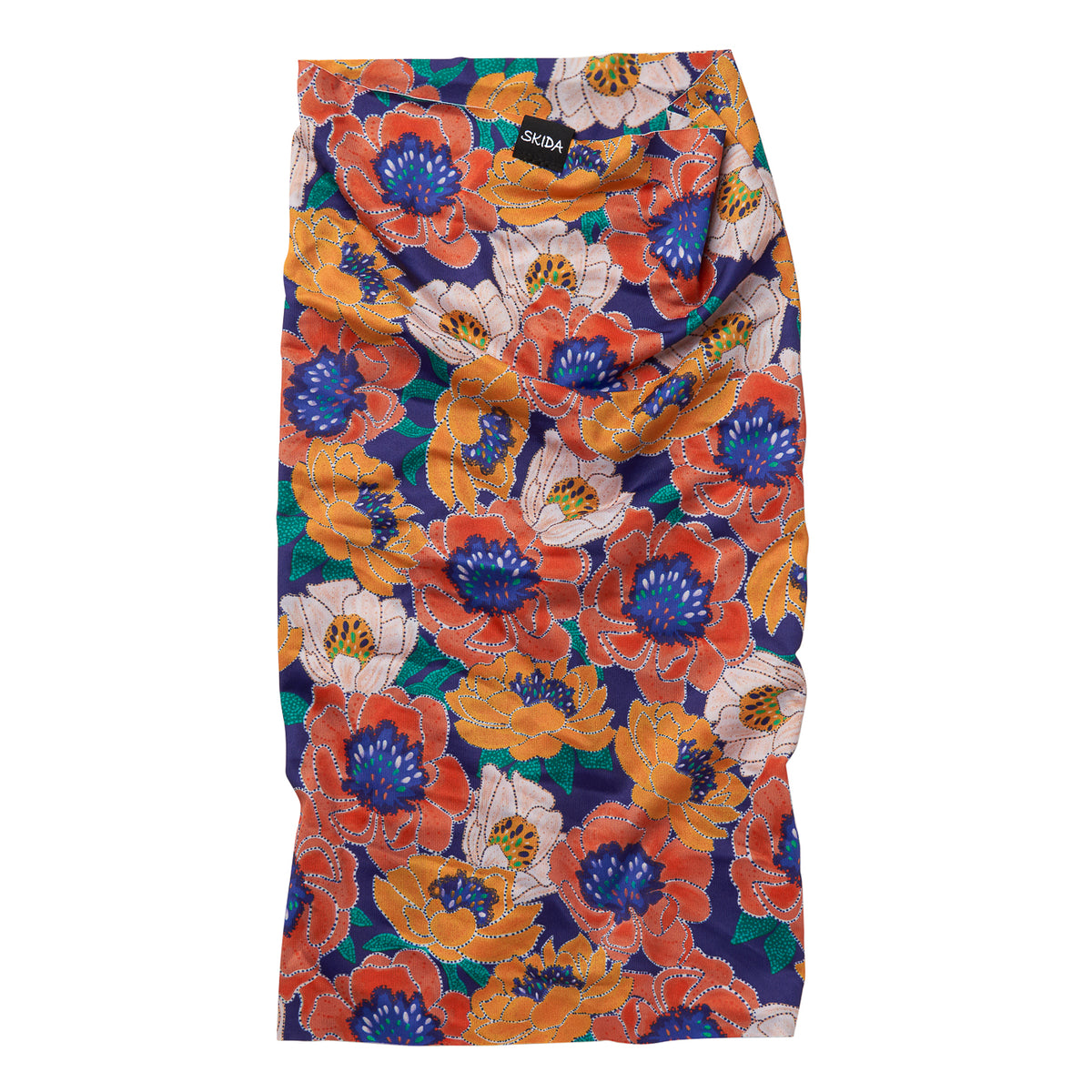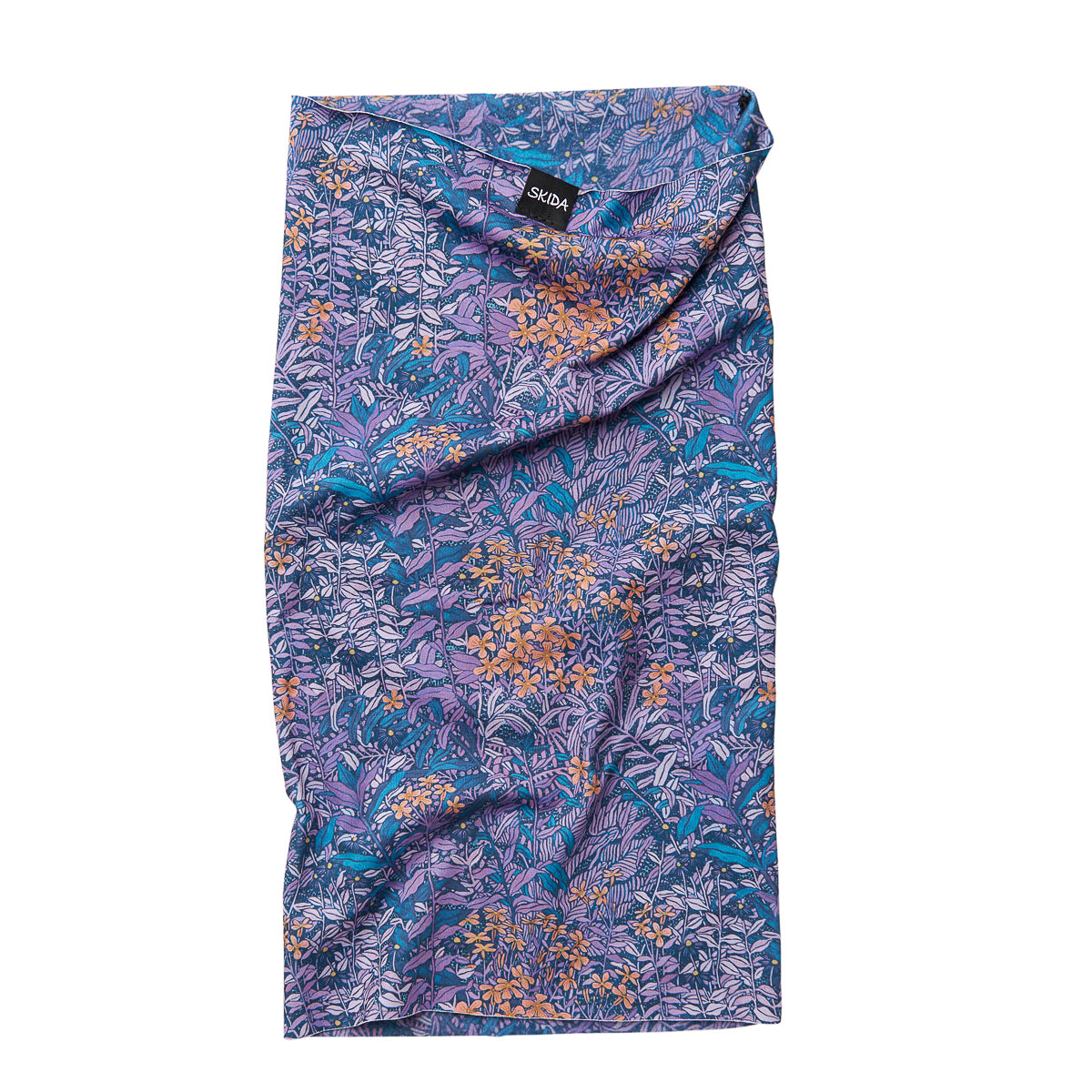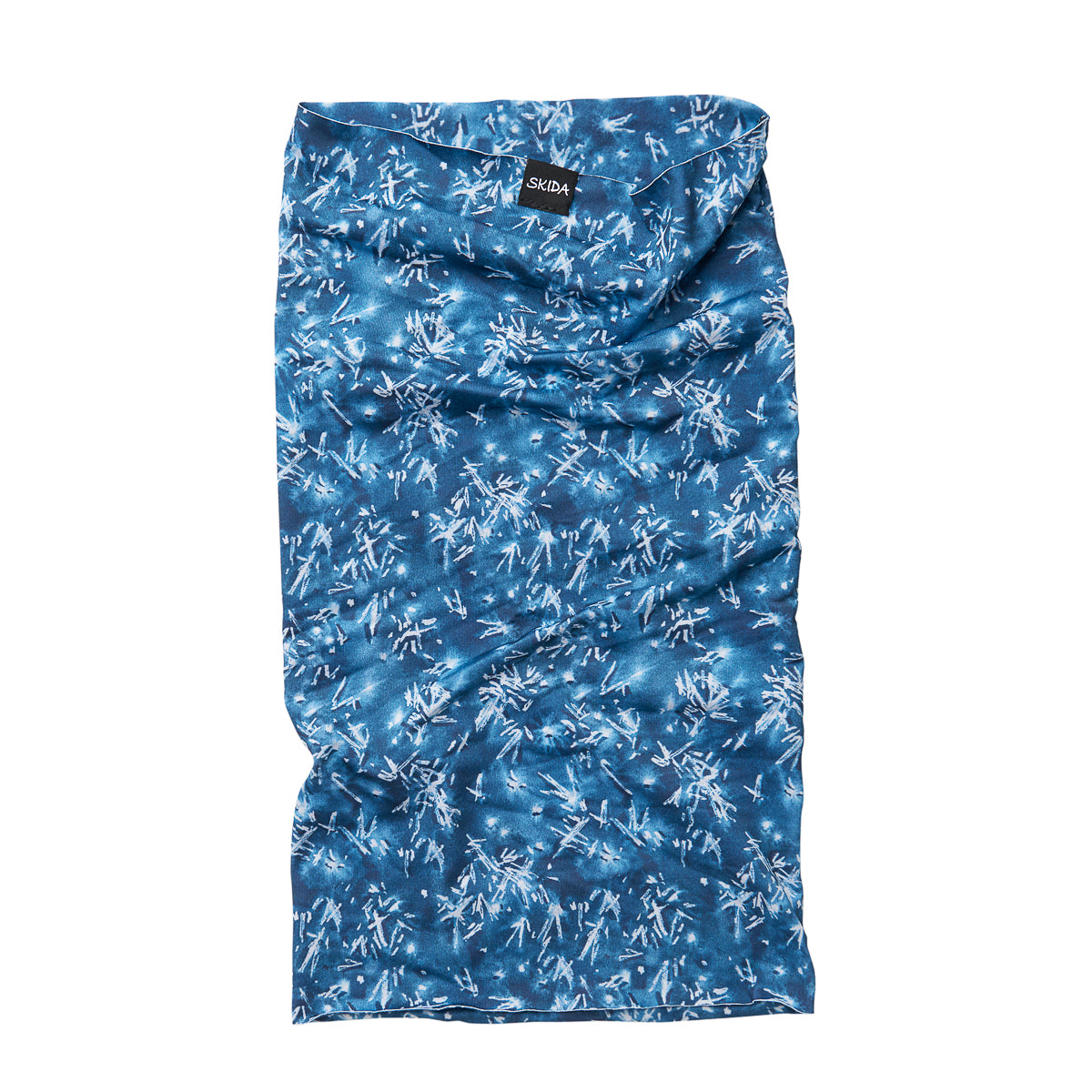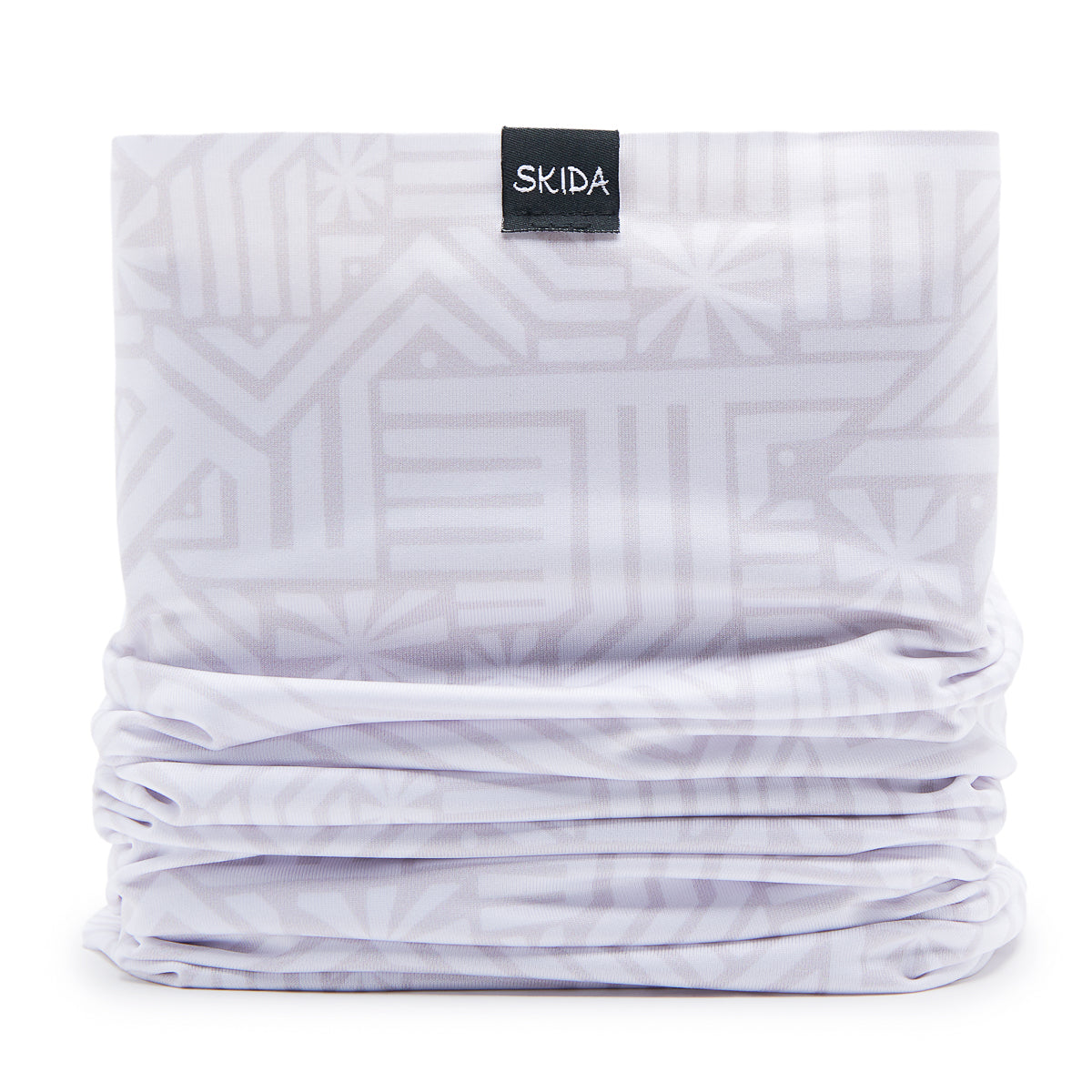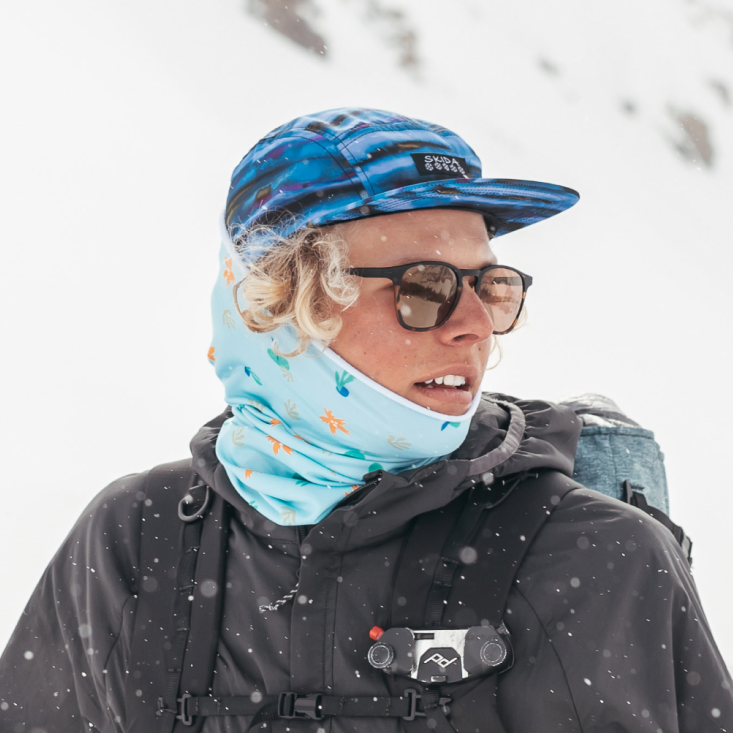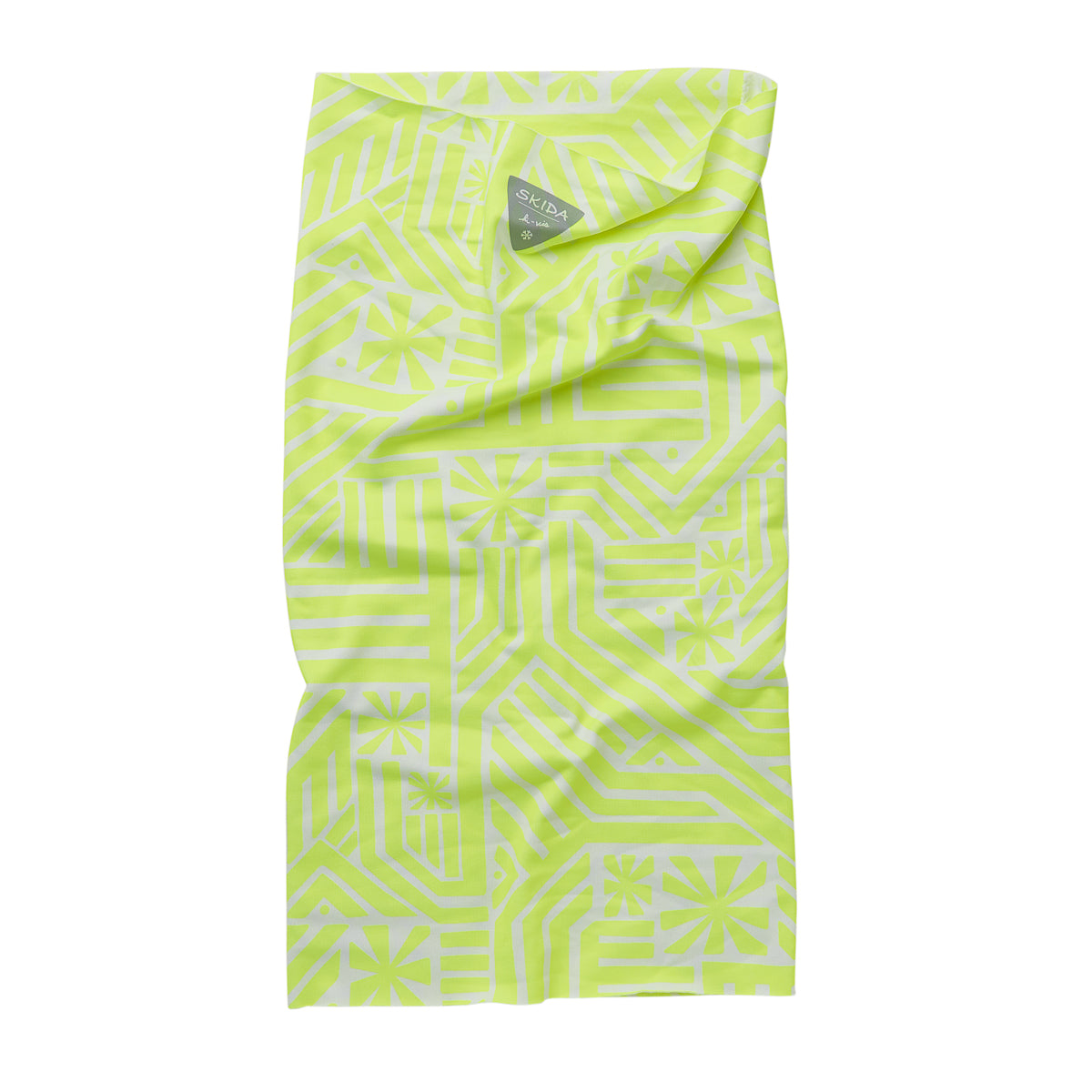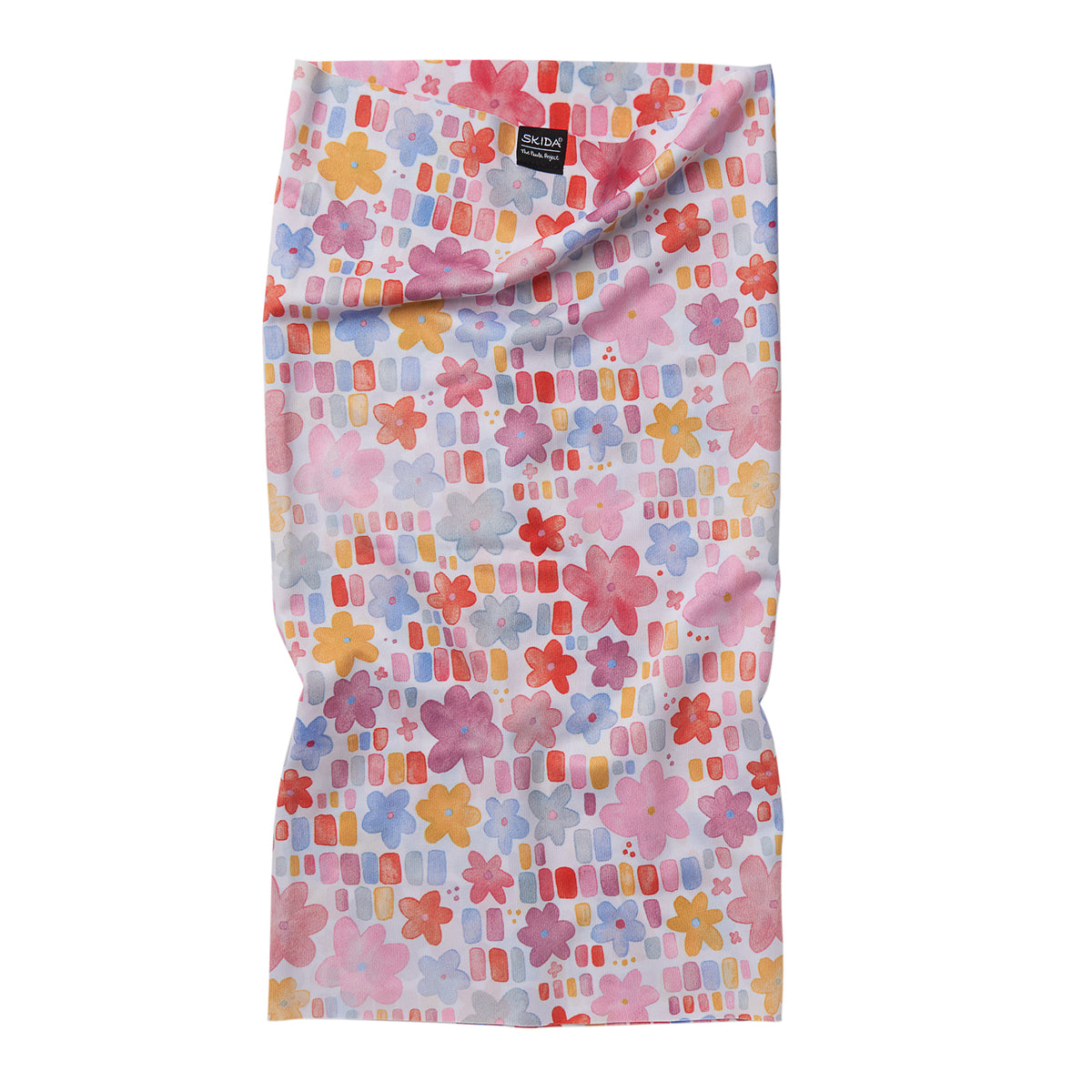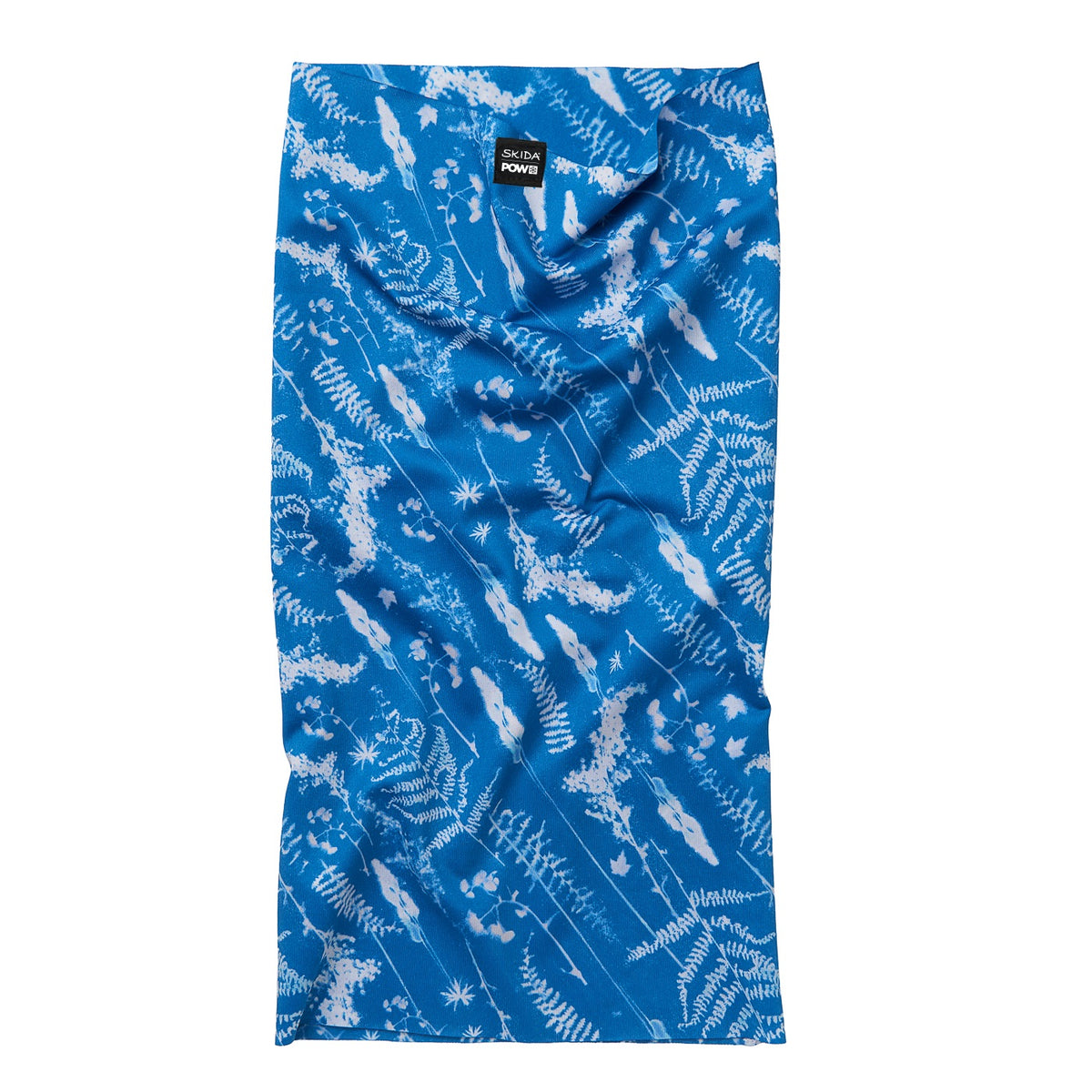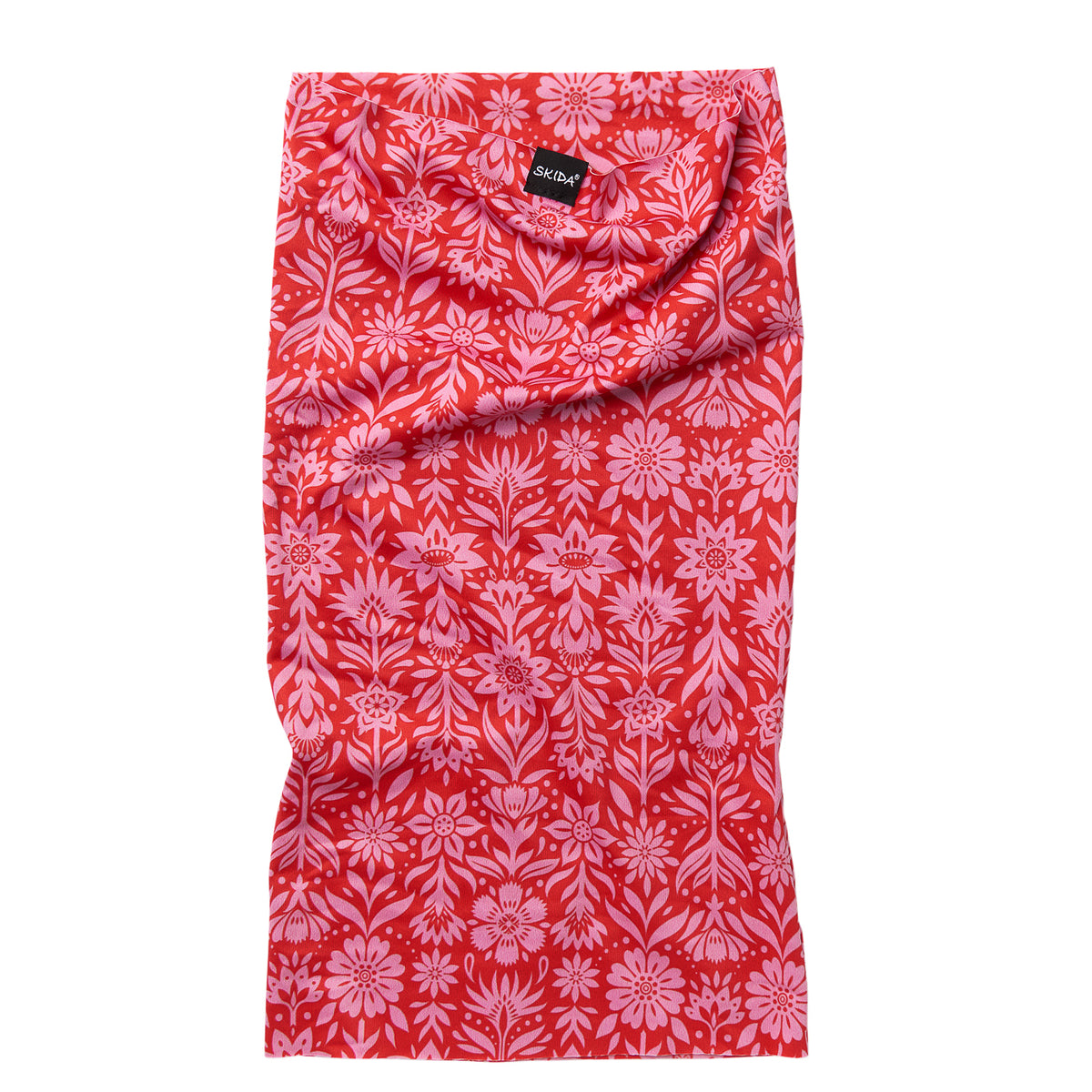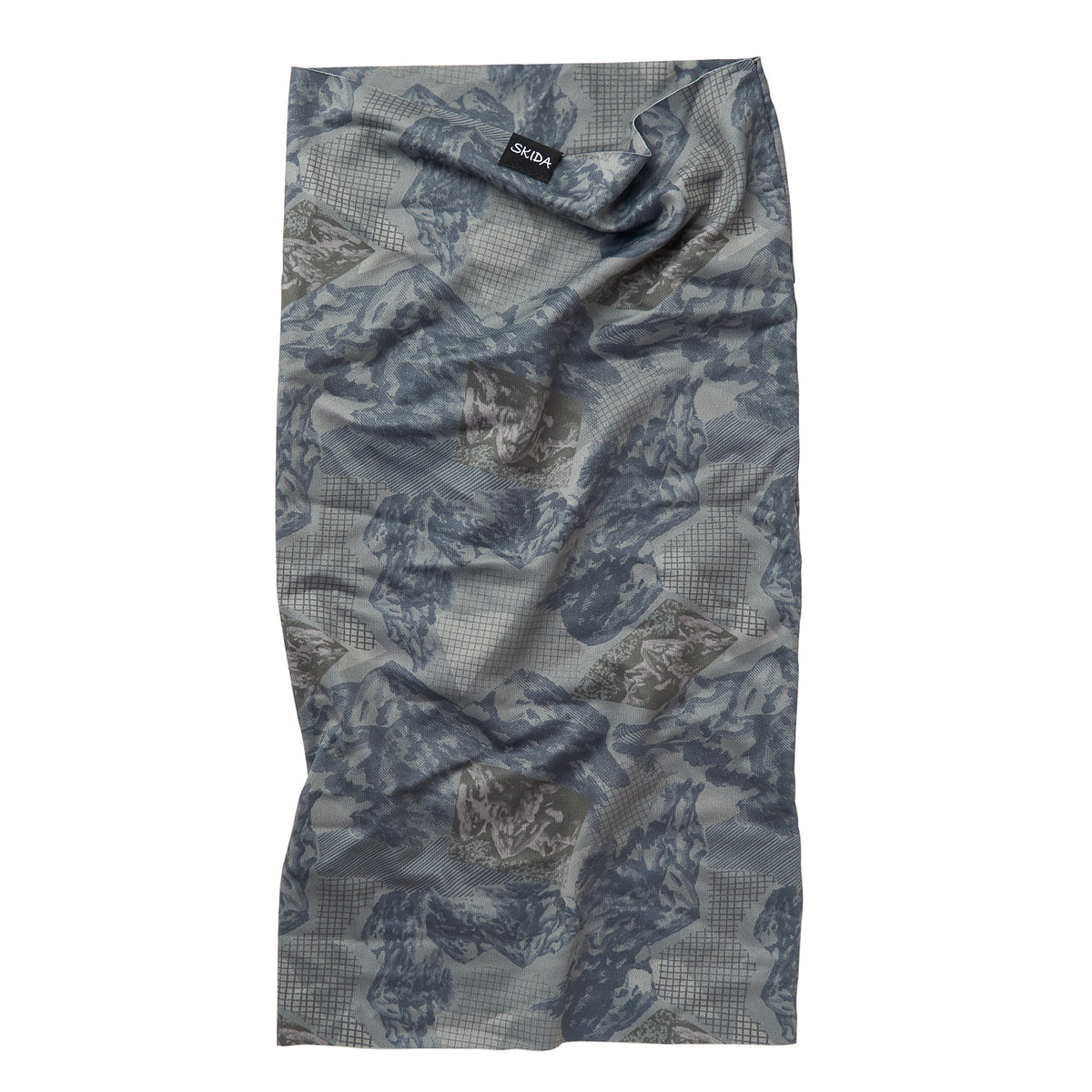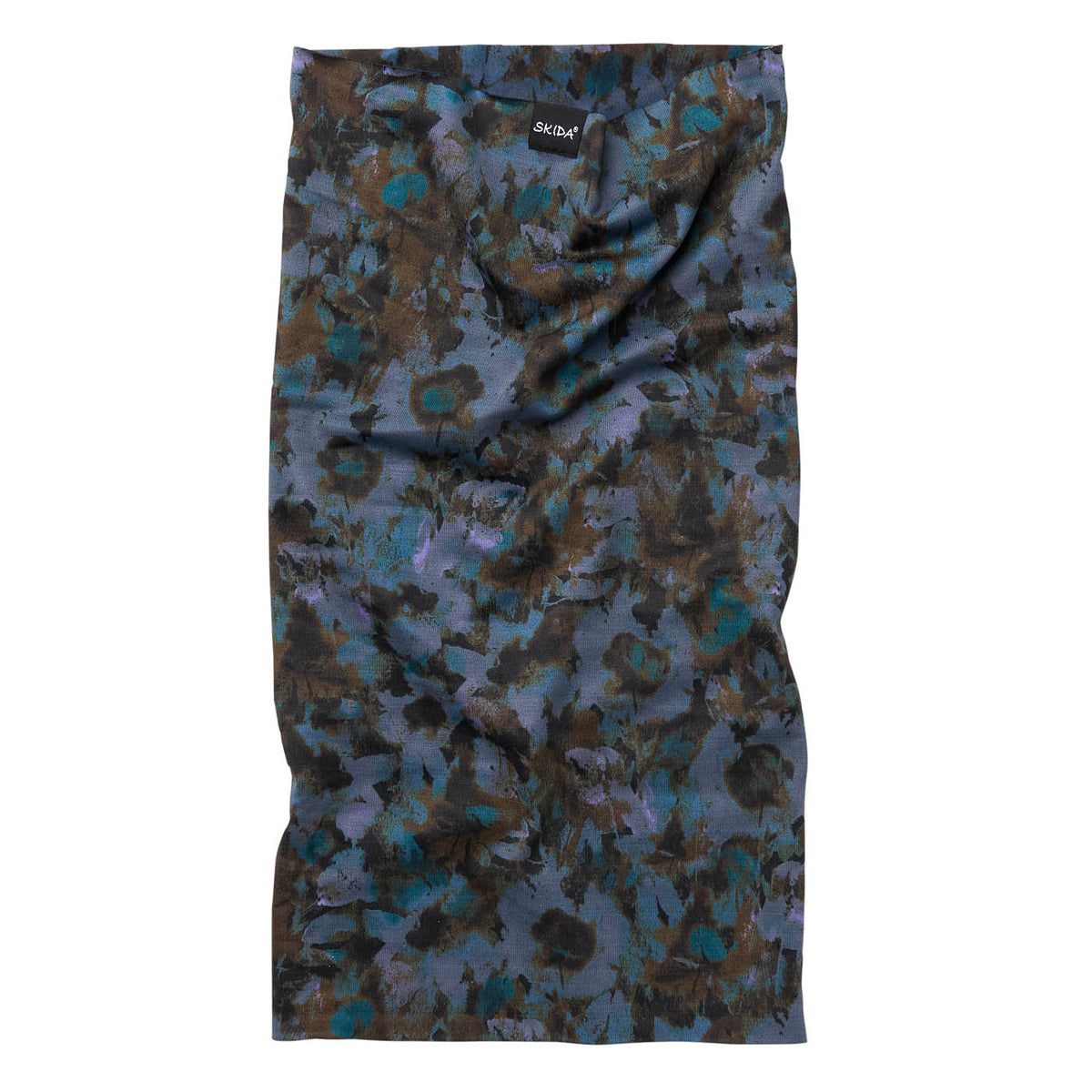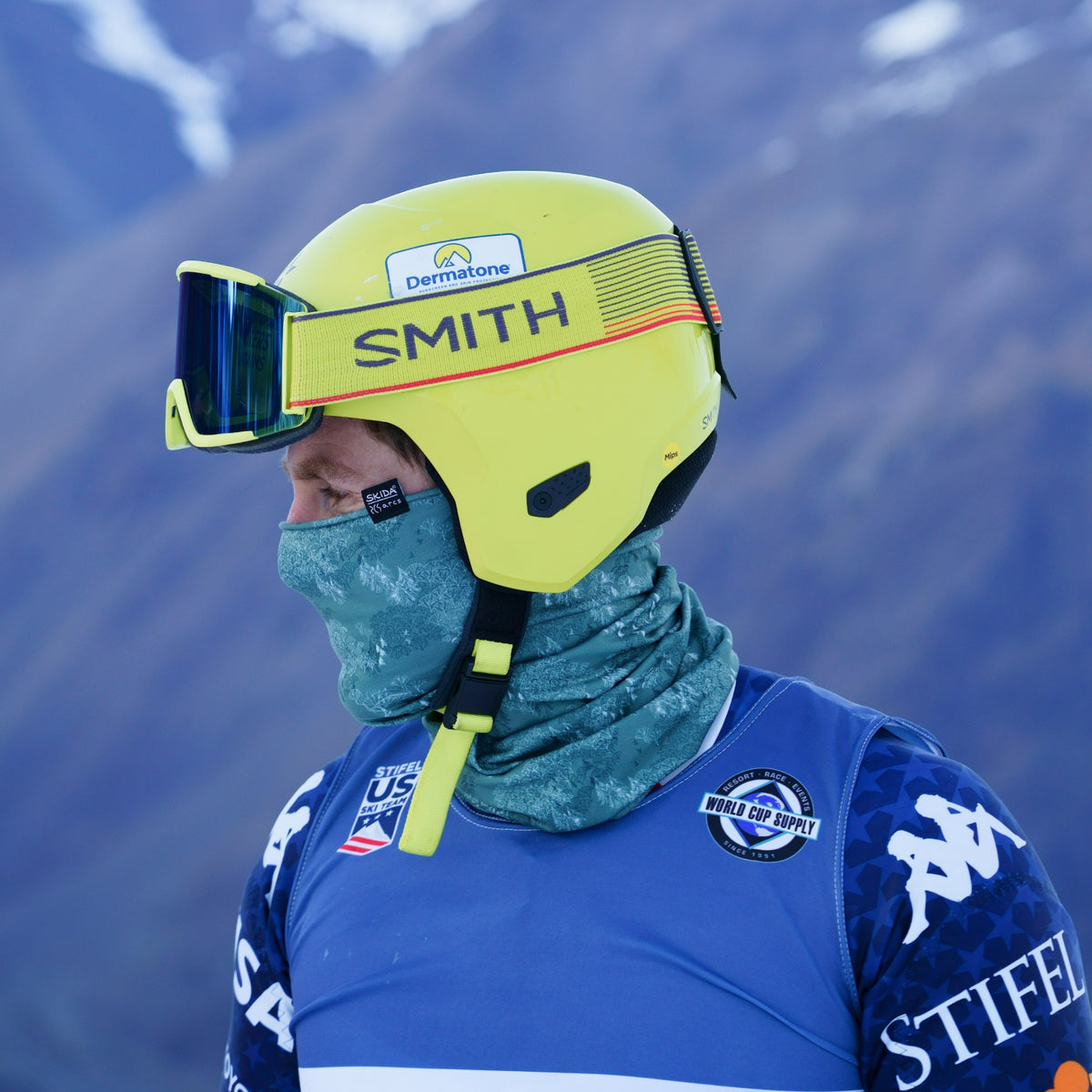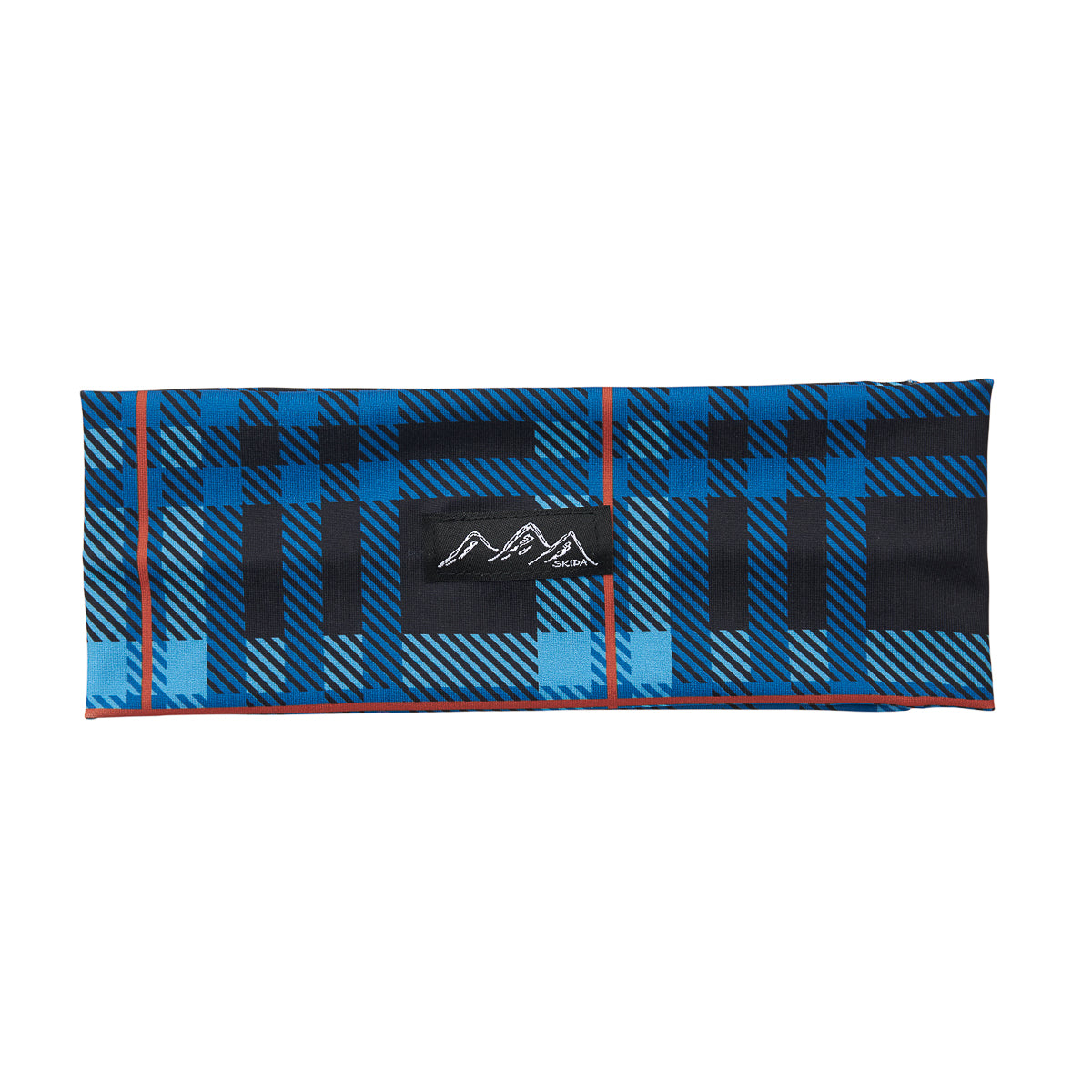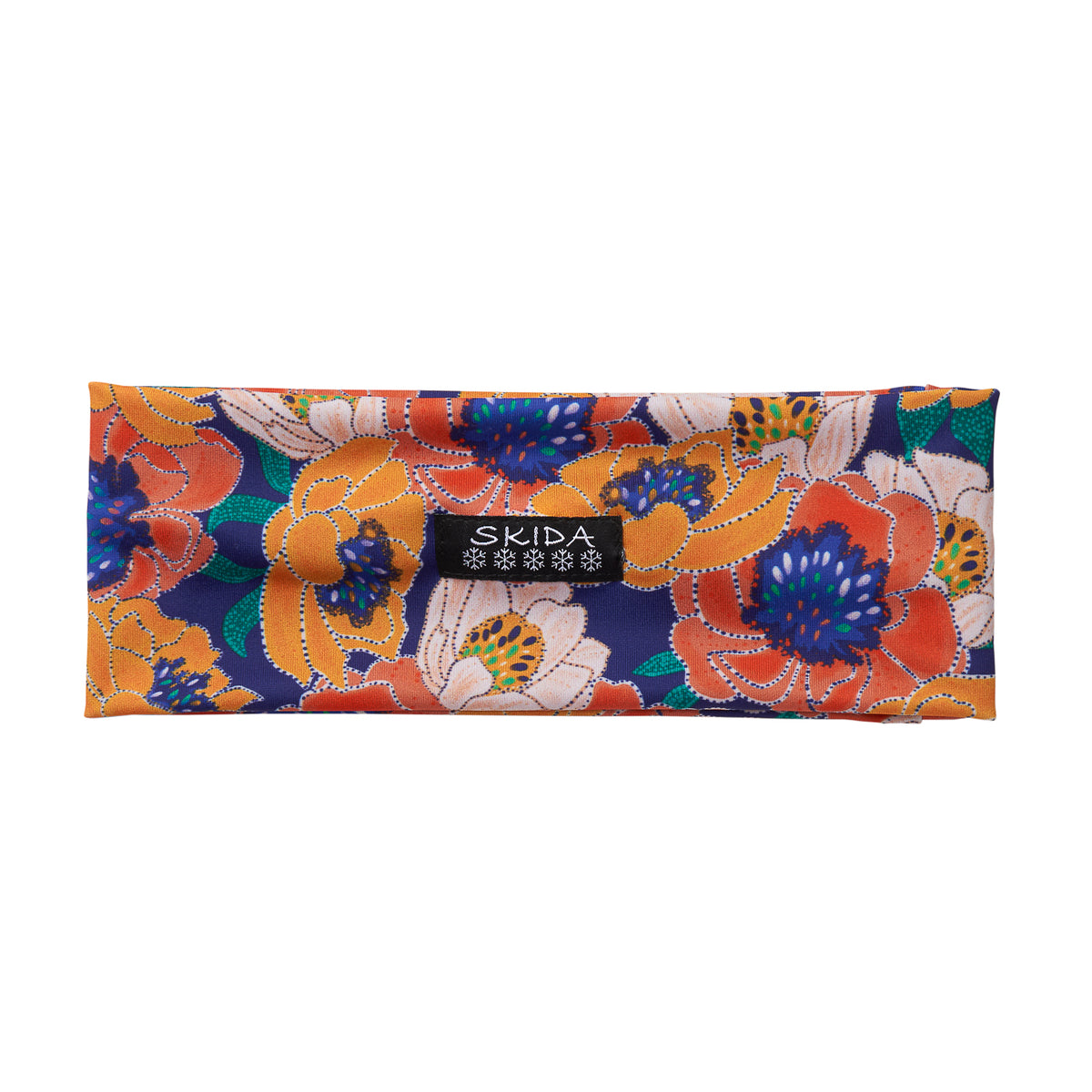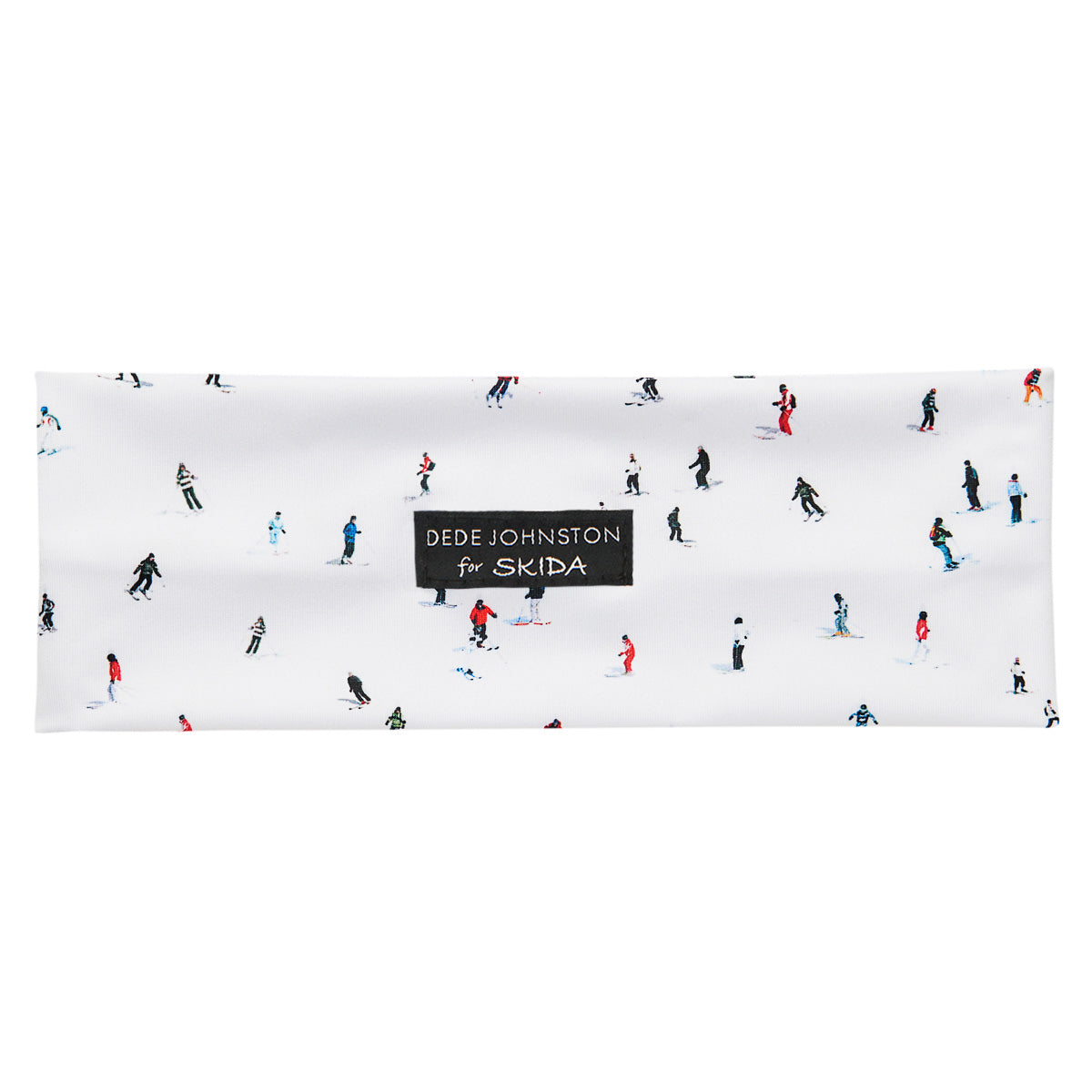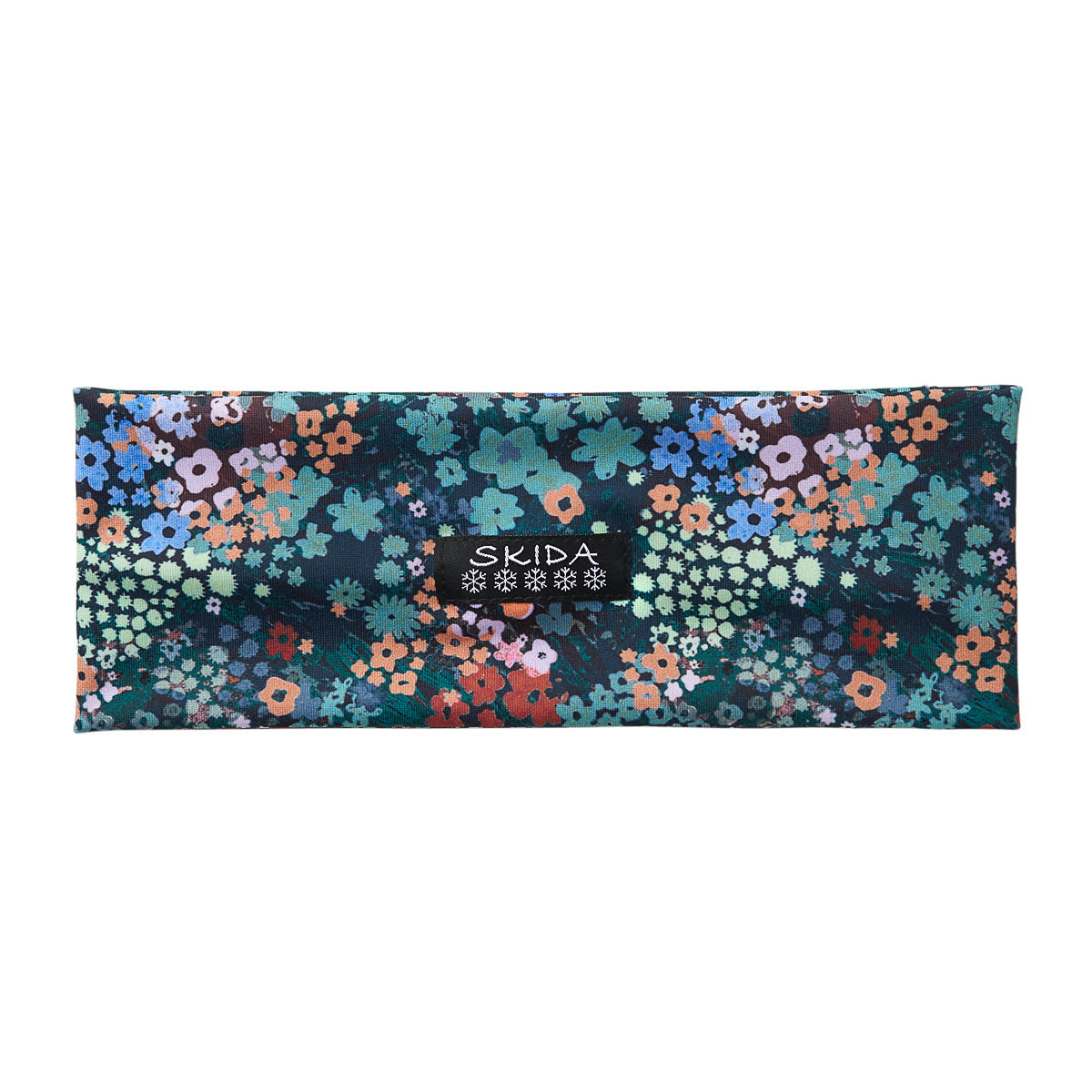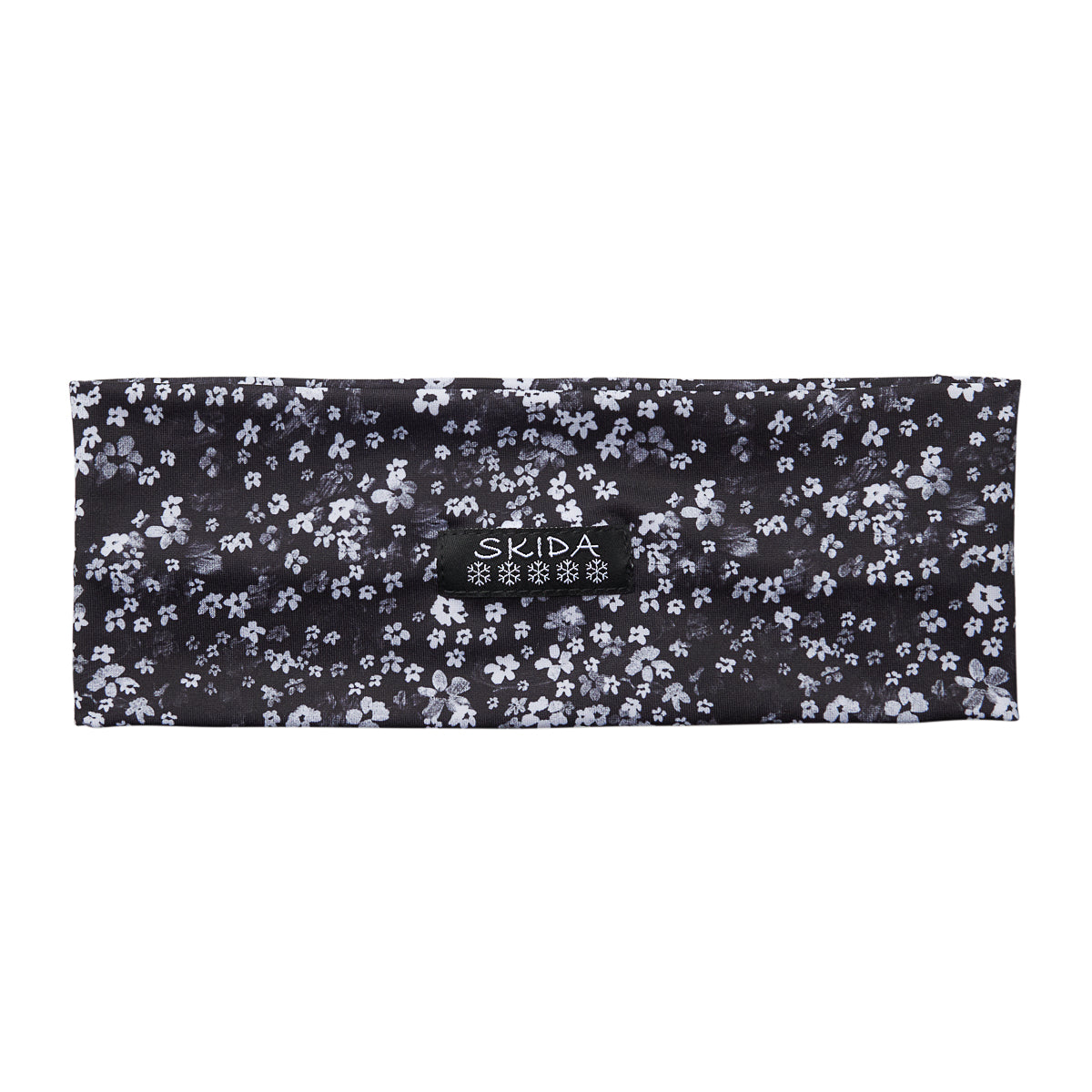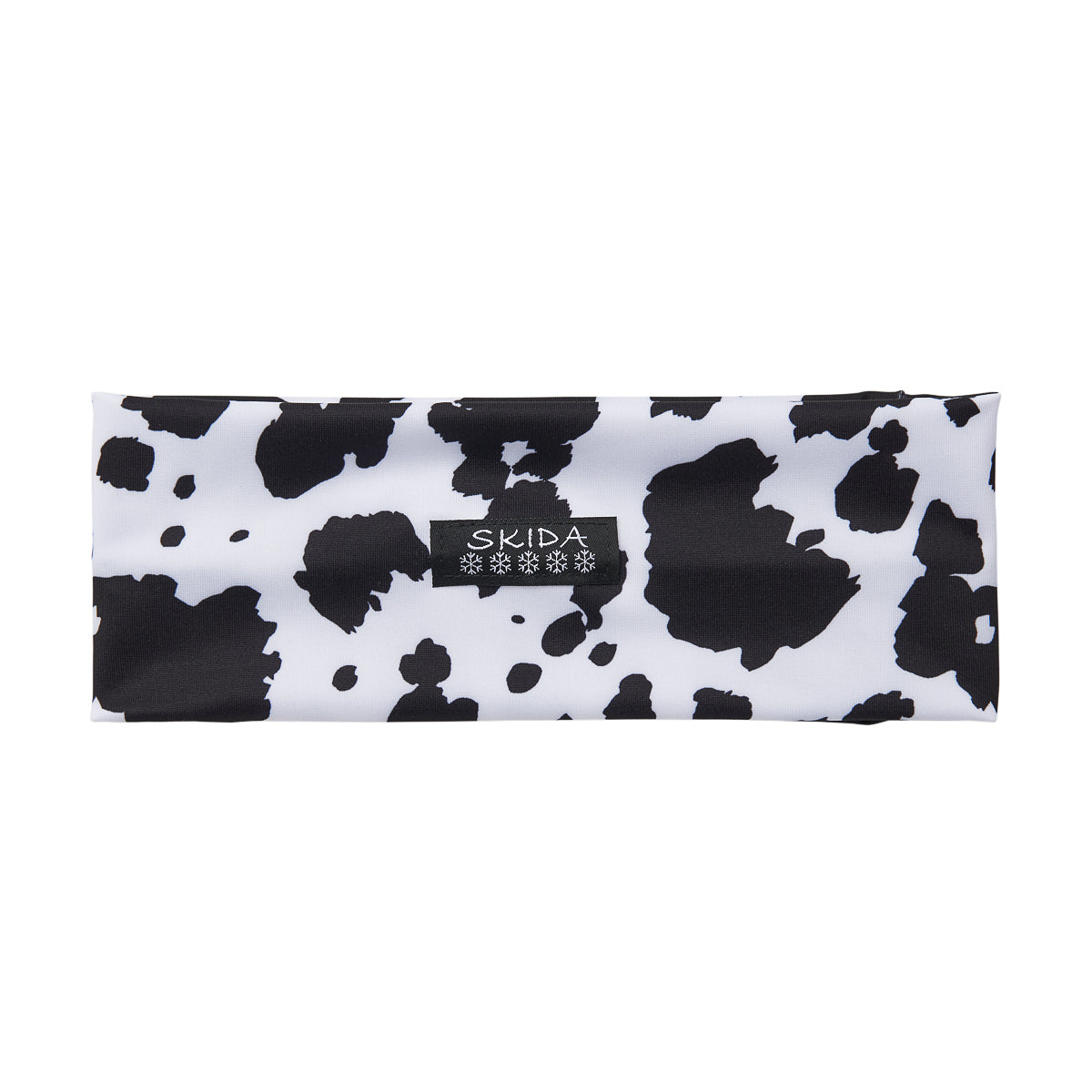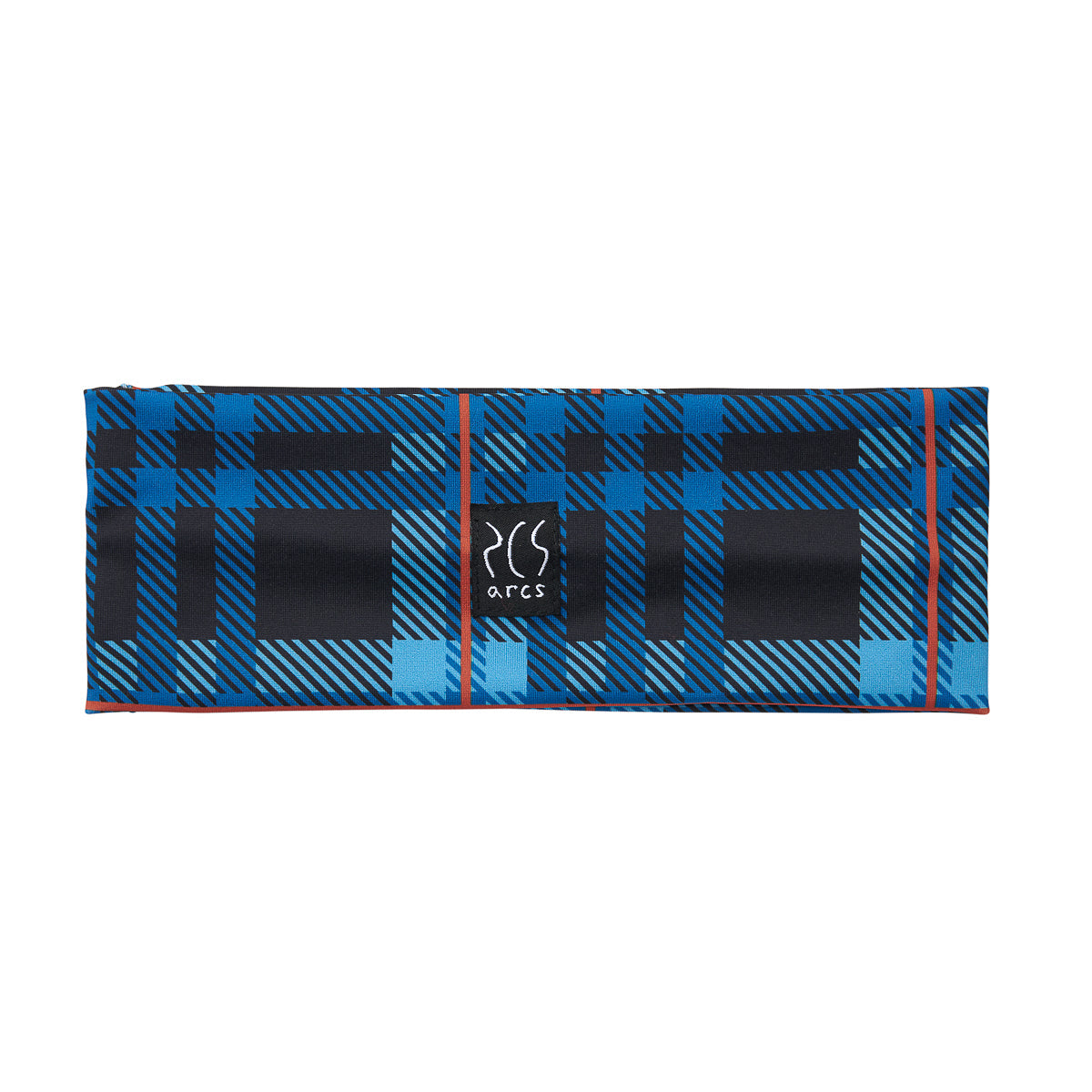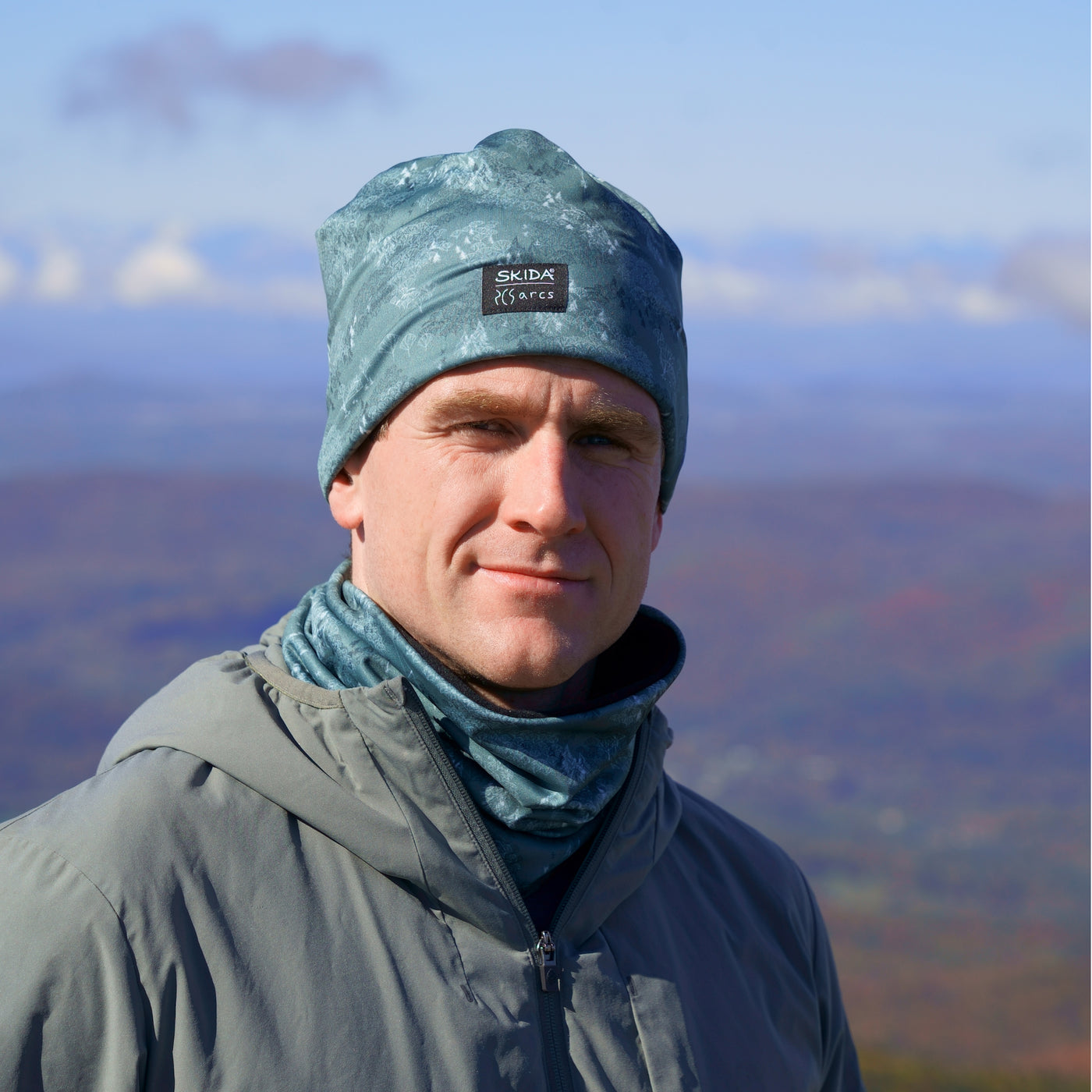
Meet the Athlete:
Ryan Cochran-Siegle
Ryan hails from Skida’s home state of Vermont and continues the skiing legacy of the historic Cochran family. He secured a silver medal in the Super-G at the 2022 Beijing Olympics and earned a third place finish in the downhill competition at Val Gardena last year.
Great success often takes a village; in Ryan's case, this is undoubtedly true (plus, his determination and a lot of hard work). The Cochran family has been known in the ski world for the last fifty years and Ryan is carrying on the family legacy. Read on to learn more about Ryan and his new print, Tow Line.
get to know ryan cochran-siegle
⚡️ Rapid Fire
- If you could compete at the winter Olympics in a different discipline, what would it be? Ice Hockey
- Shout out to _____? Rusty DeWees
- Favorite training snack: UnTapped Maple Syrup
- Your biggest cheerleader: Jessie Lucas
- Favorite Skida print: Moo Cow
- Favorite Skida product: Brim Hat
- Favorite place to ski? Cochran’s Ski Area
- Go-to rest day activity: Sleeping in.
- A woman who inspires you: Jessie Lucas
- Your special trick for staying warm: Double layer long johns.
- The final song on your pump up playlist: Lose Yourself by Eminem
The Milan-Cortina Games
Describe a particular moment at the Games you’re dreaming about (e.g., walking in the opening ceremony, competing in a specific event, sharing the moment with teammates, etc.)
Standing in the start of the downhill, ready for the opportunity to give it my all and take in the moment as best as possible.
What are your sport related goals for the Games? What are your non-sport-related goals for the Games?
My ultimate goal is to win the Olympic downhill. Some probably see this as a lofty dream, but I truly believe I am capable and that’s really all that matters. I would also say our team has a great opportunity of medaling in the team combined as well. Outside of all of that I would say my other goals would be first to actually qualify and secondly enjoy the excitement of the moment and have fun with it.
What other athletes are you rooting for most during this Olympic season?
All my other teammates and the stories that they bring–Paula Moltzan, River Radamus, Ben Ritchie, Bryce Bennett, Mikaela Shiffrin, Lindsey Vonn, Lauren Macuga, Breezy Johnson and everyone else!
What are you most looking forward to about the Olympic experience—both on and off the snow?
On snow, I’m most looking forward to that moment in the start gate—the rush of adrenaline, the quiet before the run, and knowing I’ve done everything I can to be ready. Off the snow, I’m really excited about the community of it all. The Olympics bring together athletes from every corner of the world, each with their own story and journey. I’m also looking forward to representing Vermont and the U.S. on a global stage, and hopefully inspiring some young skiers back home to chase their own dreams.
What do you hope young skiers or fans watching back home take away from your journey to the Games?
I hope young skiers and fans back home see that chasing big dreams doesn’t always require coming from the biggest mountains or the flashiest programs—it just takes heart, consistency, and belief. Growing up in Vermont, I learned that a small hill and a supportive community can take you a long way if you’re willing to put in the work.
on the olympics:
"To step onto the Olympic stage as a Cochran is a reminder of everything they built before me: the values of humility, resilience, and giving your best no matter the circumstances. I get to honor the generations who paved the way, while hopefully showing the next generation that a small hill and a big heart can take you far."
-Ryan Cochran-Siegle
Helmets Off
What do you do to bring yourself joy during a big training block or during stressful parts of the season?
For me, joy usually comes from keeping things simple and grounding myself in the parts of life that remind me why I started skiing in the first place. During a big training block or stressful stretch of the season, I try to carve out little moments that have nothing to do with performance—like calling a loved one back in Vermont, finding something intriguing to take a photo of, or just going for a walk and breathing fresh air without an agenda.
Are there any mental strategies you rely on when things get tough? If so, what are they?
In moments where I start to feel the pressure and think too much about performing, I tend to fall back to my breath in order to best find calm and inner peace.
How do you prepare to perform on race day? Do you have any rituals, lucky objects, or superstitions?
I try to stick to the basics the same as any other day with an early wake up and warm up, eating a full breakfast with coffee, and finding a good feeling on skis that I want to emulate in the race course. Overall I find that if I can go with the flow over the course of the day I tend to perform in the space that I want to.
If you had to sum up your approach to this Olympic year in three words, what would they be?
Enjoy each moment.
A Few More Q's
Growing up in the Cochran family, skiing is practically in your DNA. What does carrying that legacy into another Olympics mean to you?
Carrying the Cochran family legacy into another Olympics is both humbling and motivating. I grew up on that little hill in Vermont where my mom, aunts, uncle, and cousins all learned to ski. From an early age I saw that skiing wasn’t just about racing—it was about community, joy, and hard work. To step onto the Olympic stage as a Cochran is a reminder of everything they built before me: the values of humility, resilience, and giving your best no matter the circumstances. I get to honor the generations who paved the way, while hopefully showing the next generation that a small hill and a big heart can take you far.
You’ve talked before about how your family approaches skiing with both joy and grit—how does that mindset show up for you on race day?
Joy and grit together help keep me balanced. Grit shows up in the preparation—the early mornings, the focus on details, the determination to push through tough conditions. That’s the part of my family’s mindset that keeps me steady and reminds me to give absolutely everything I have between the start and finish. My family has also always believed skiing should be fun, no matter how high the stakes get. So when I’m in the start gate, I try to tap into that feeling—the thrill of flying down the hill, the love of the sport that got me here in the first place. Each characteristic allows me to race with intensity but also with perspective, remembering that at the heart of it, skiing is something I get to do, not something I have to do. That mindset makes me perform my best.
You had a huge moment in Beijing with your Super-G silver. How has that result shaped your goals and confidence heading into these Games?
The silver in Beijing has helped validate all the years of hard work, the setbacks, and the grind. It ultimately showed me that I can compete with the very best on the biggest stage. Knowing this gives me confidence heading into these Games, knowing I have the ability to rise to the moment.
The U.S. Men’s Alpine Team has a strong crew of veterans and younger athletes. What’s the current team culture like, and what does being part of a team mean to you?
Our team has a strong dynamic going on right now, blending professionalism and purpose into our work while also maintaining a fun and enjoyable atmosphere that gives us a healthy space to push one another to be better. We are all very competitive and want to be skiing the fastest each and every day, so it’s great having everyone contribute in their own positive capacity. I would also say for us older guys we are trying to pass on all of our experience in order to help the younger guys make that next step into consistent performances in the top 30 and beyond.
What’s one moment from training camp or a race this year that made you feel especially proud of this team?
When we got down to Chile for our second training camp, our cargo full of ski gear from Europe got delayed a couple days so most of us didn’t have anything to ski with initially. Rather than sit around and complain about the situation, we all came together and divided up what everyone needed to be able to ski and train those first couple days. Having the ability to go with the flow as a team and make the best of a situation really showed our cohesiveness and positive mindset.
You’ve talked about your desire to pass the values and experiences you grew up with at Cochran’s on to future generations. What exactly do you hope to push forward?
What I really hope to carry forward are the values that have always defined Cochran’s: humility, hard work, joy, and community. Growing up, skiing wasn’t about medals or recognition—it was about piling into the lodge with friends, helping each other on the rope tow, and learning that effort matters more than results. I want future generations to know that you don’t need the biggest hill or the fanciest gear to dream big. What matters is showing up, putting in the work, and remembering to have fun along the way. I hope to pass forward that sense of community my family built—where everyone feels welcome, supported, and encouraged to find their love for skiing at their own pace. At the end of the day, it’s not just about raising great skiers—it’s about raising good people. If I can help the next generation carry that spirit, then I’ll feel like I’ve done my part in keeping the Cochran legacy alive.

